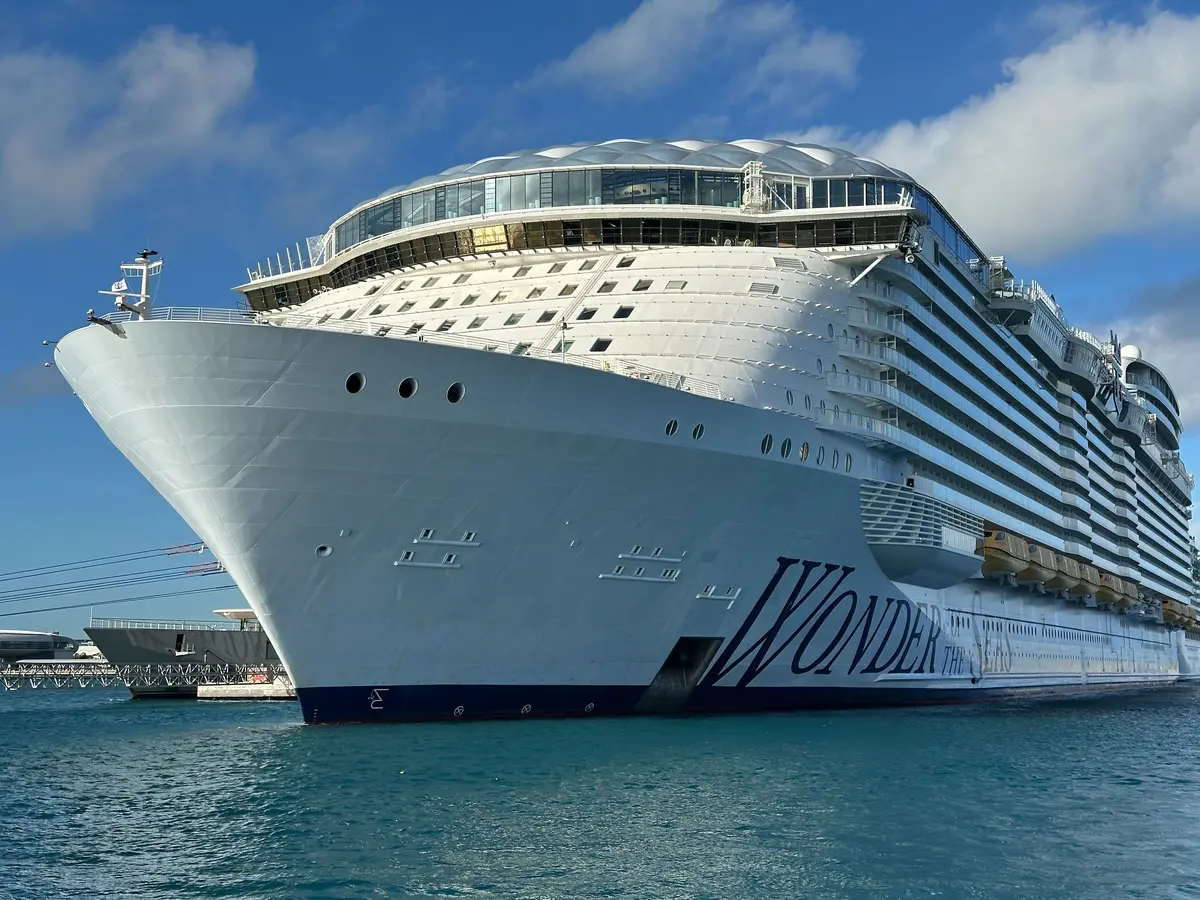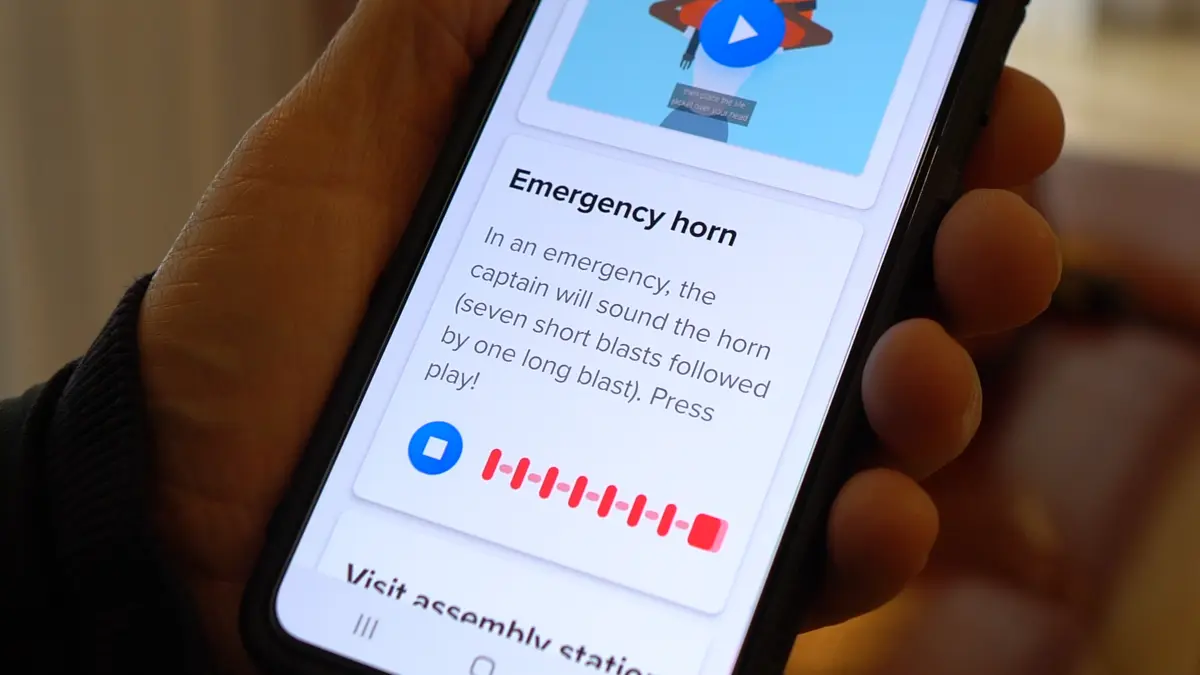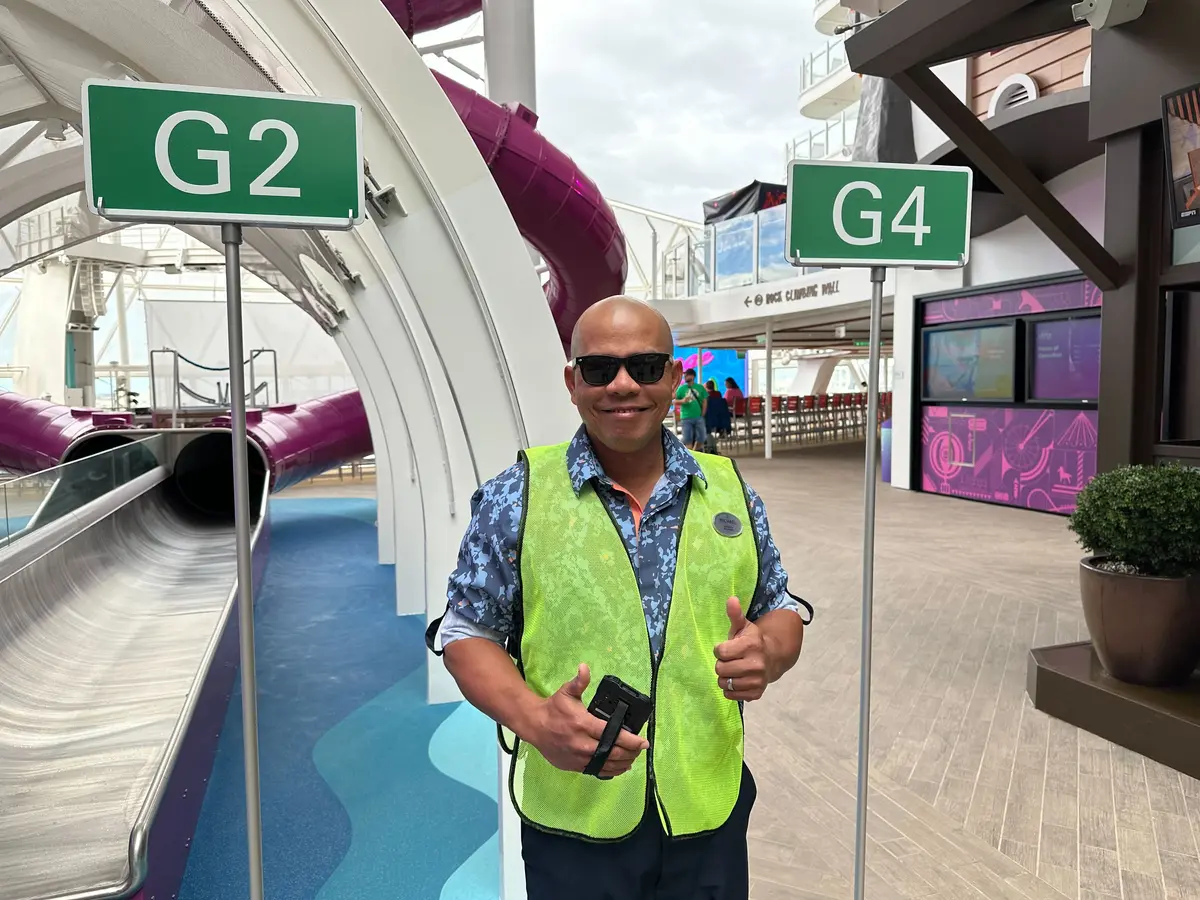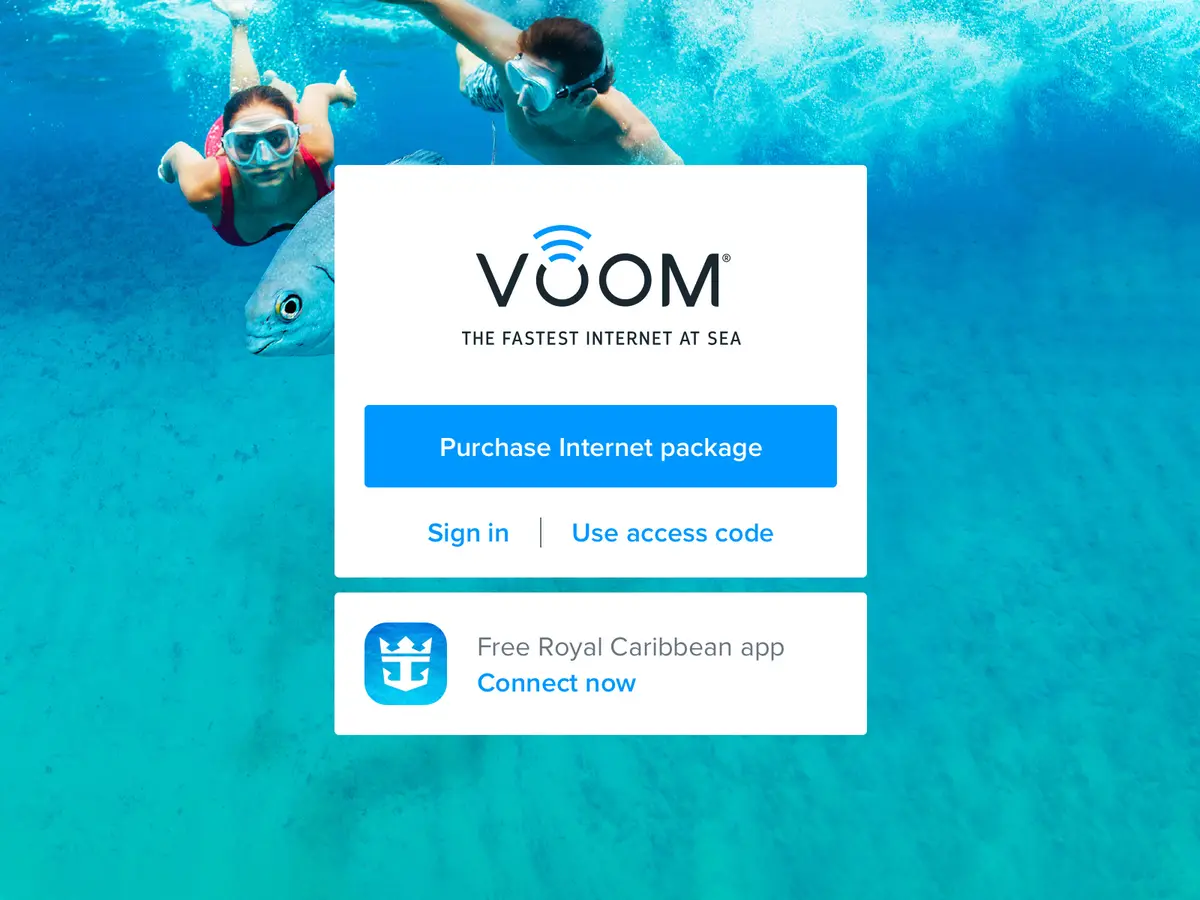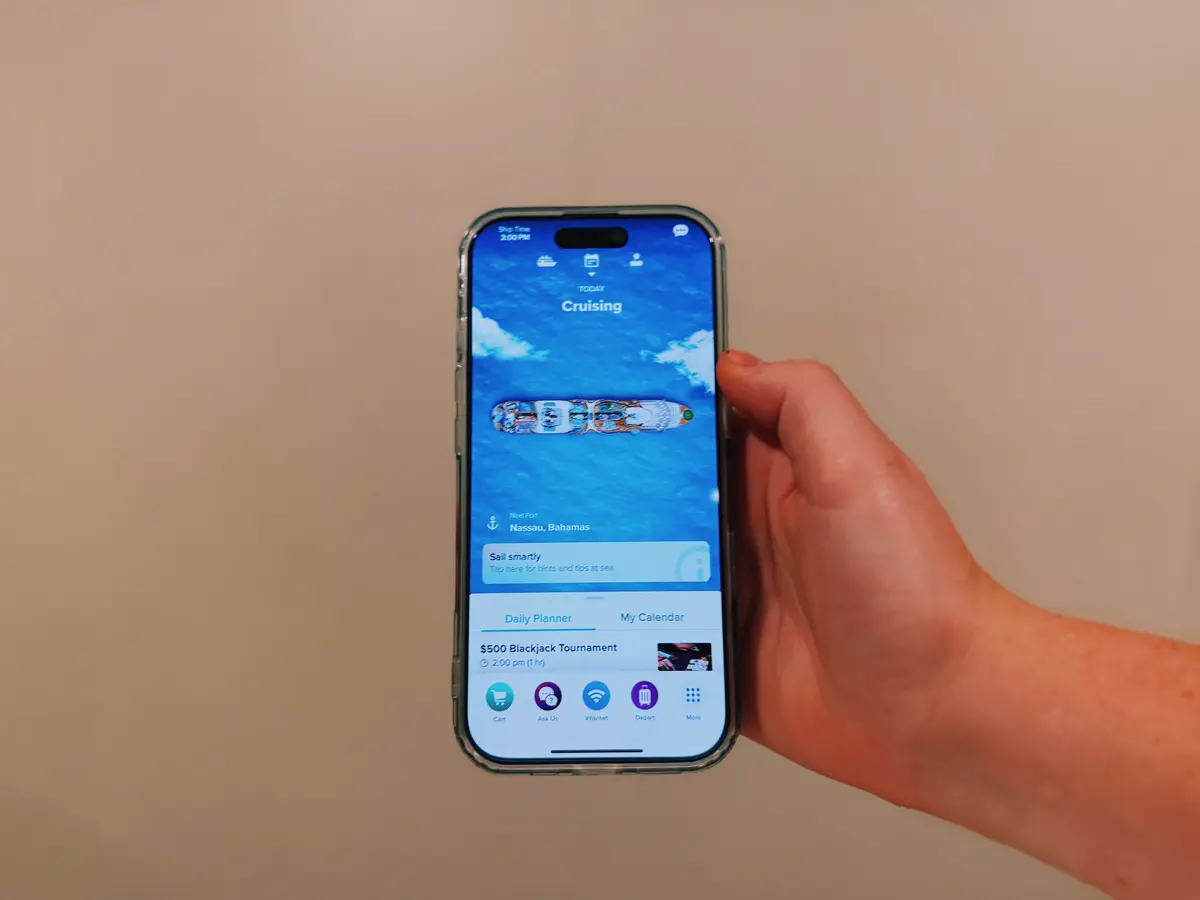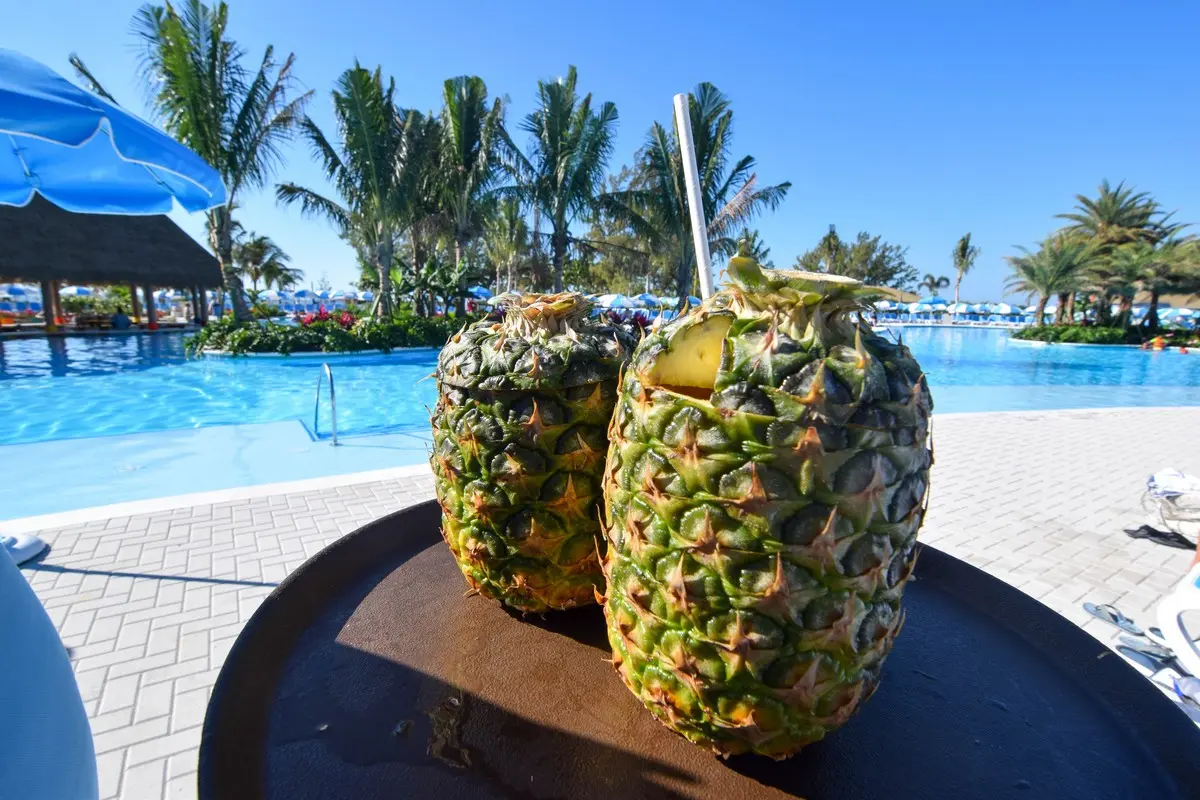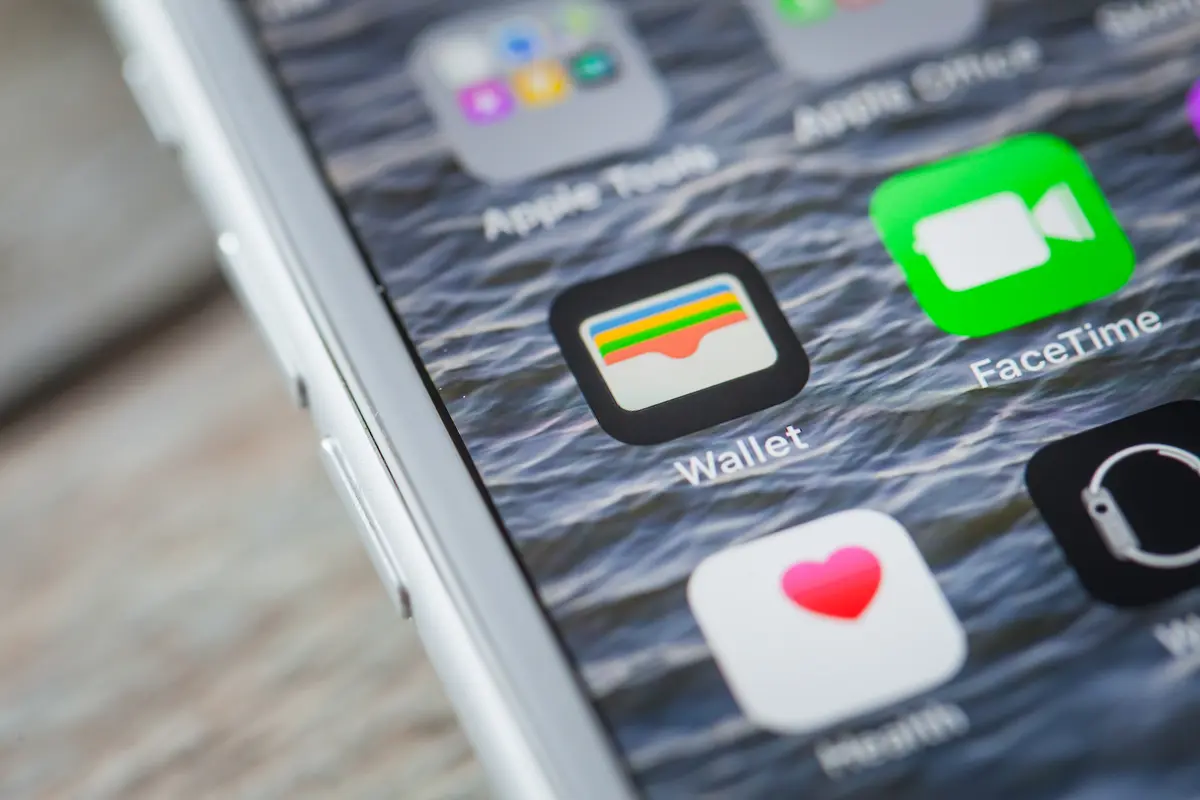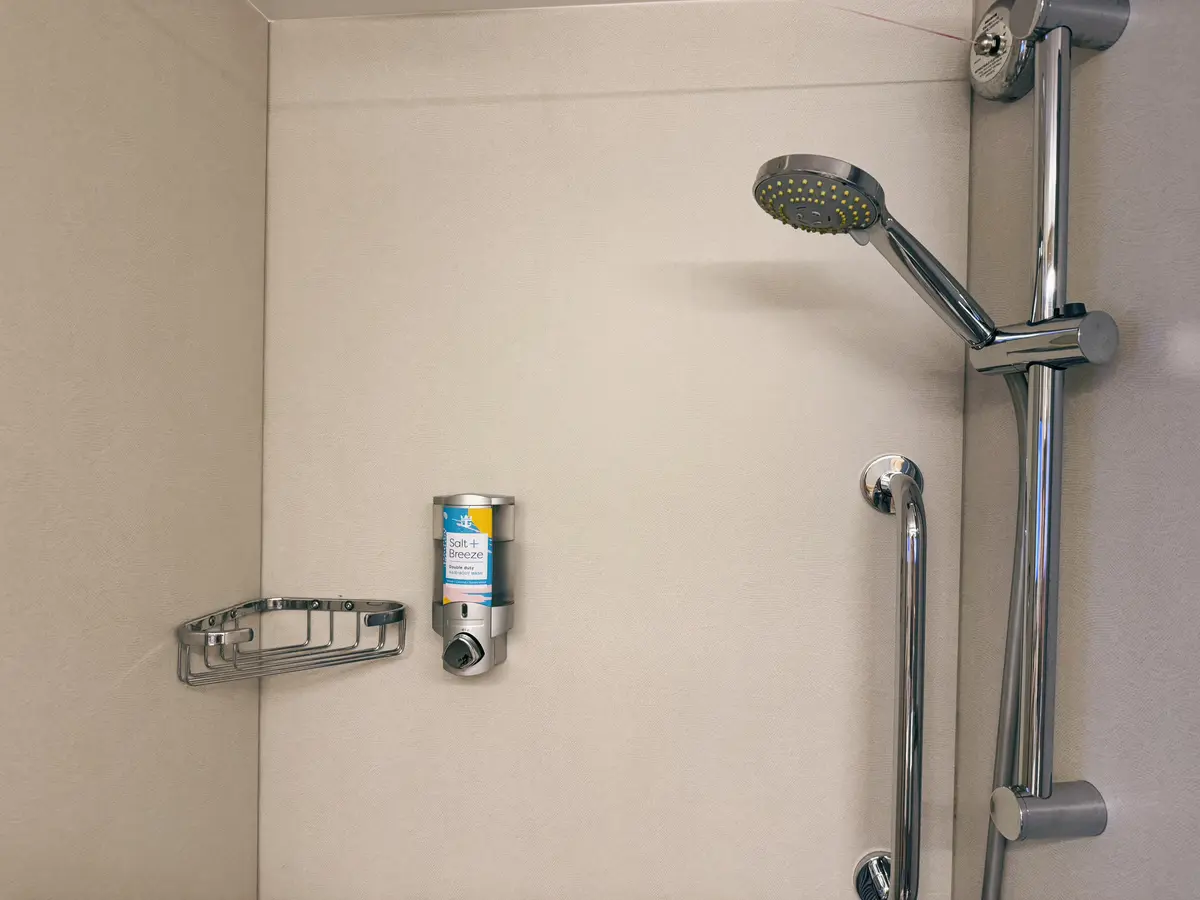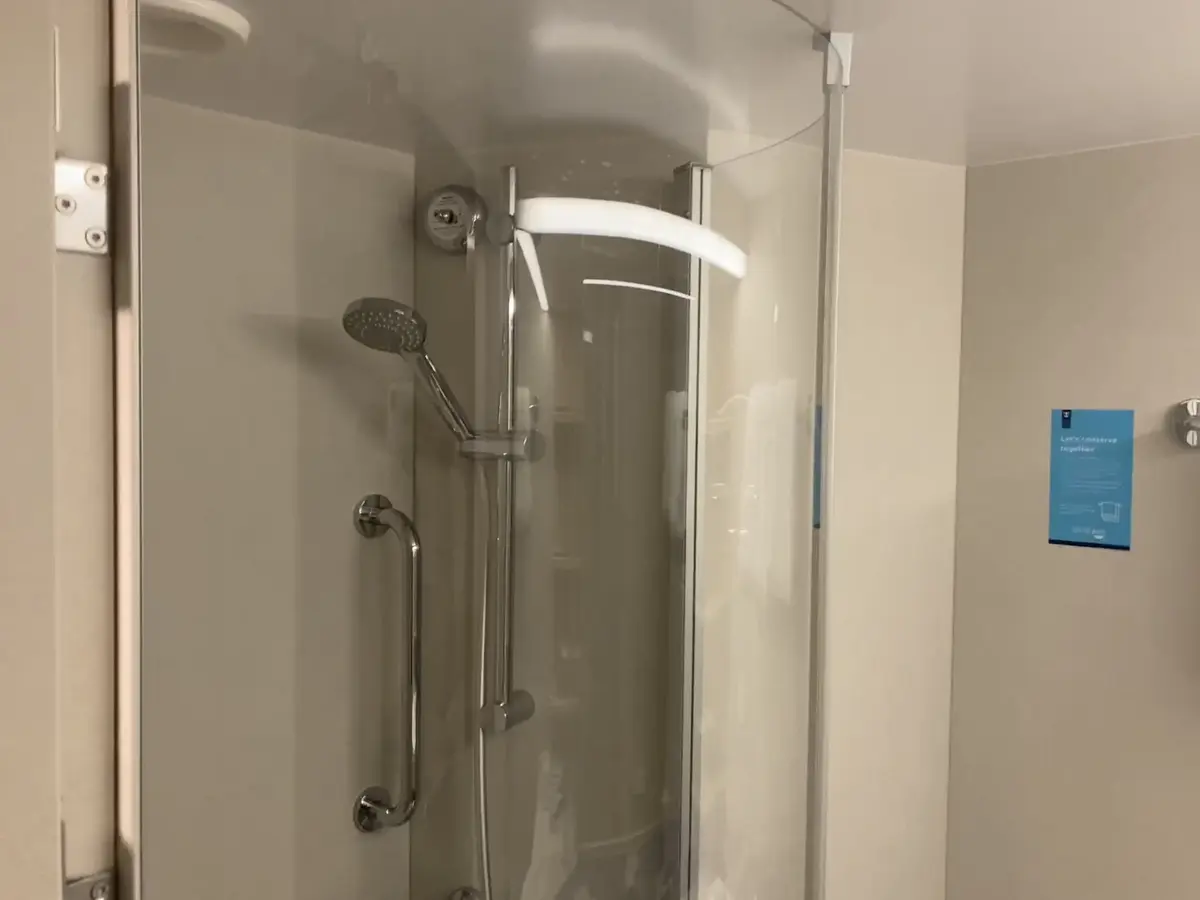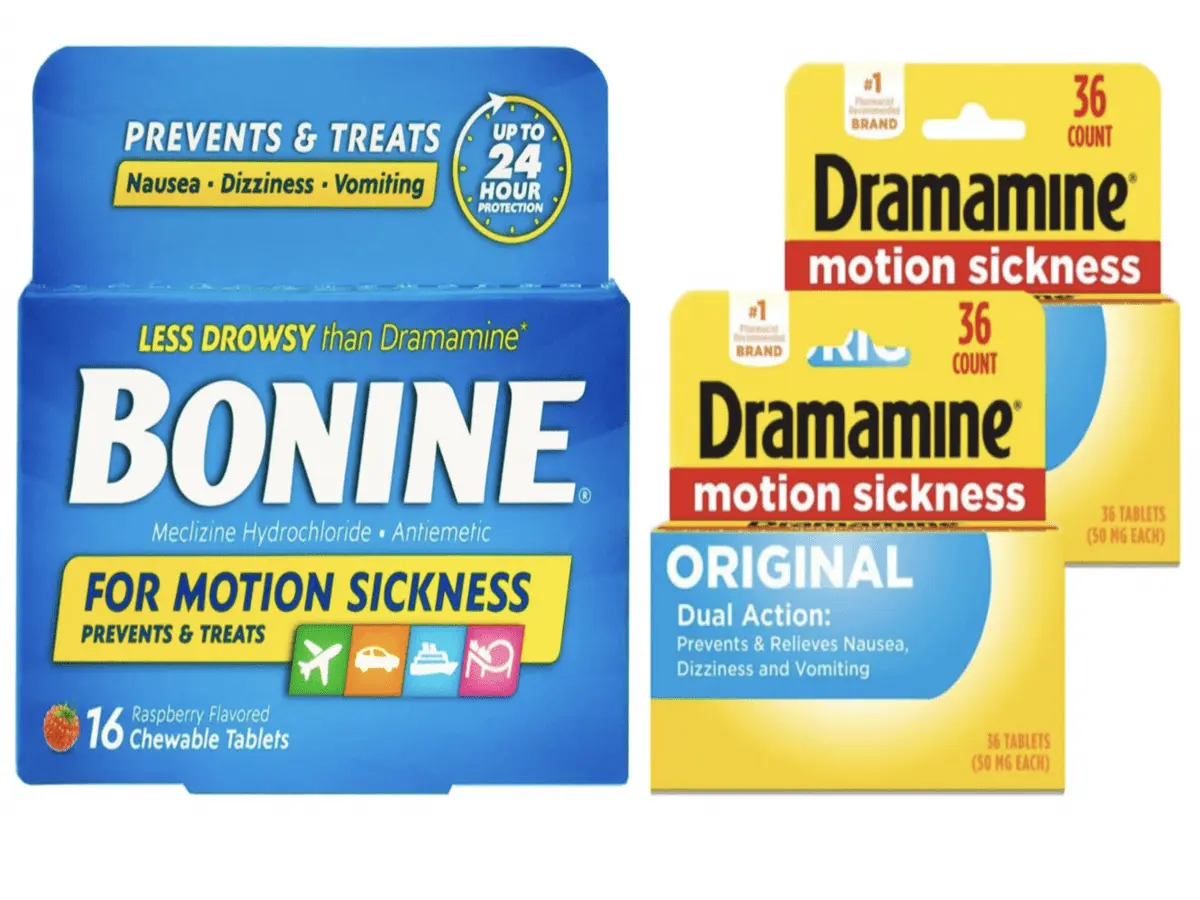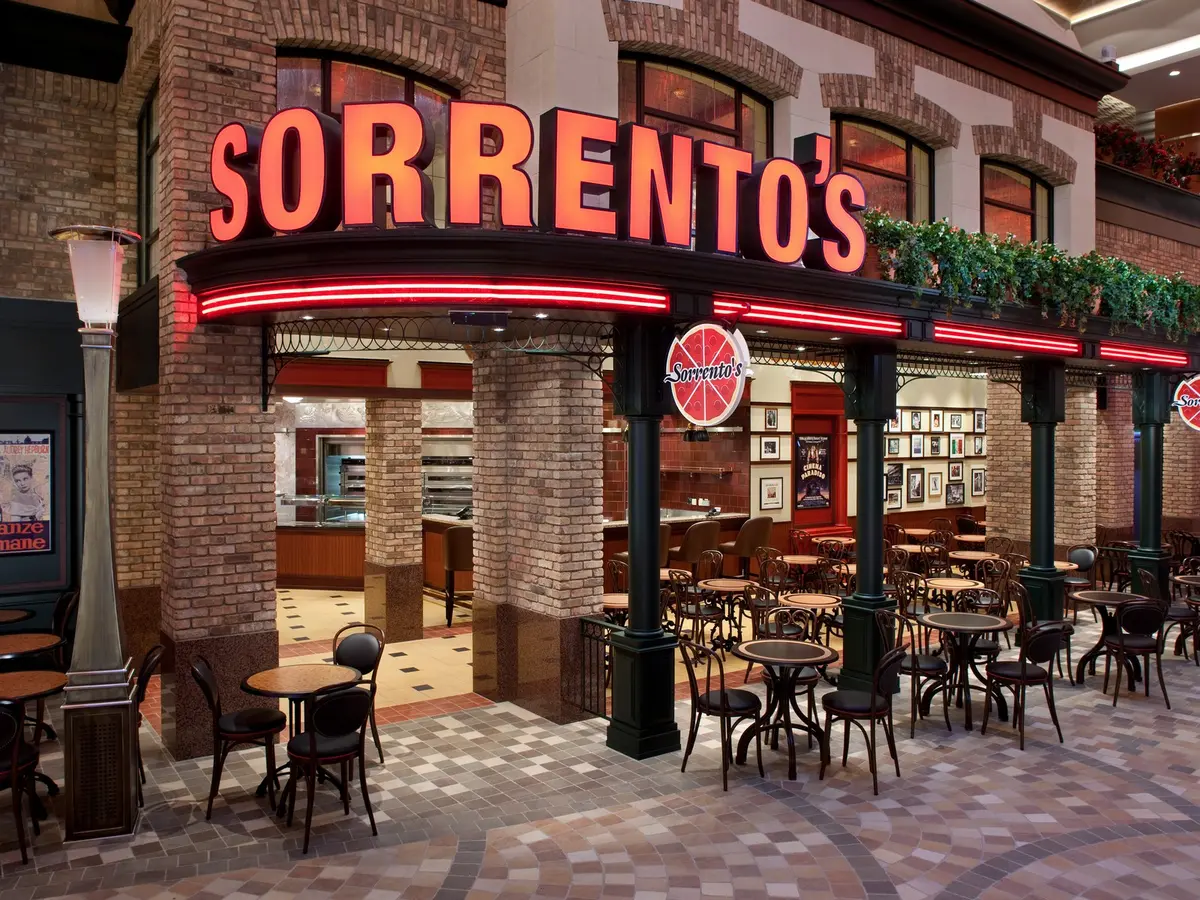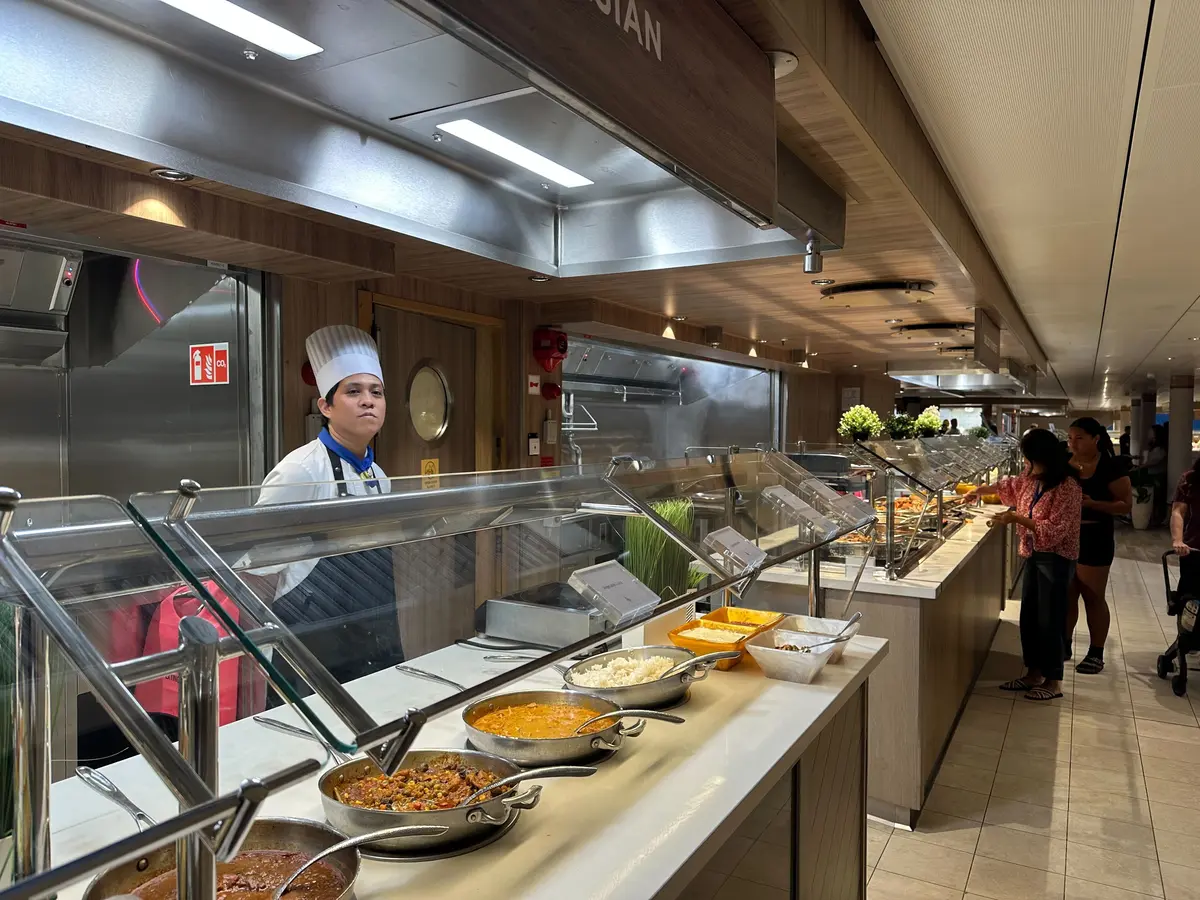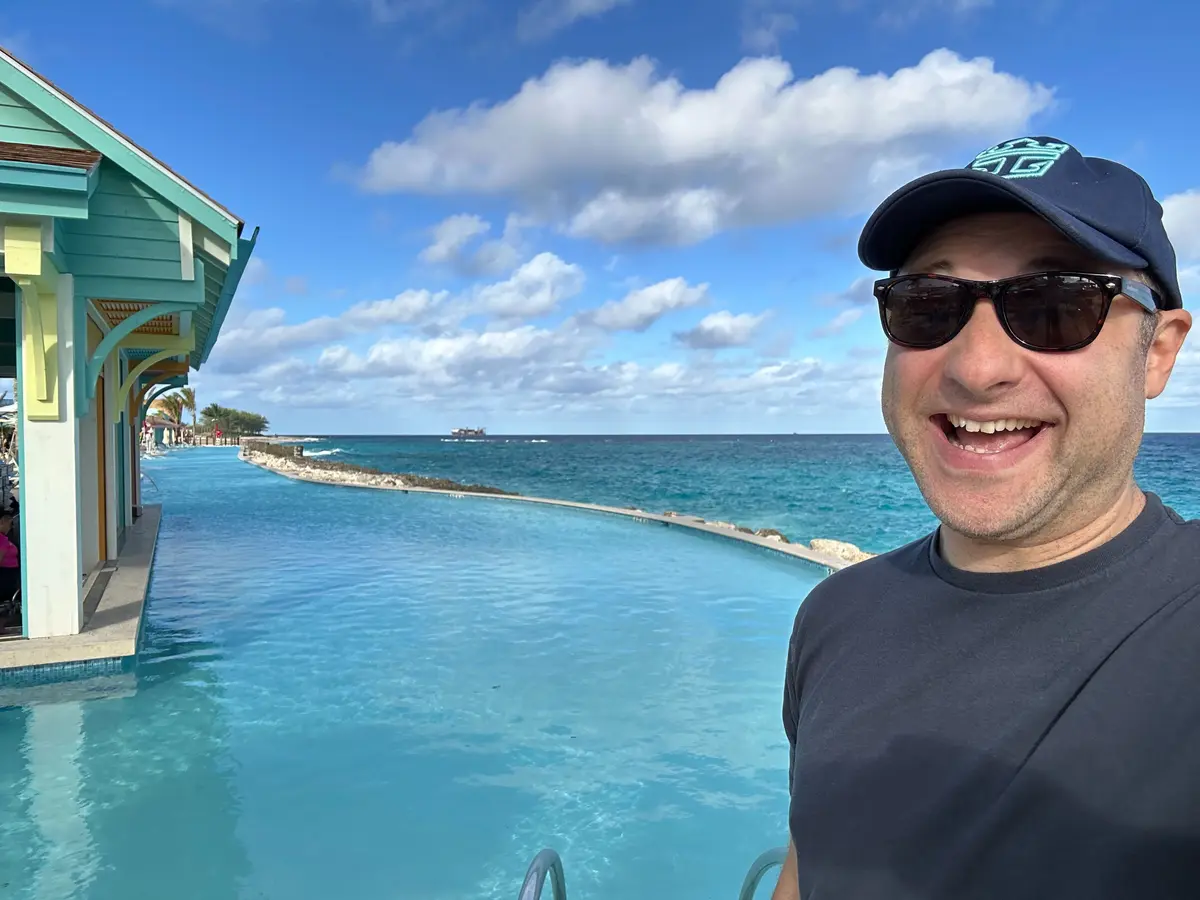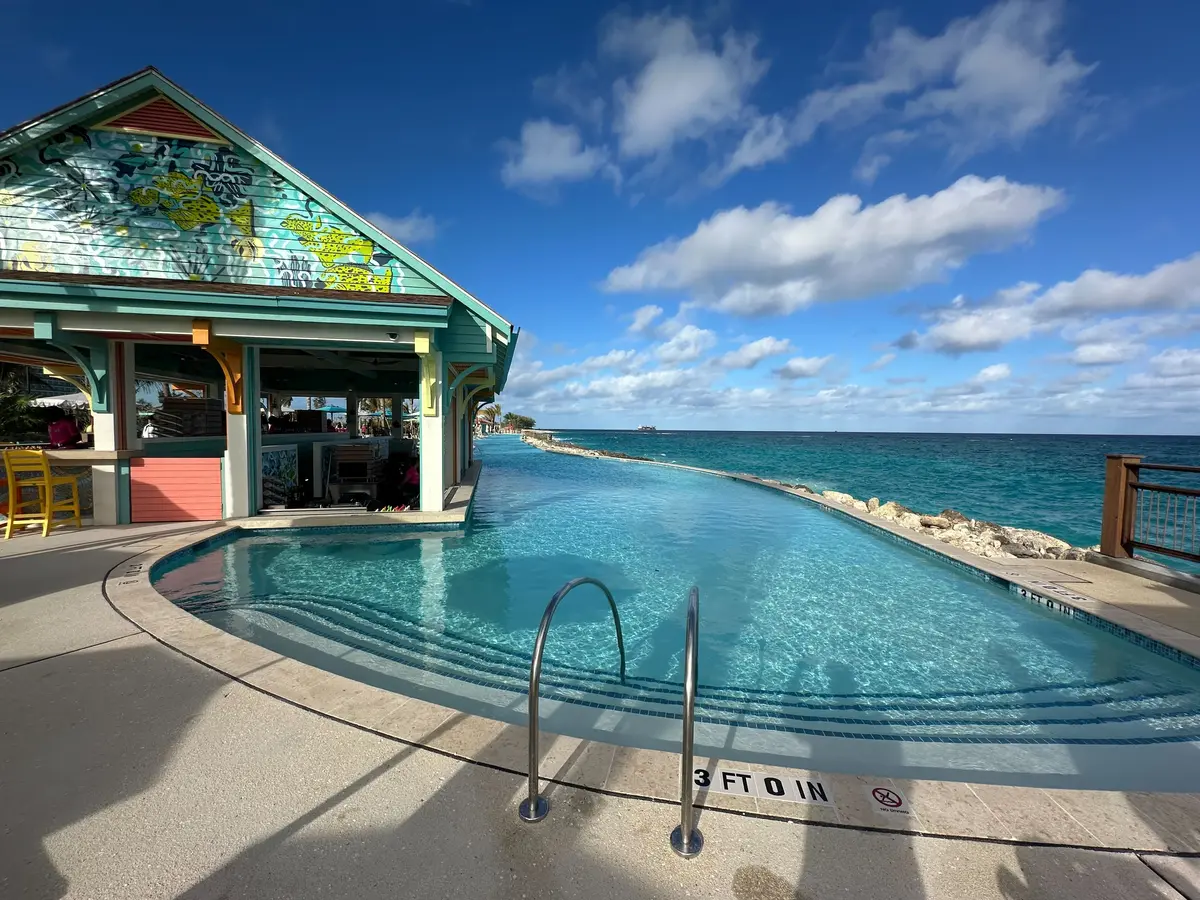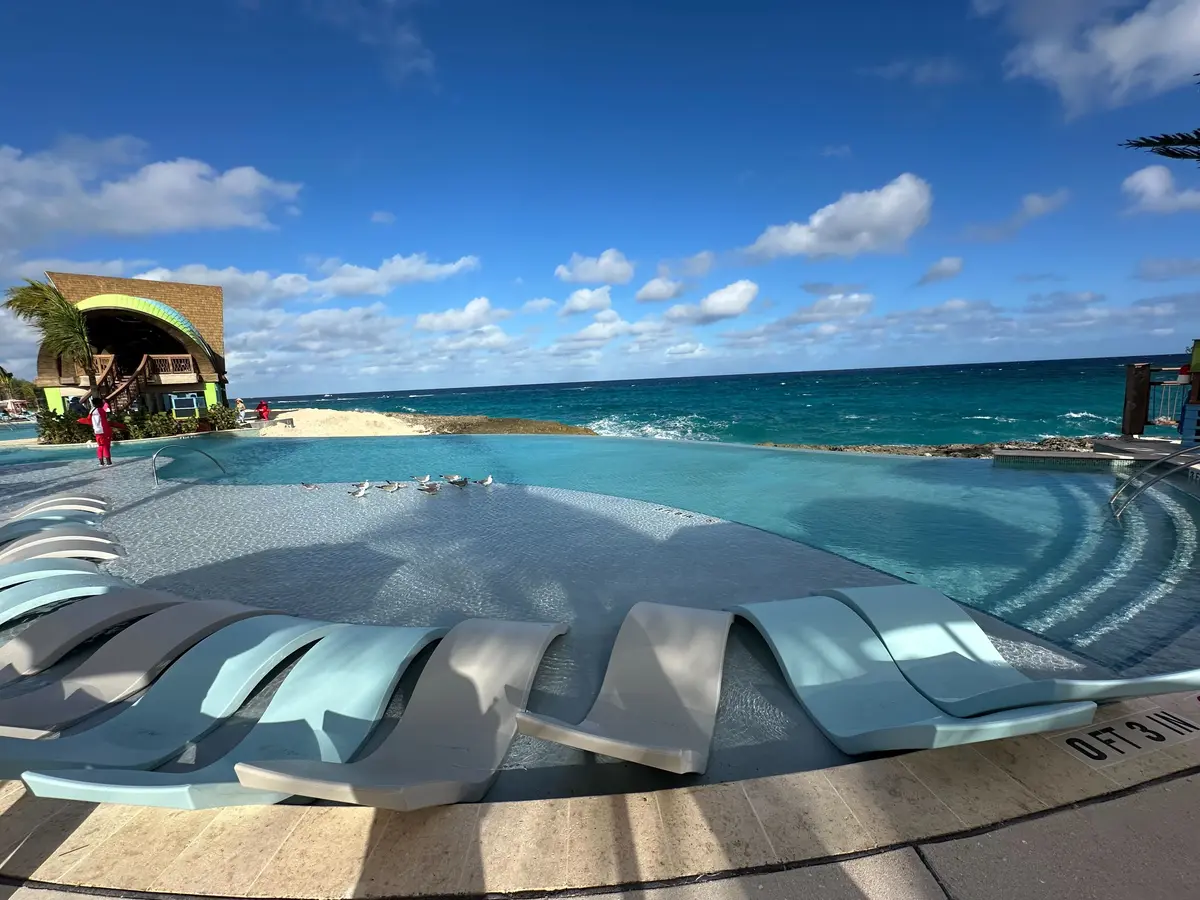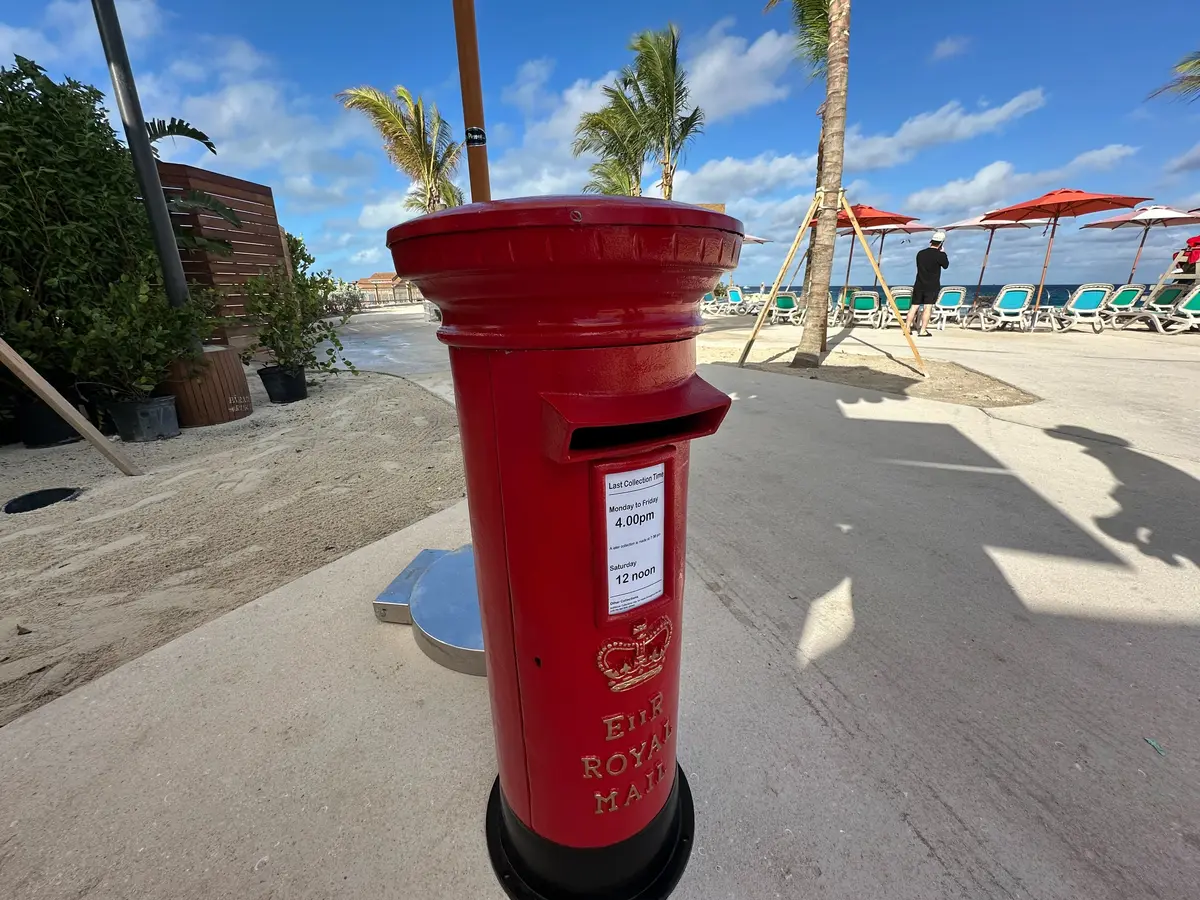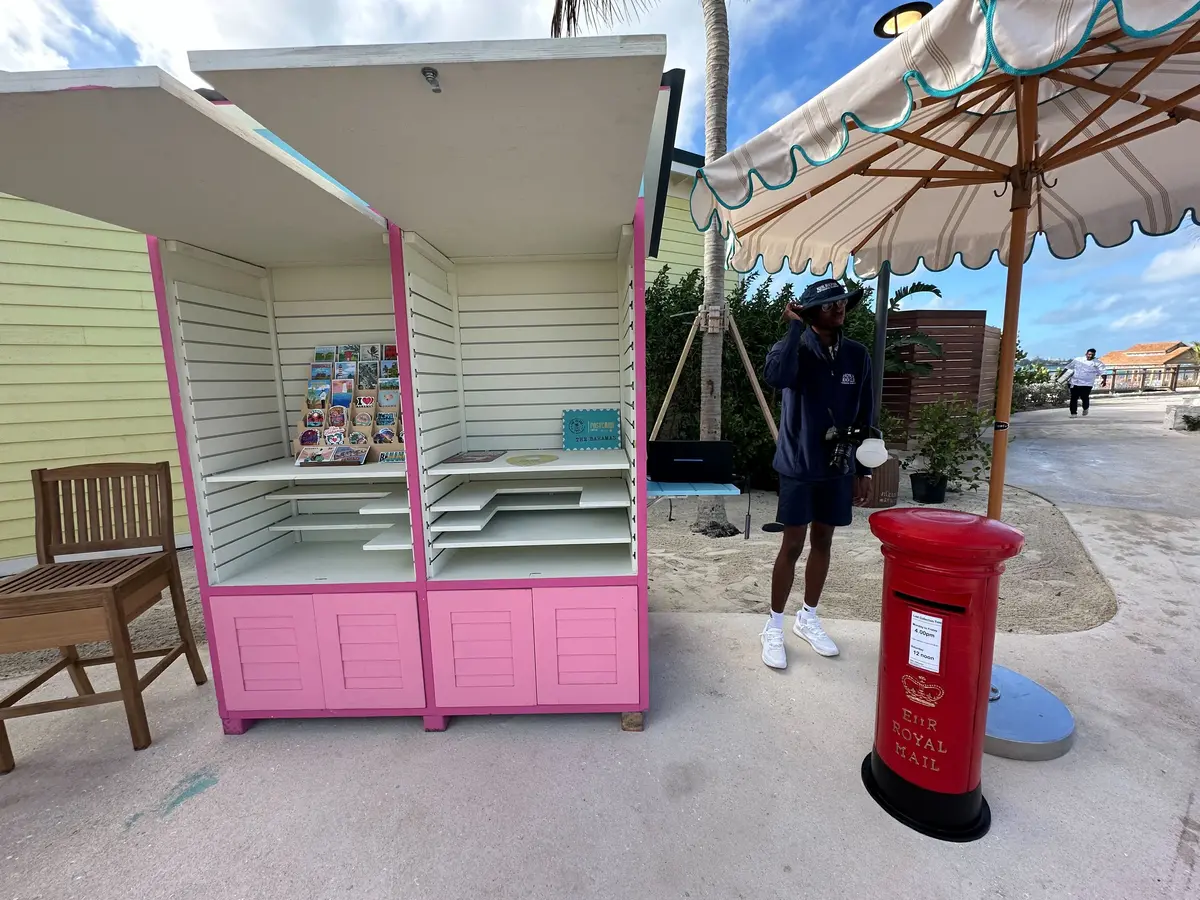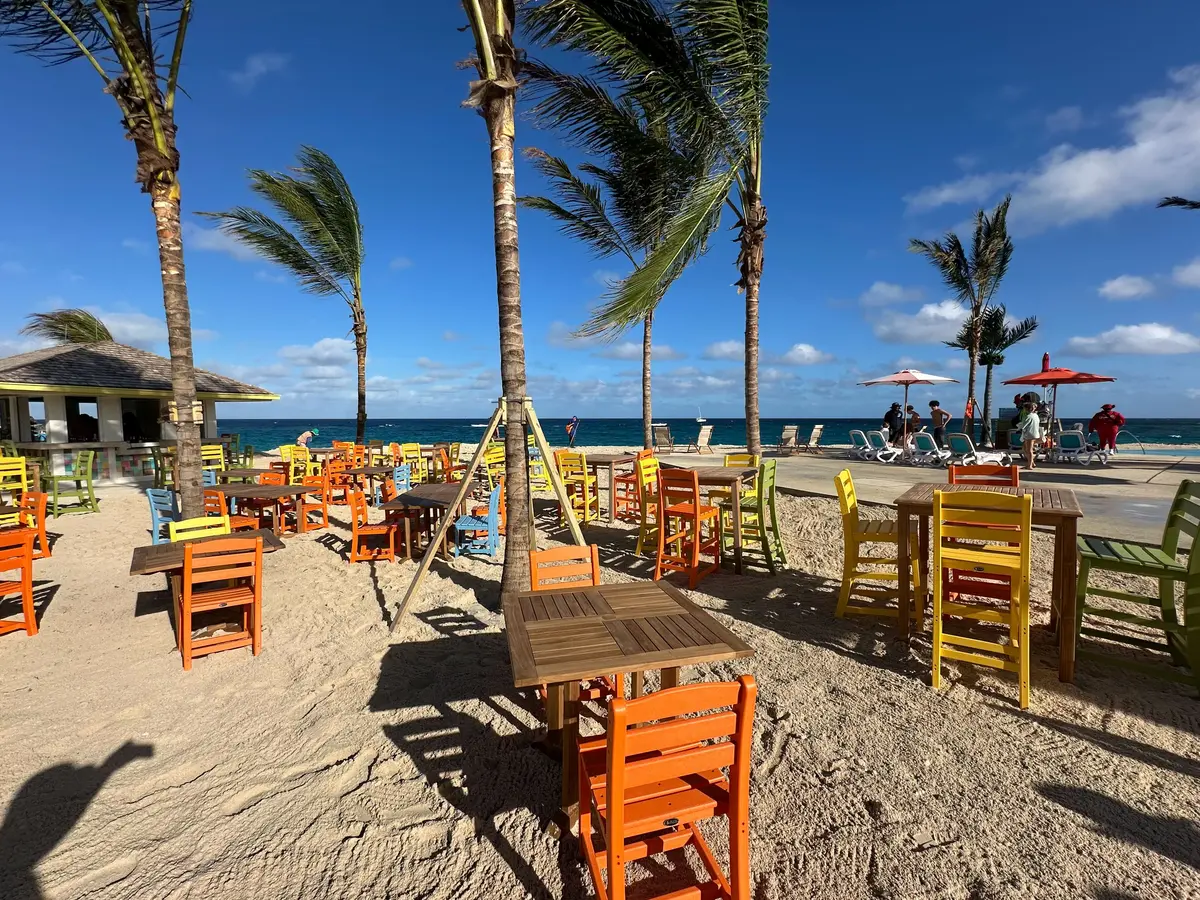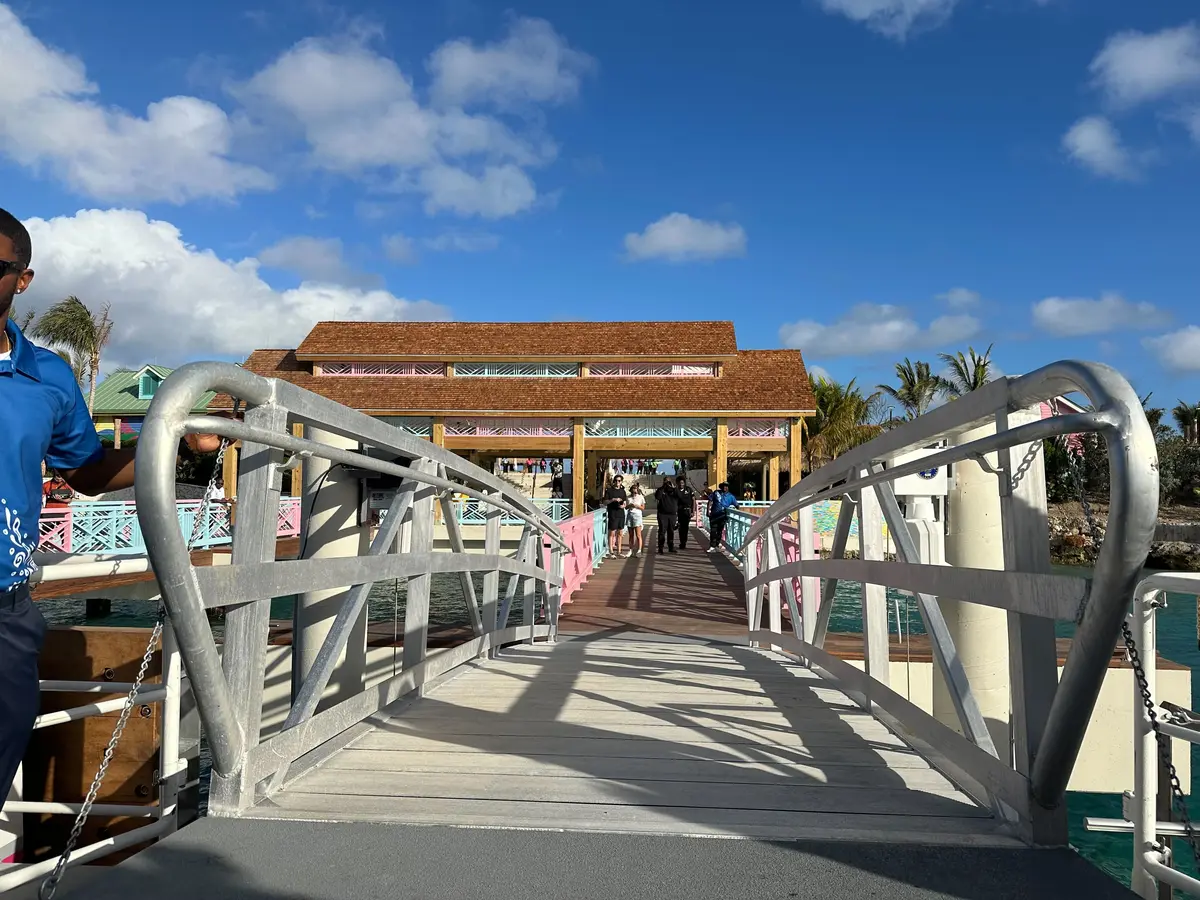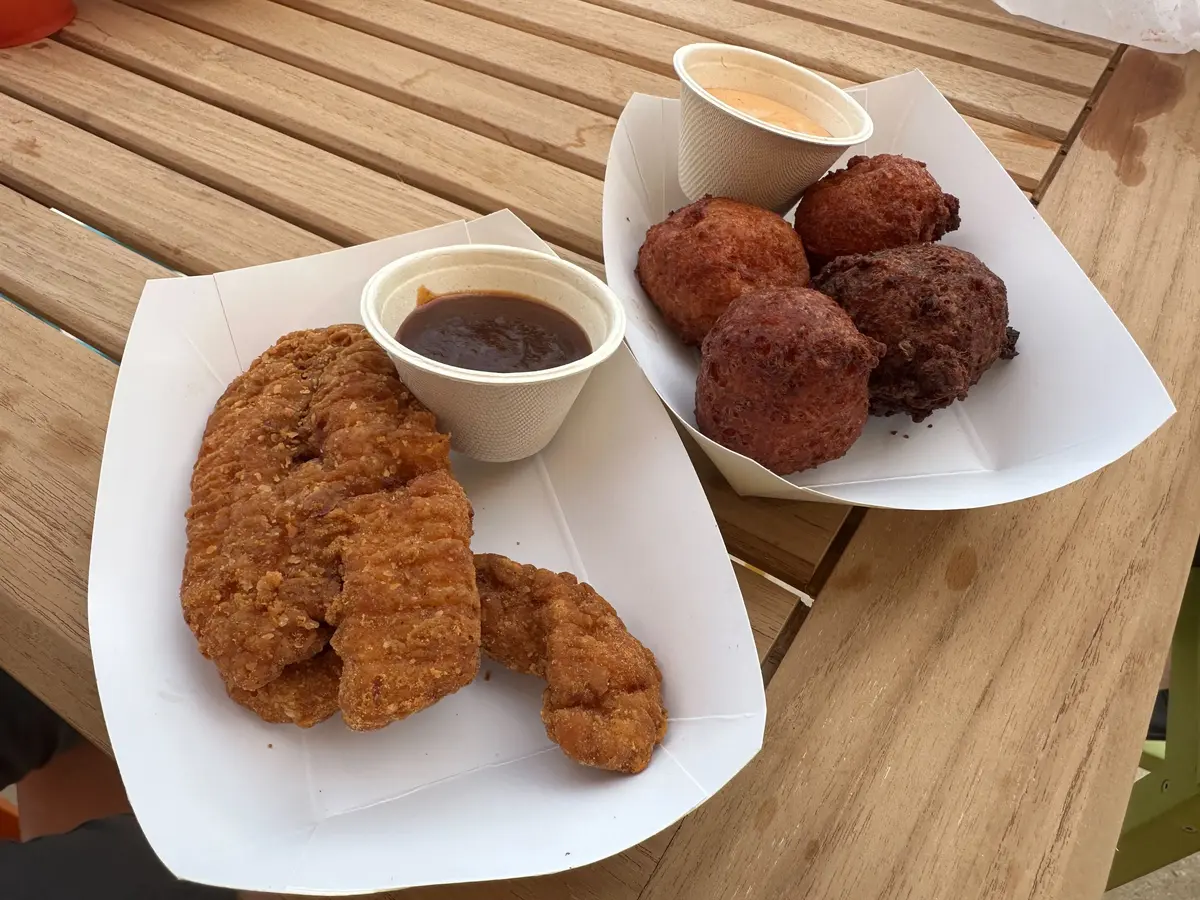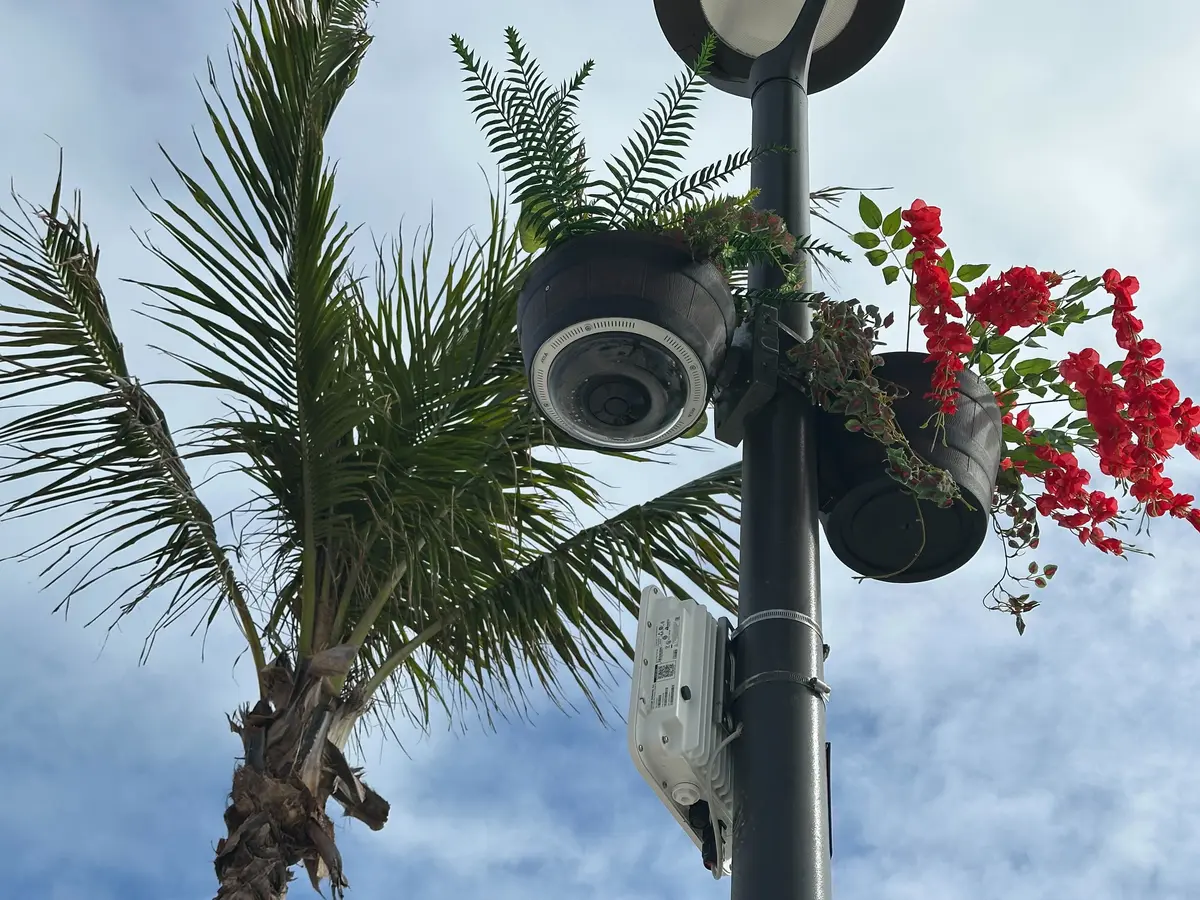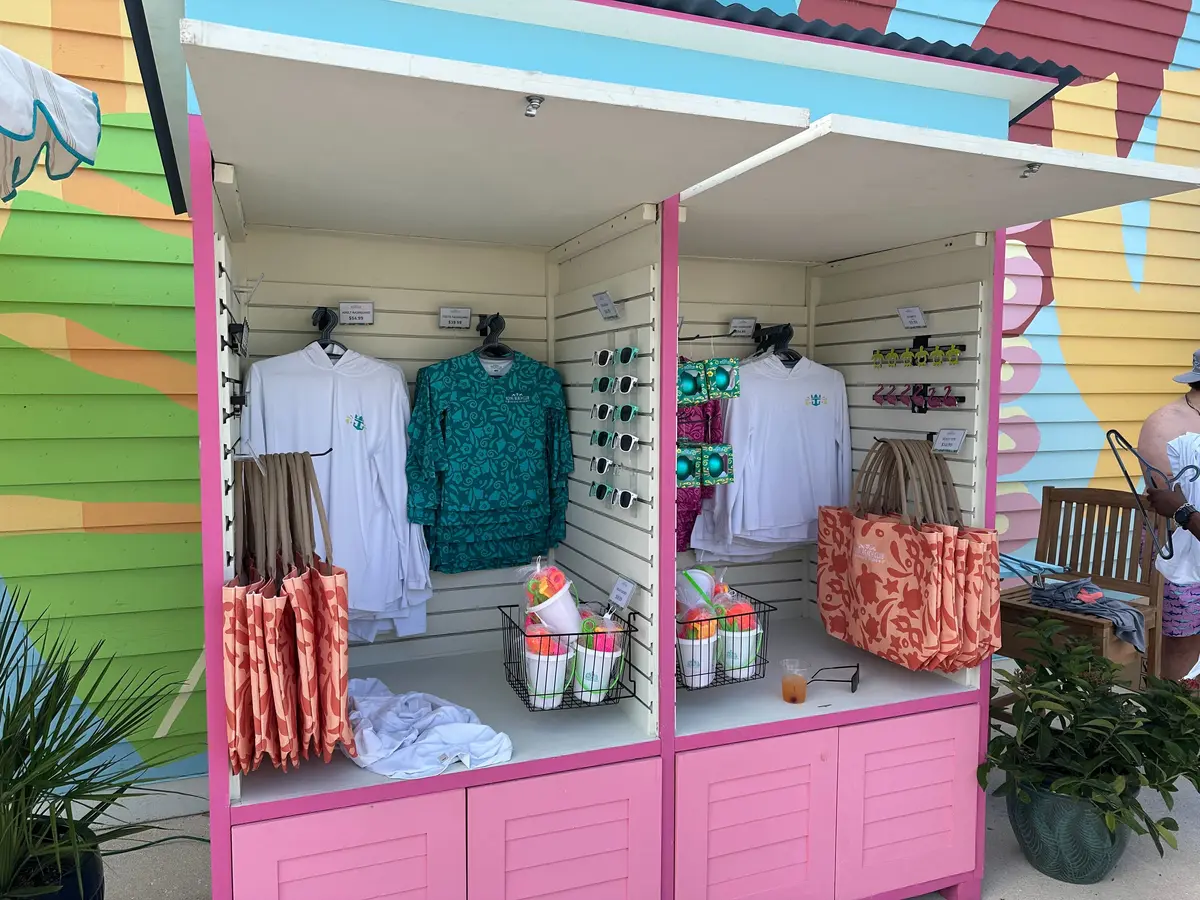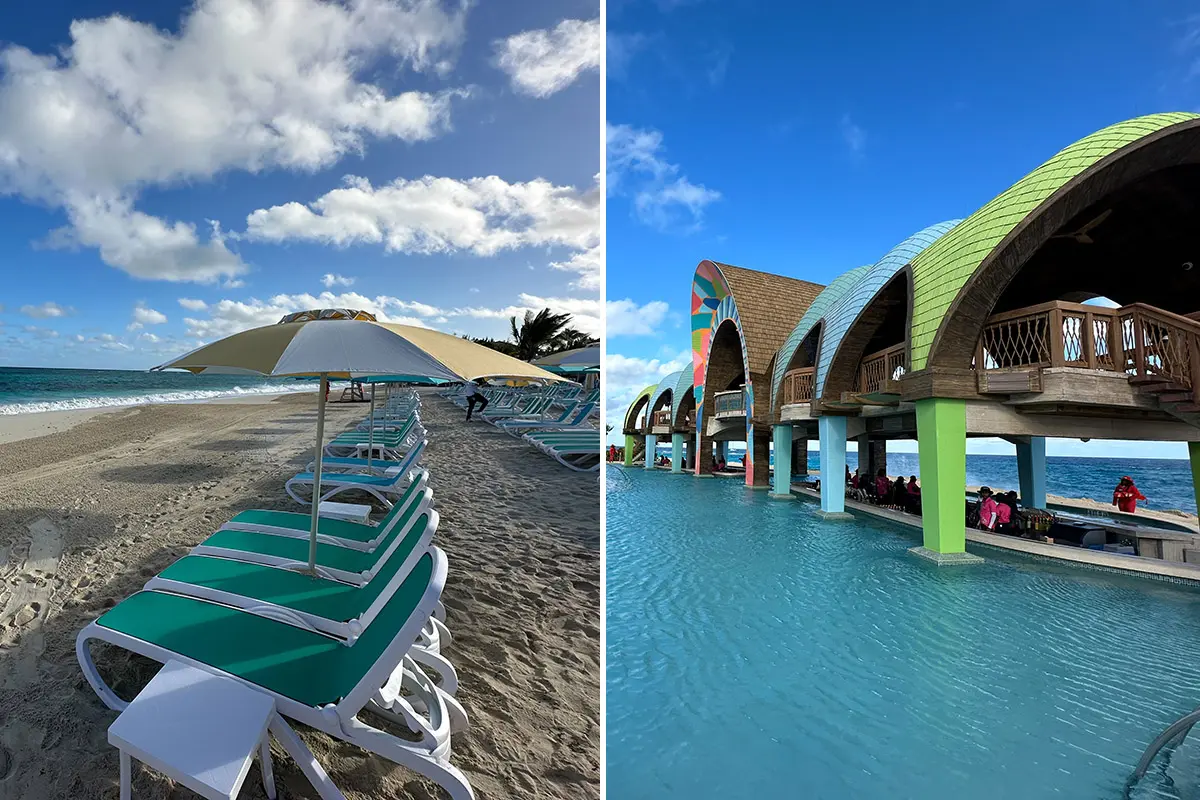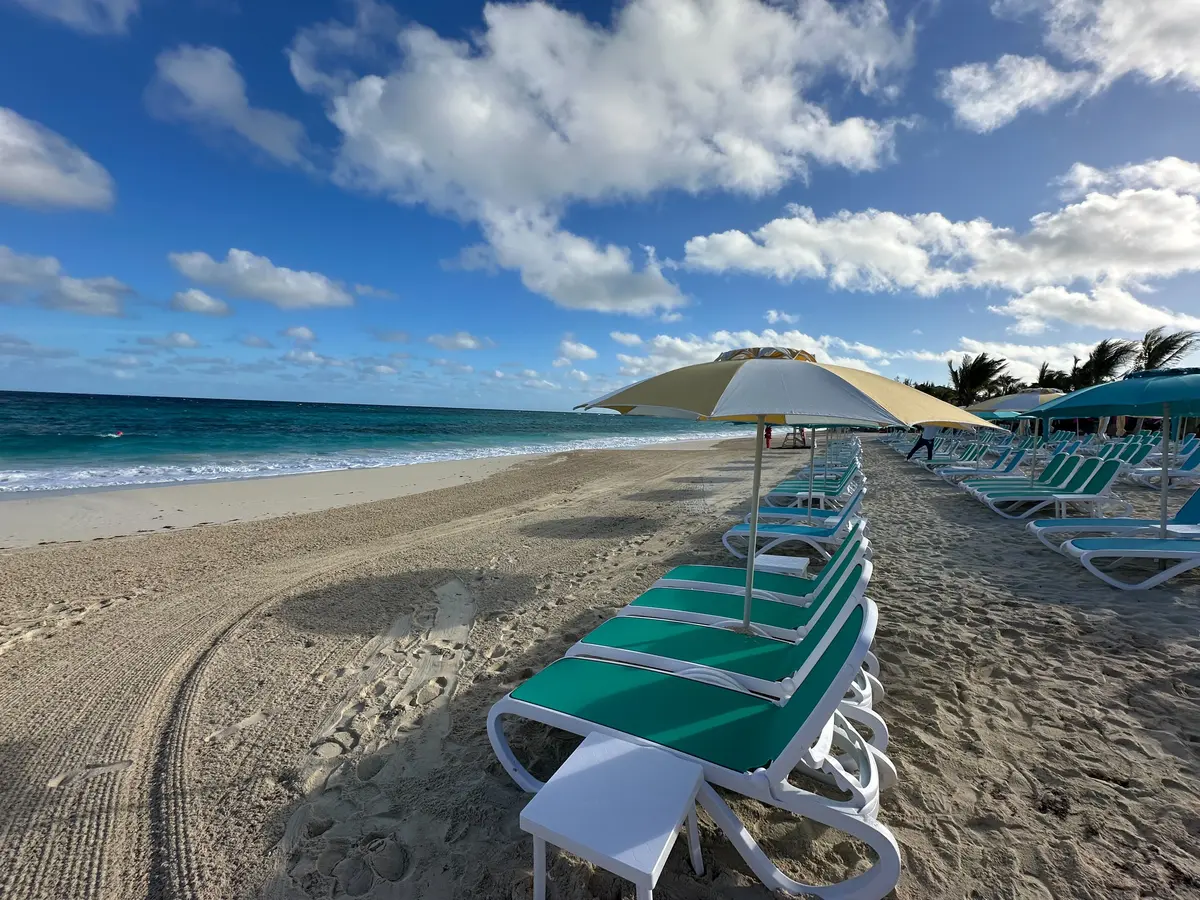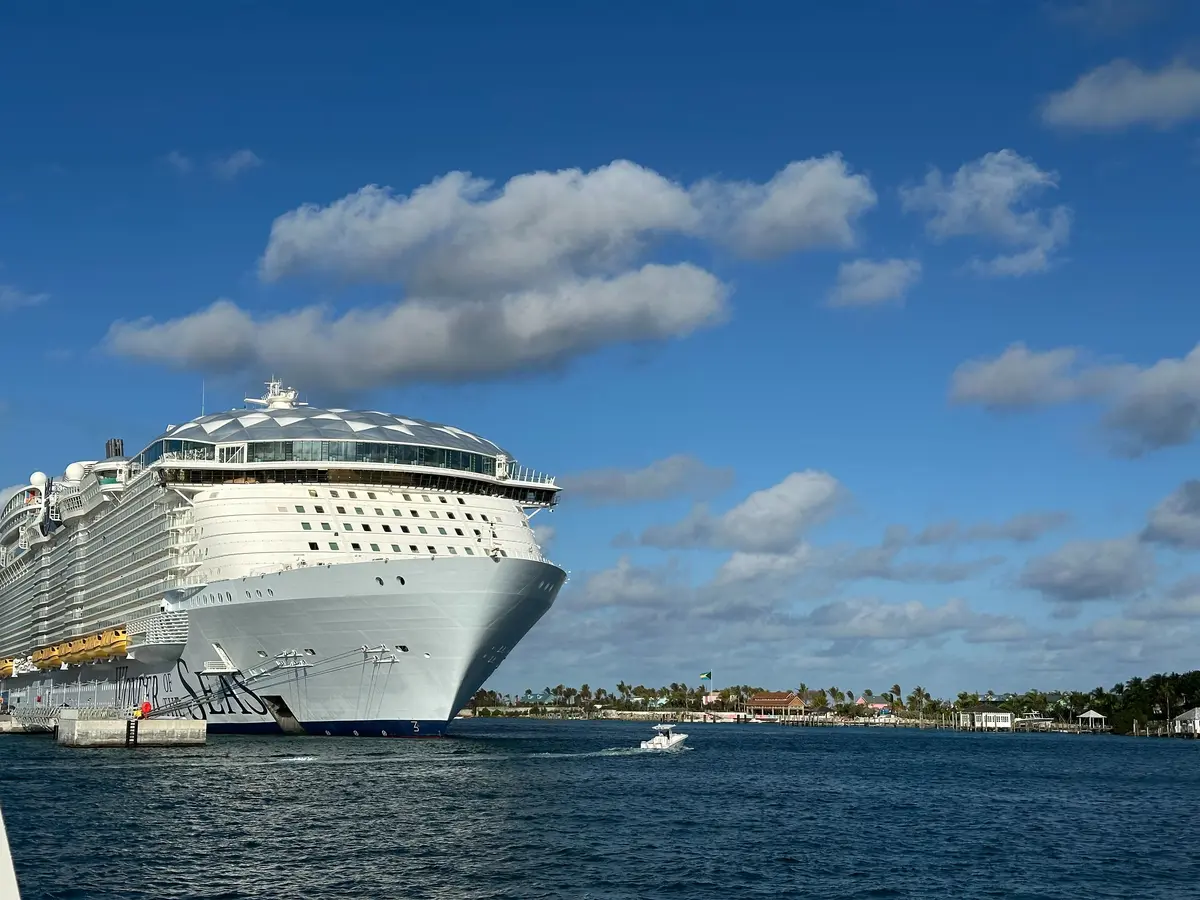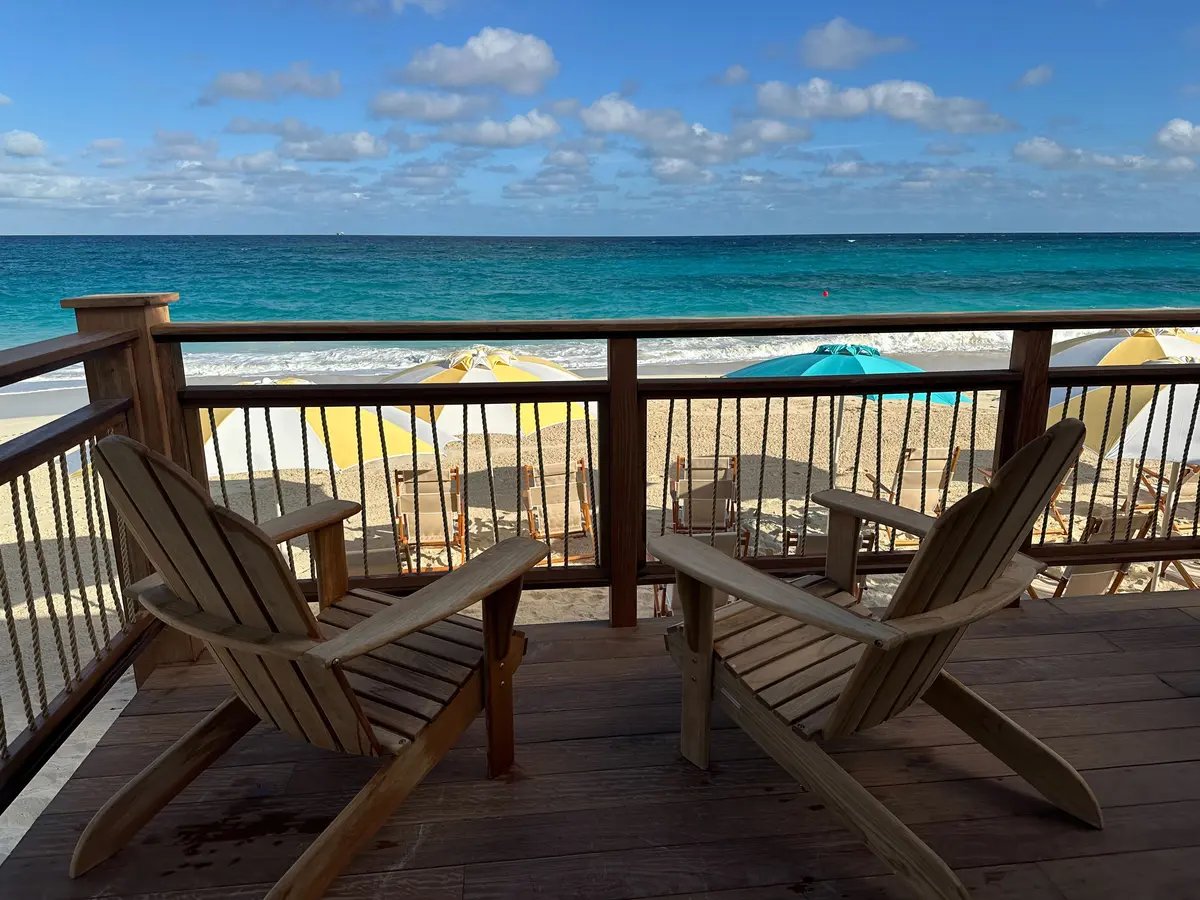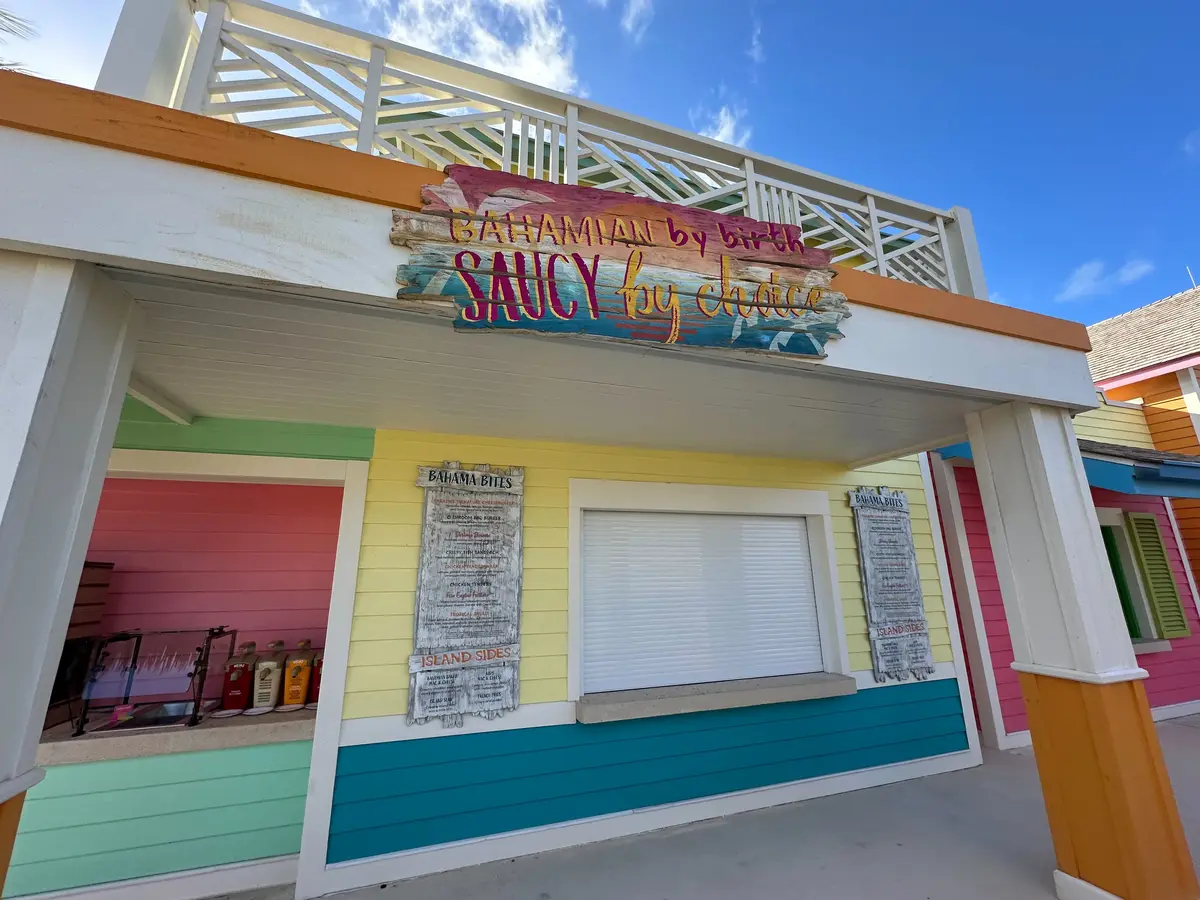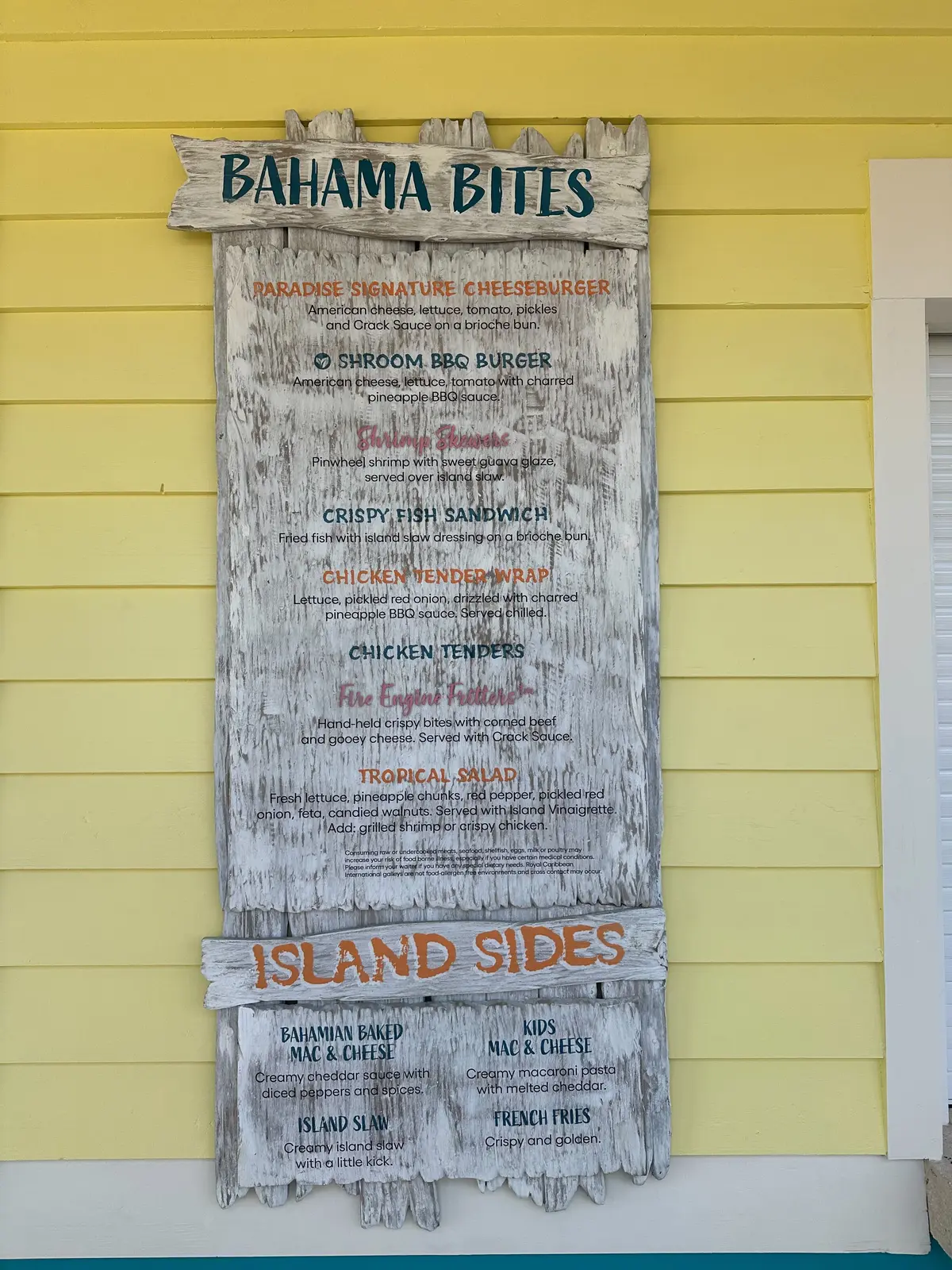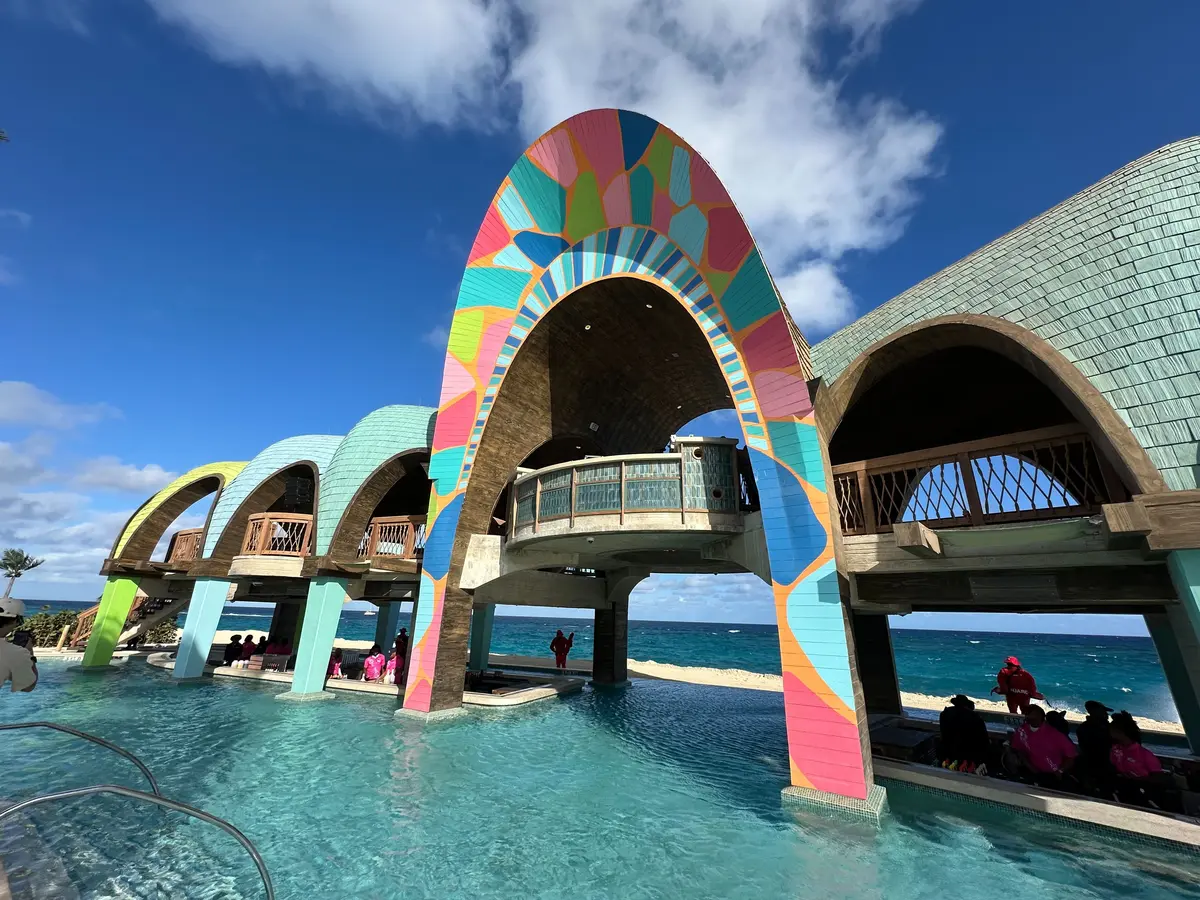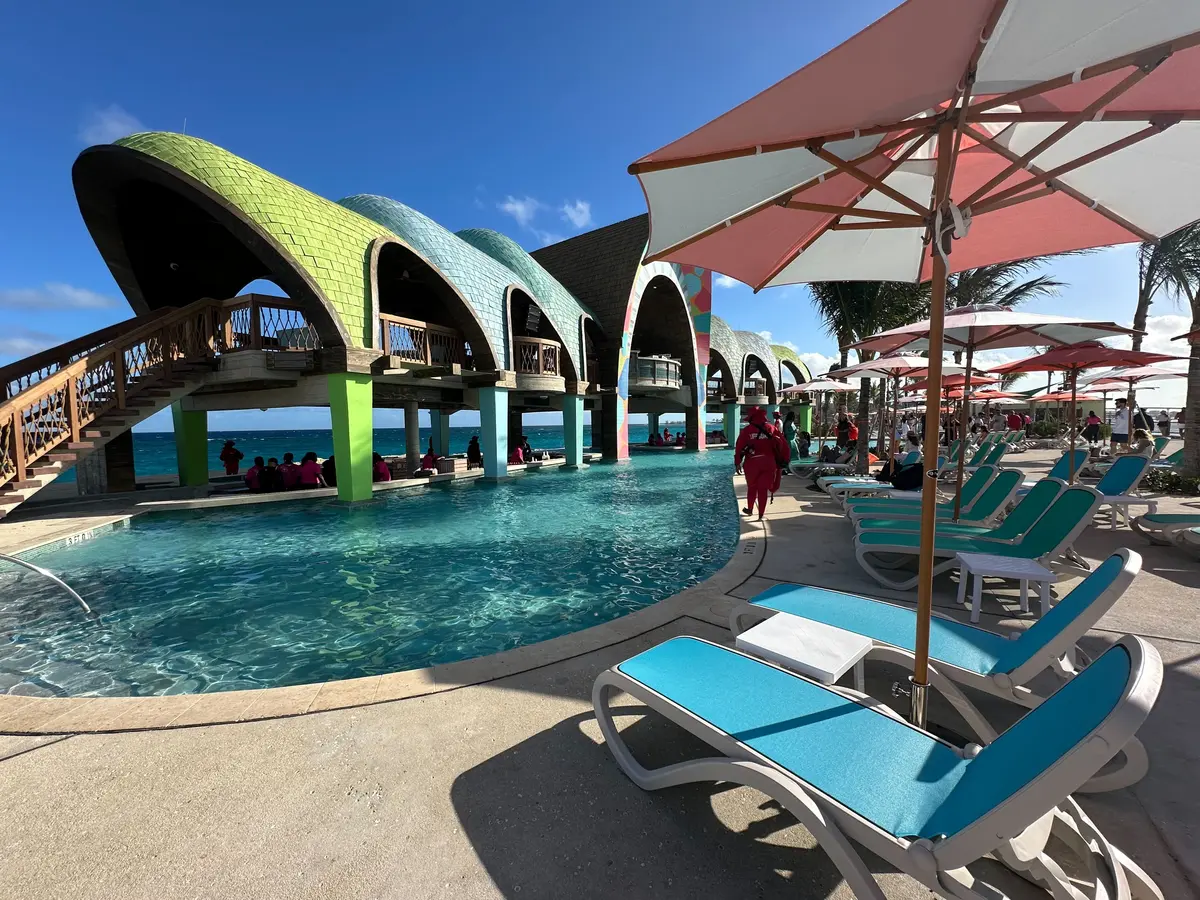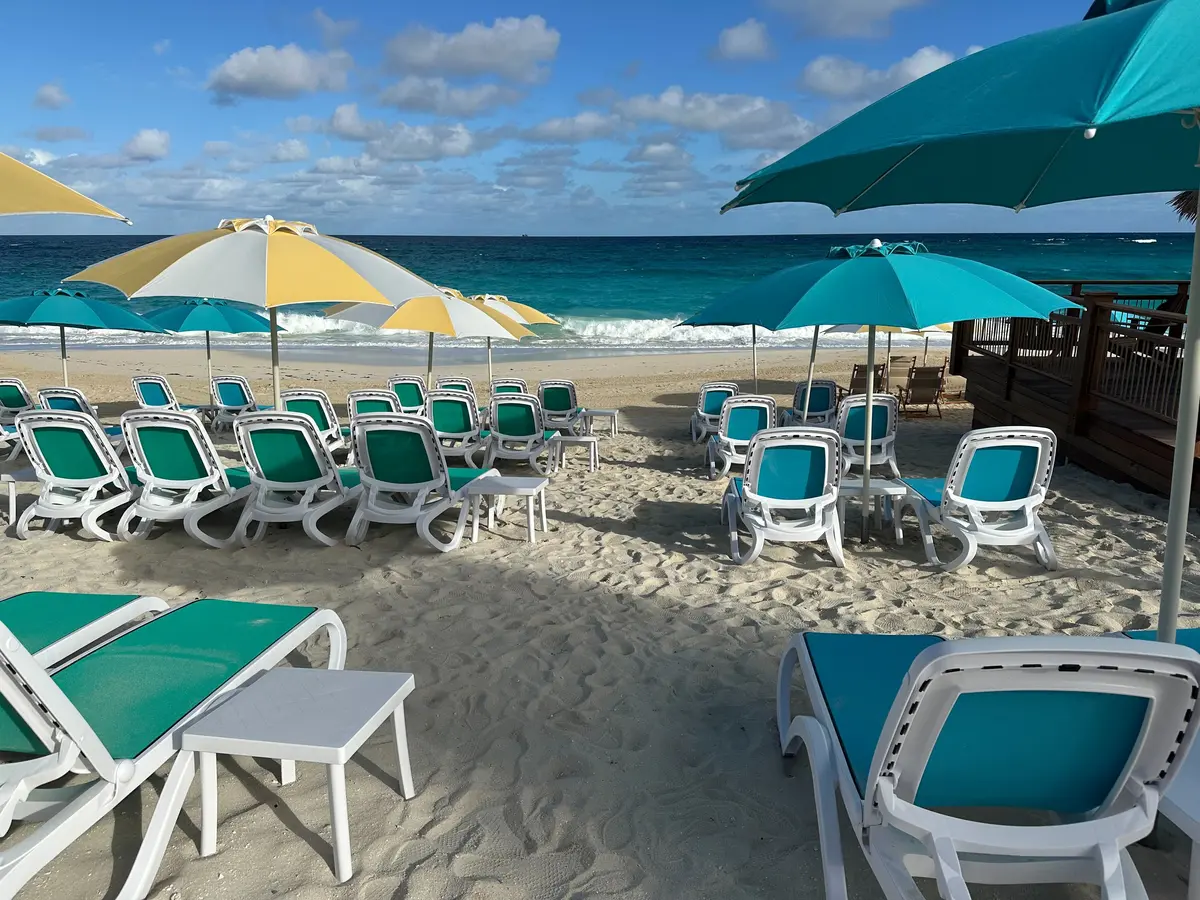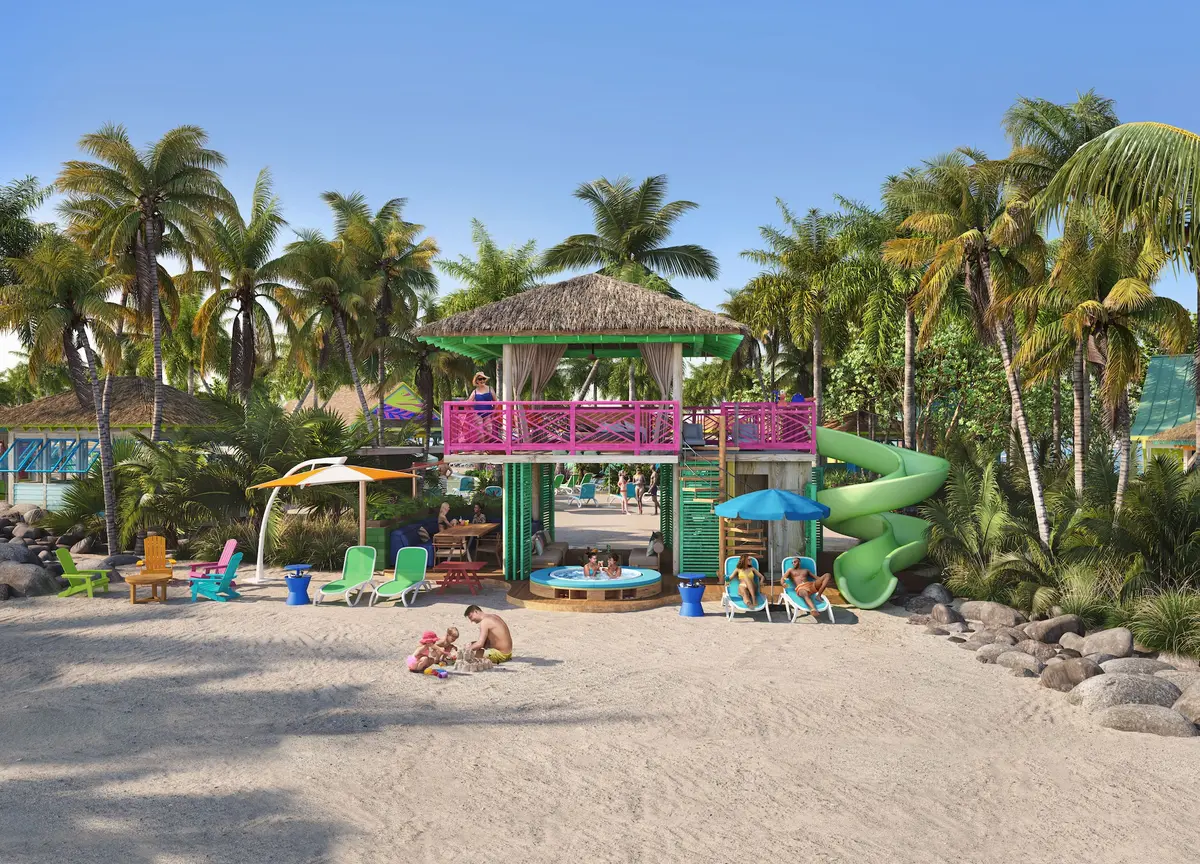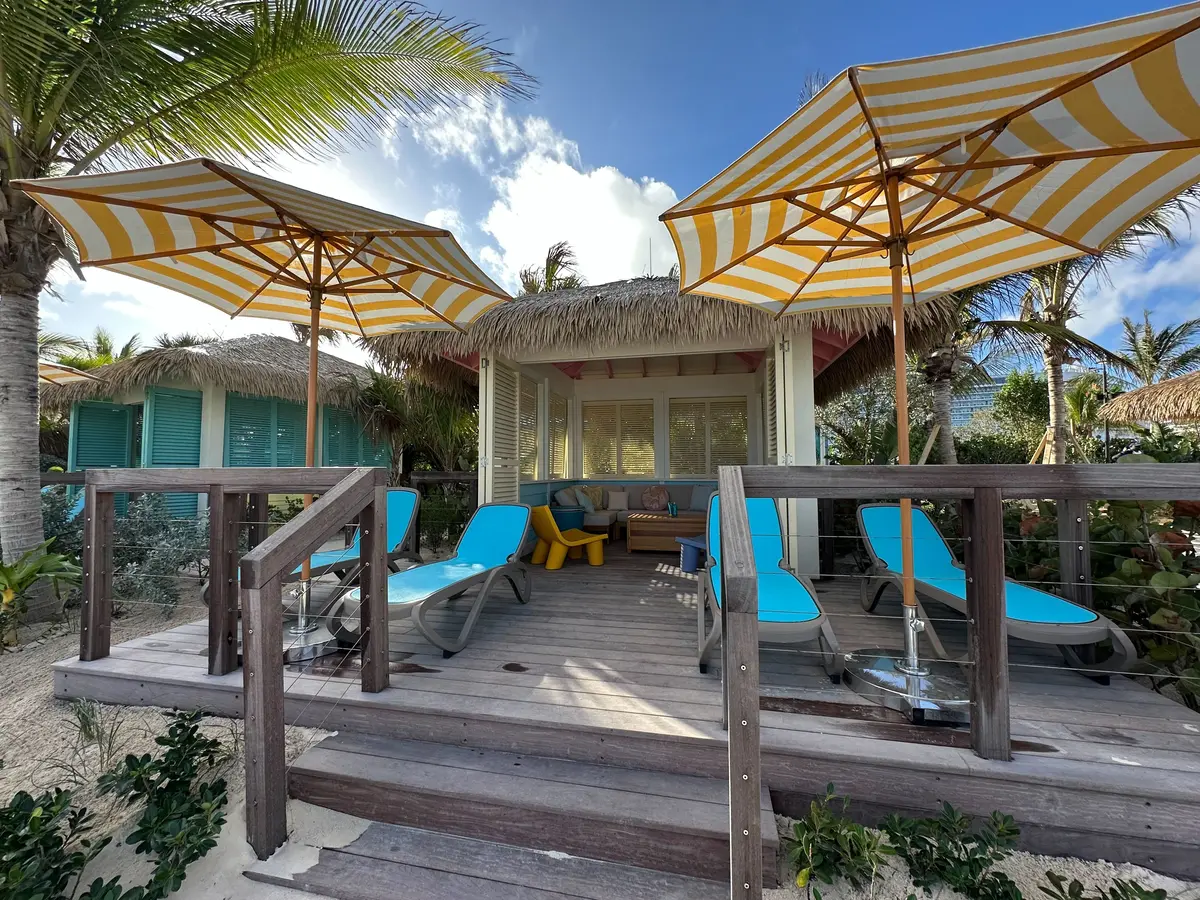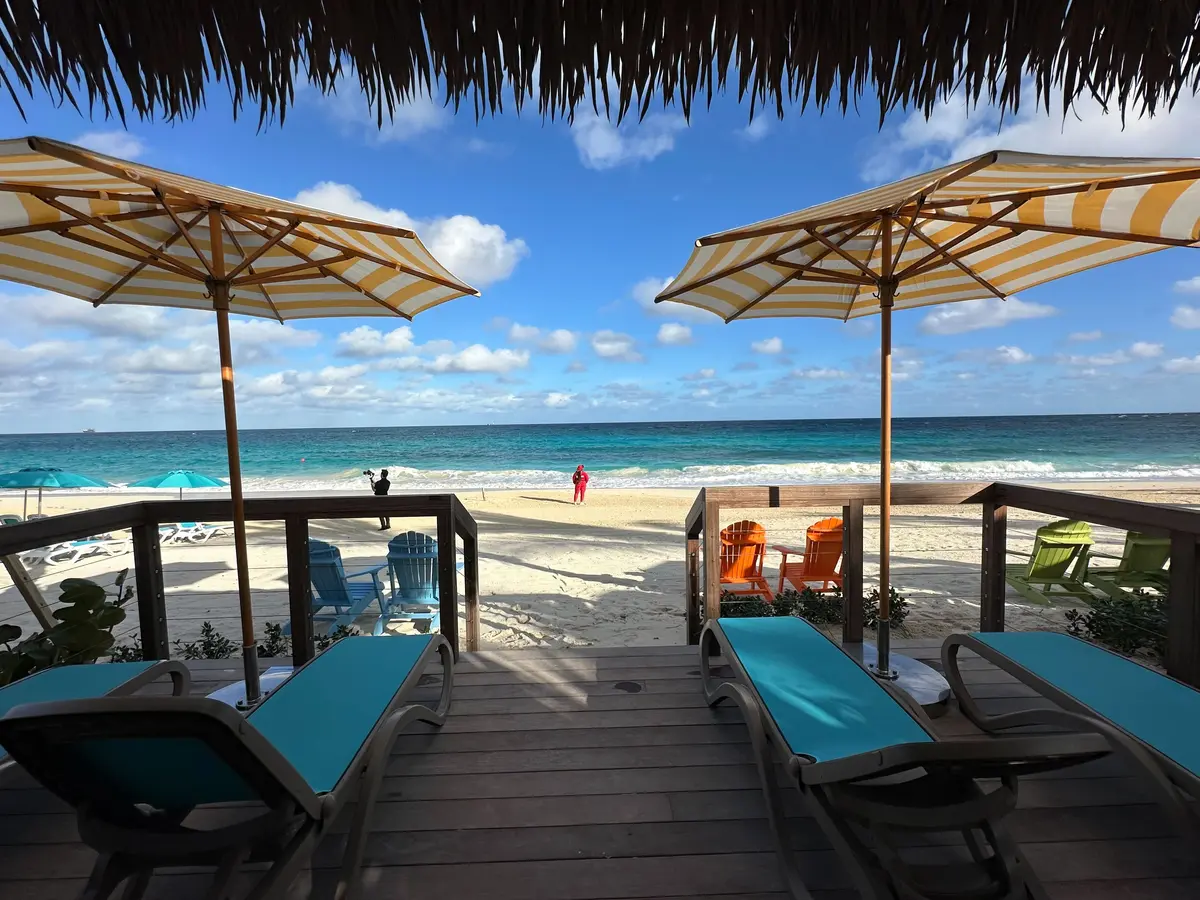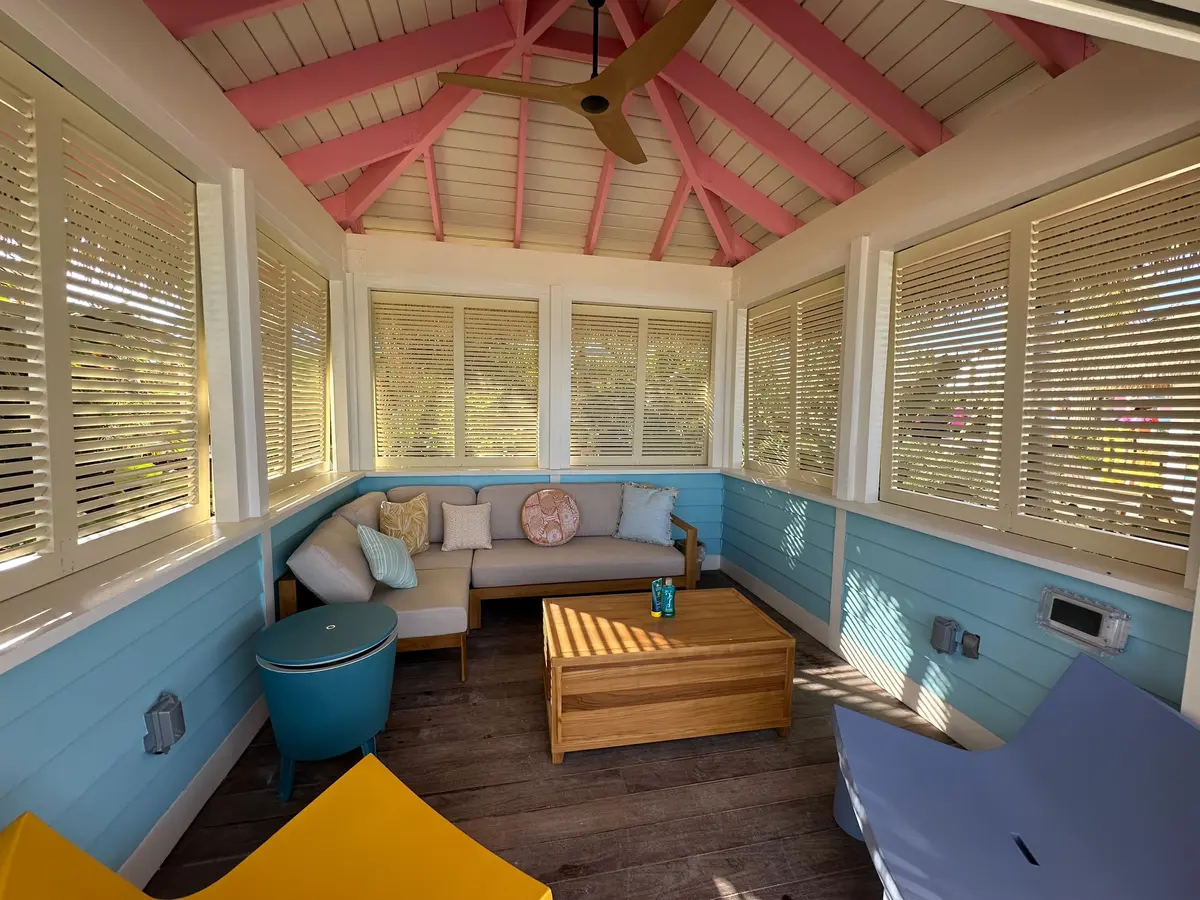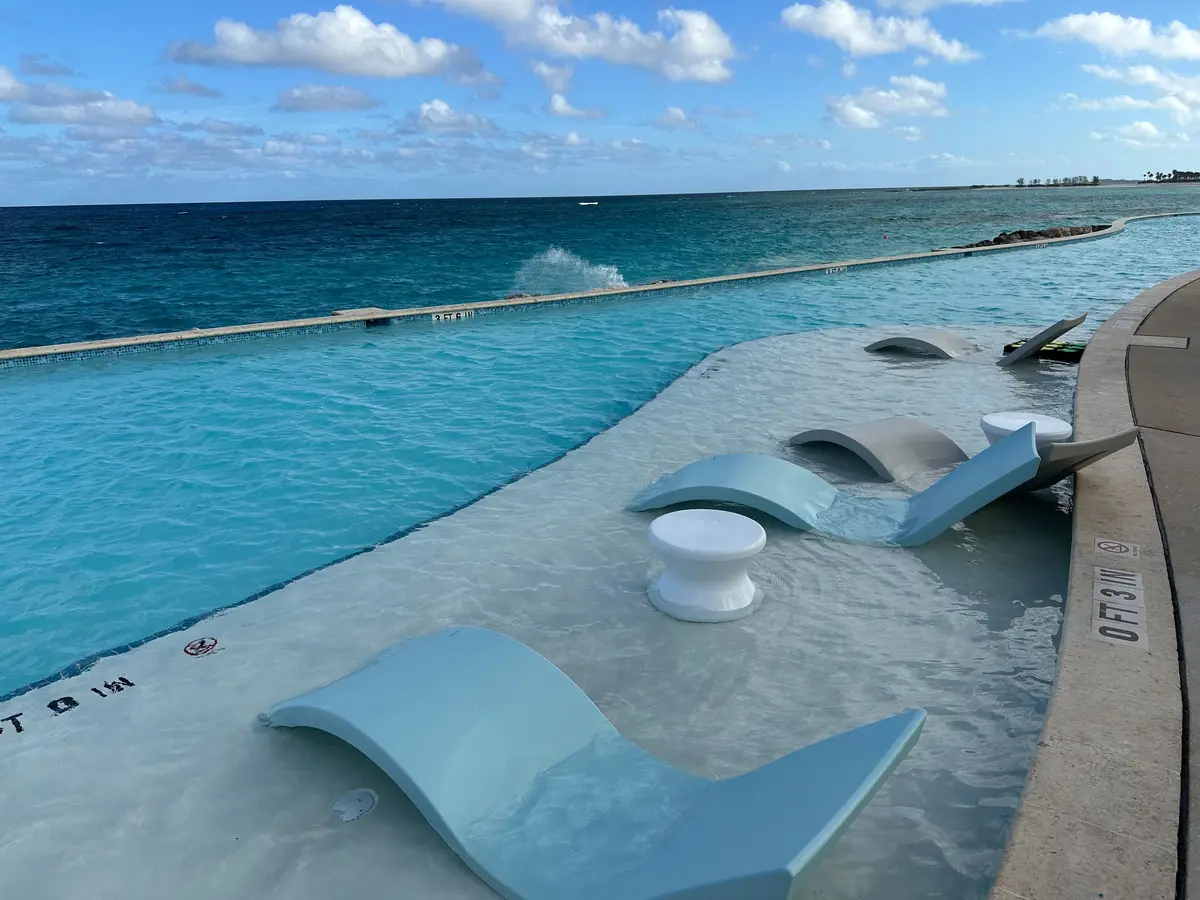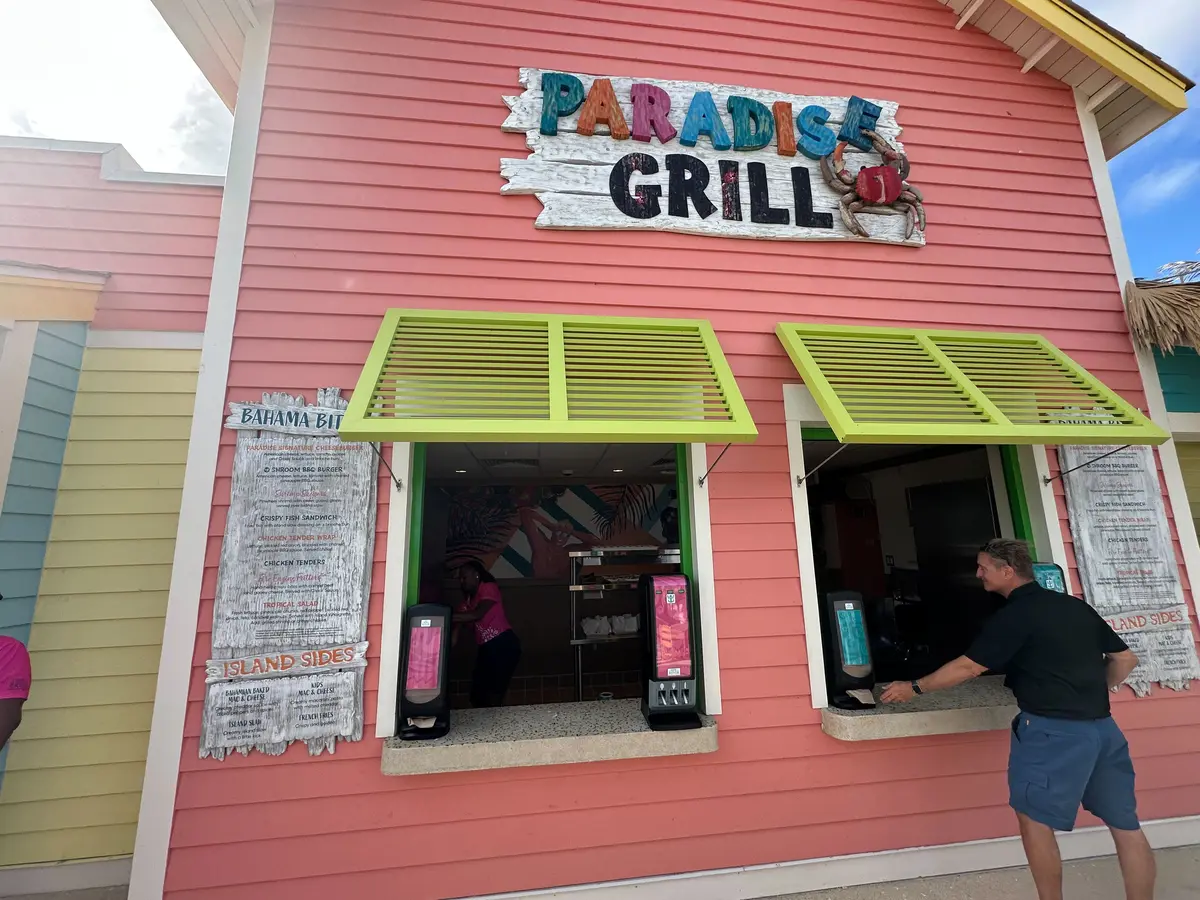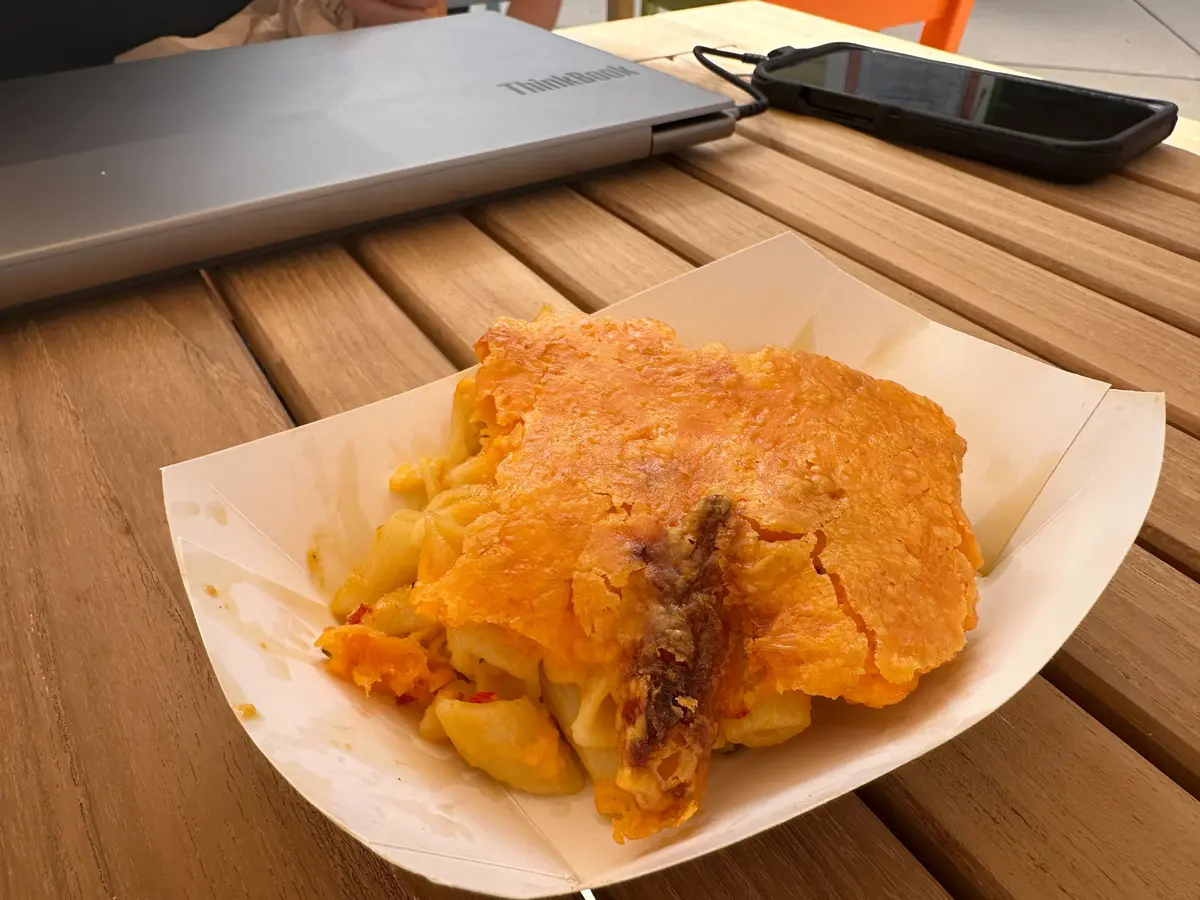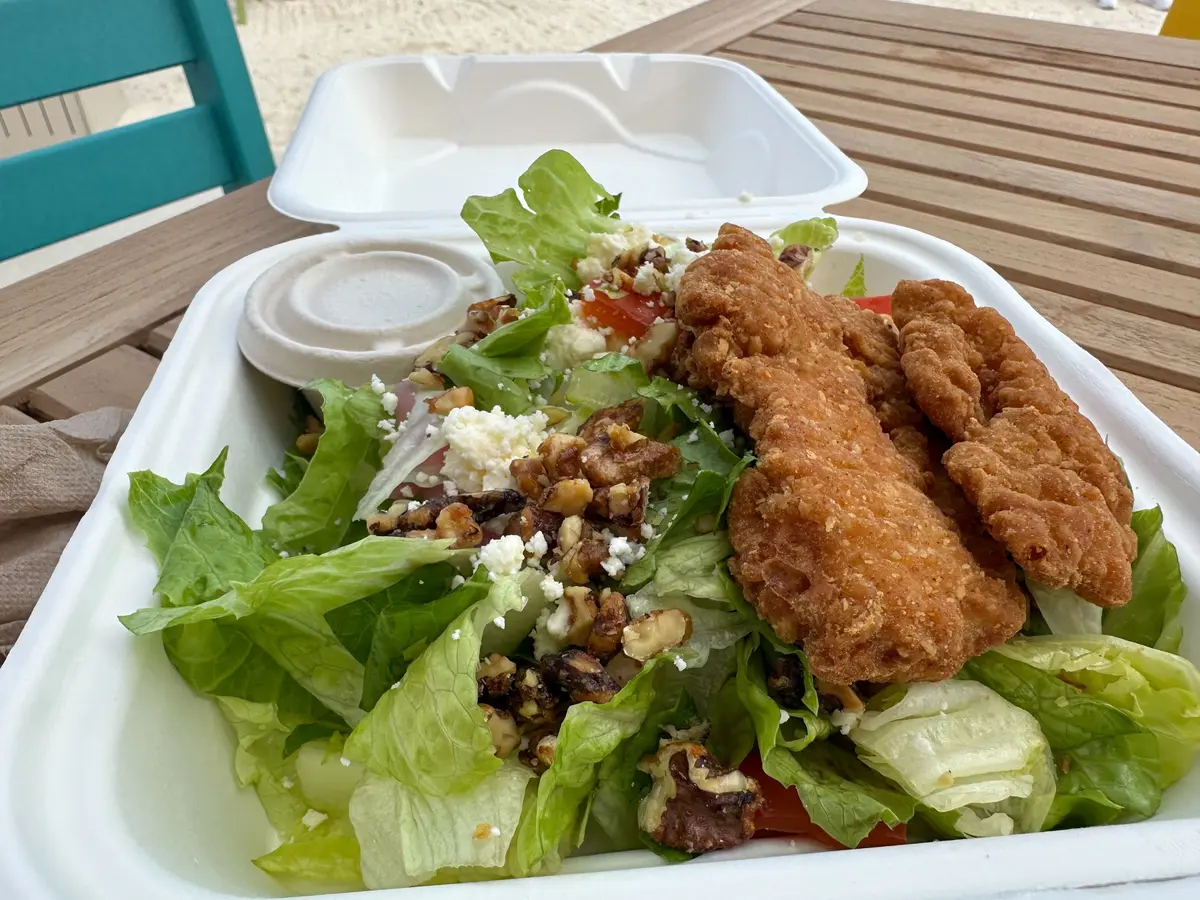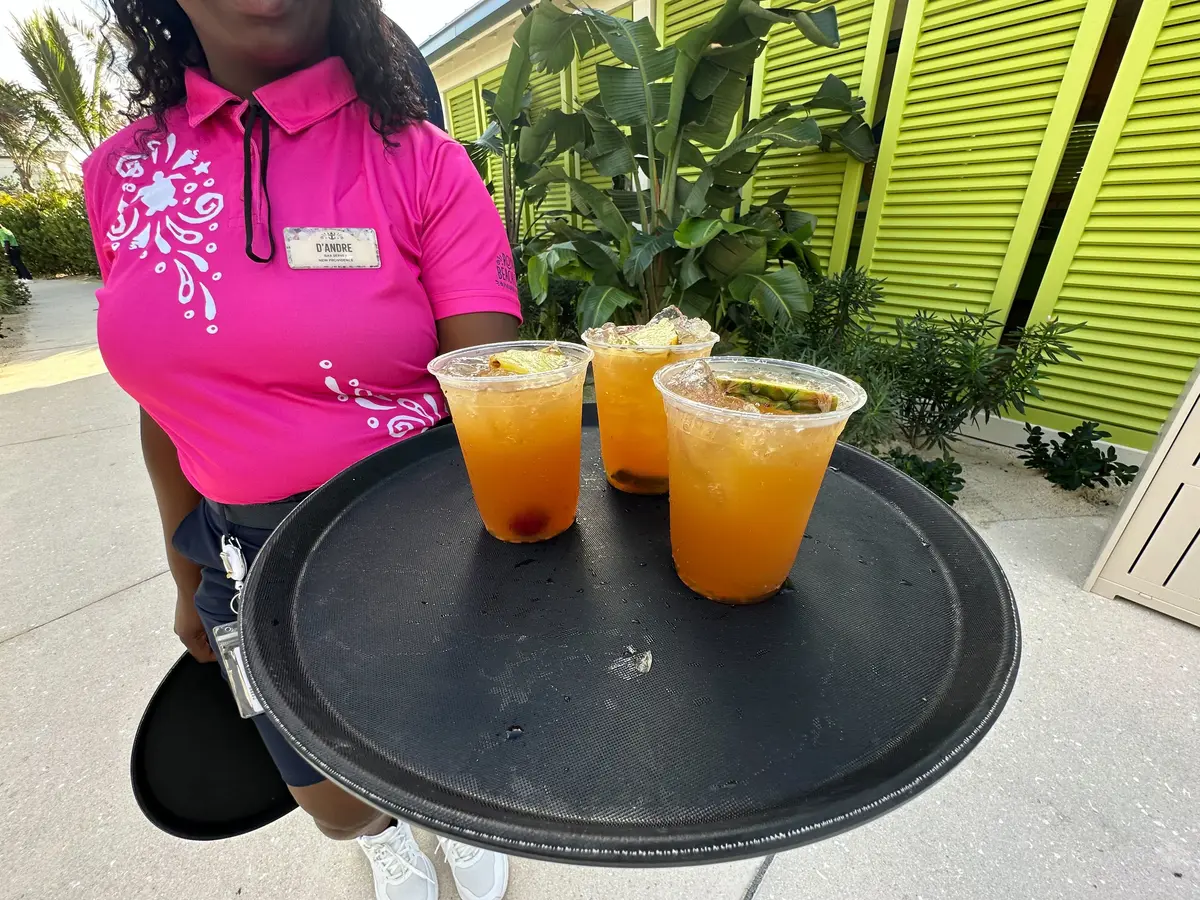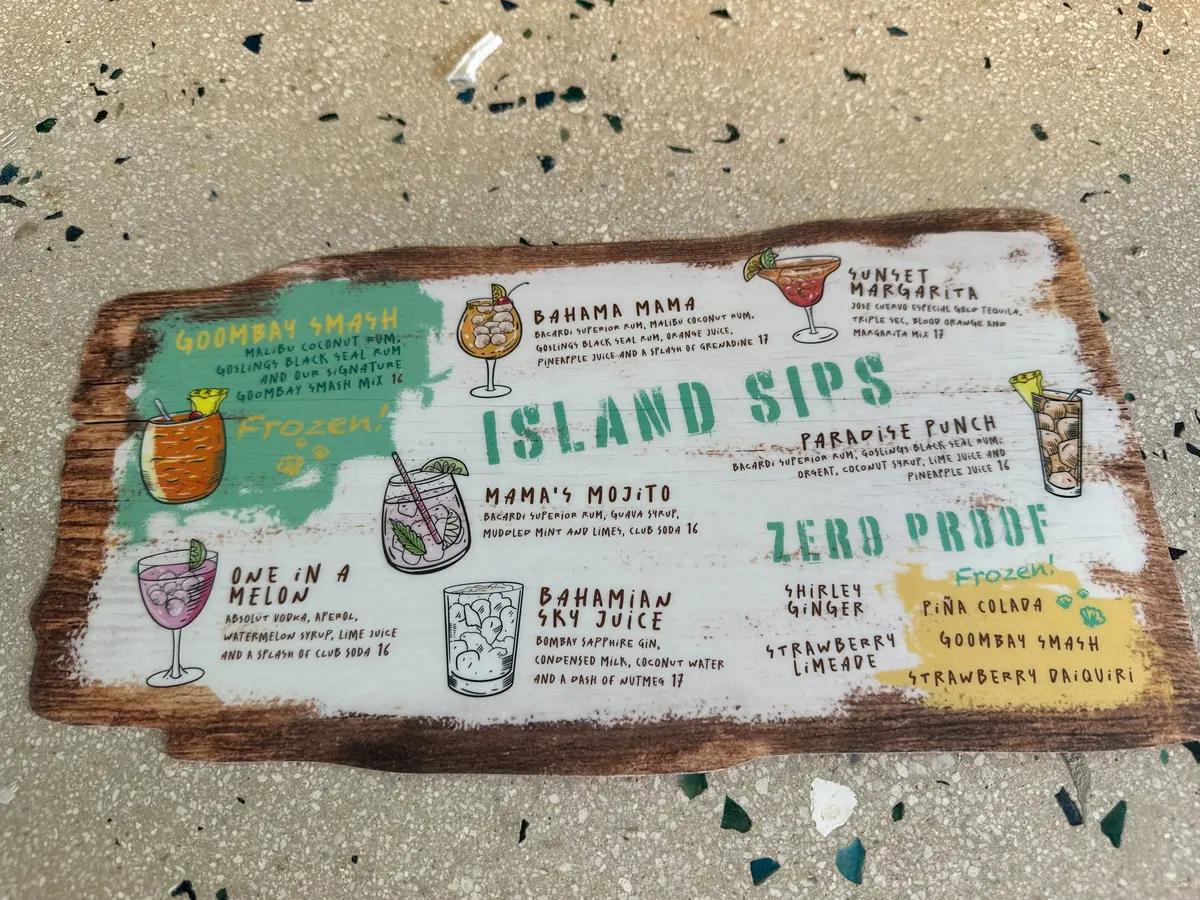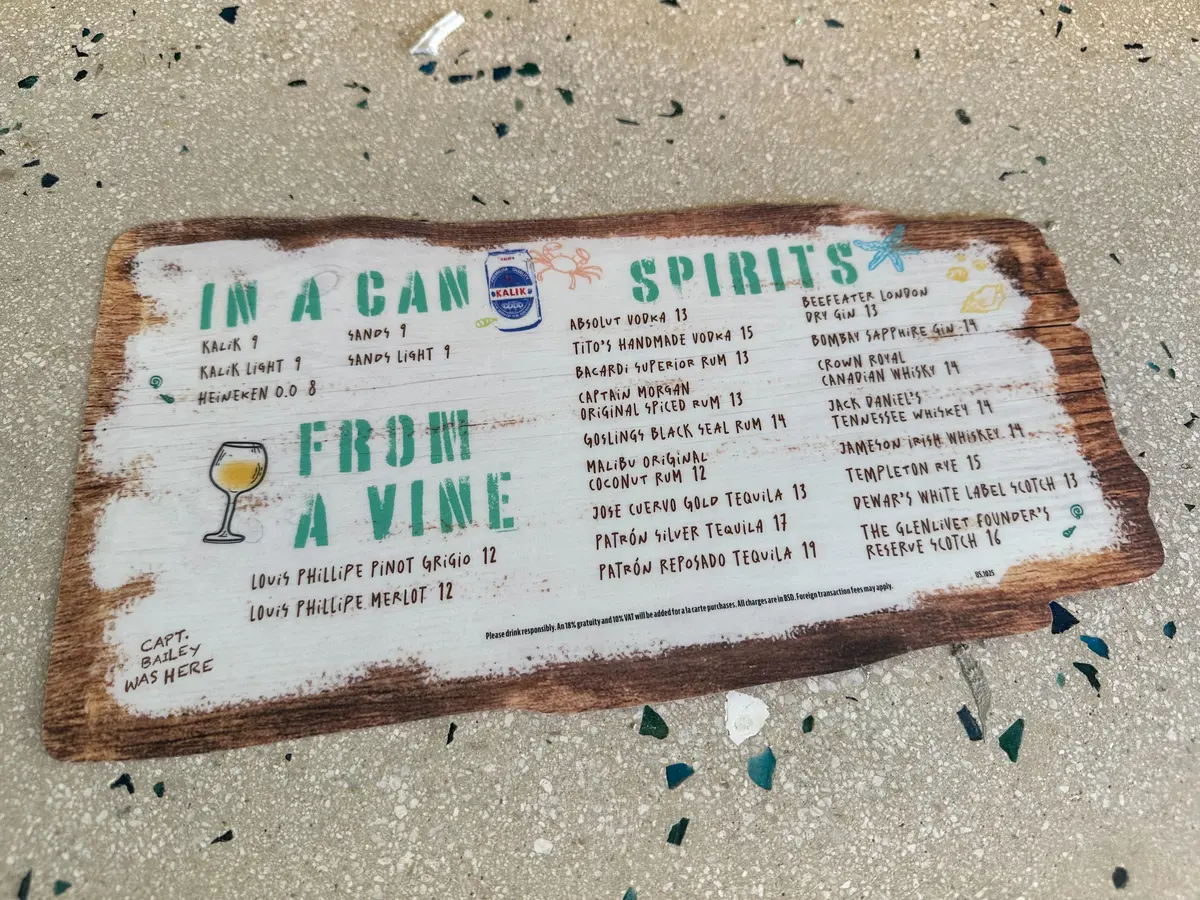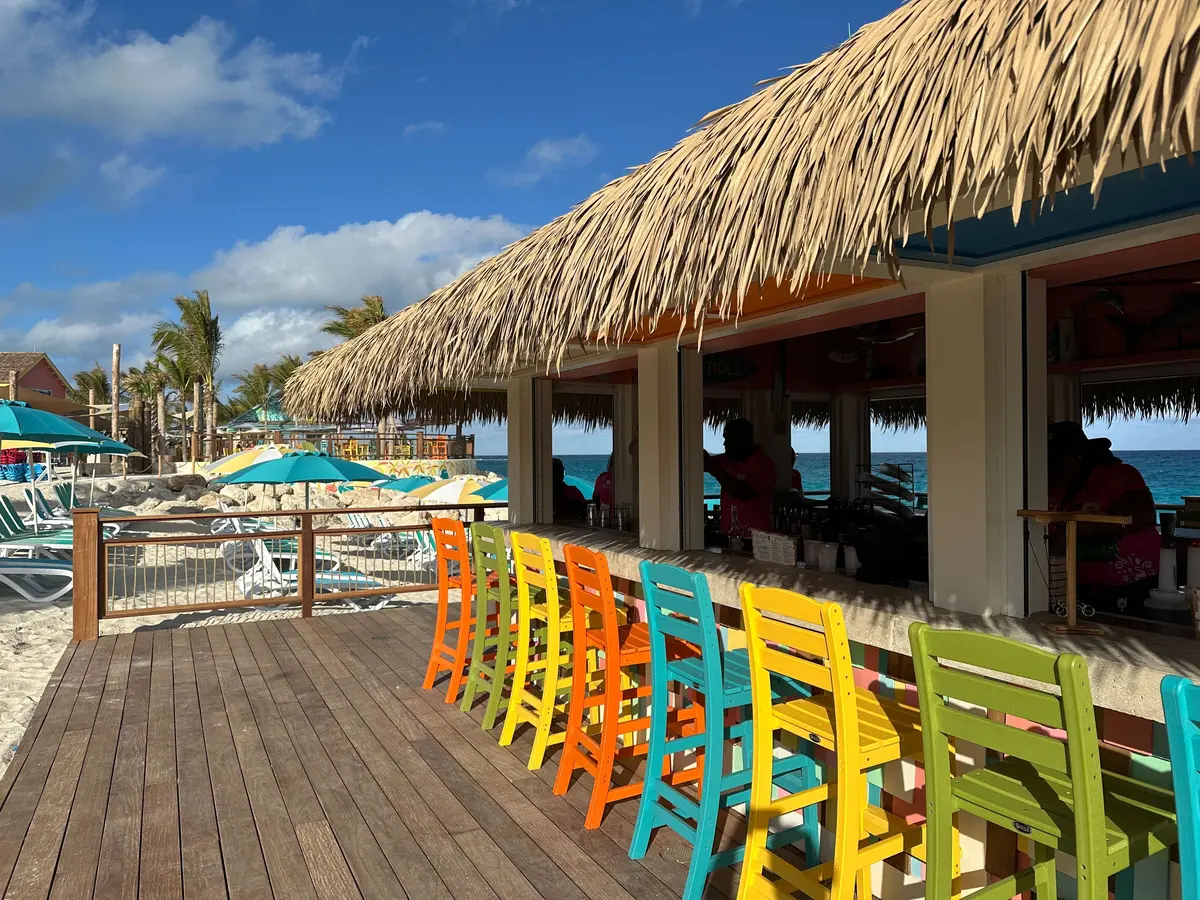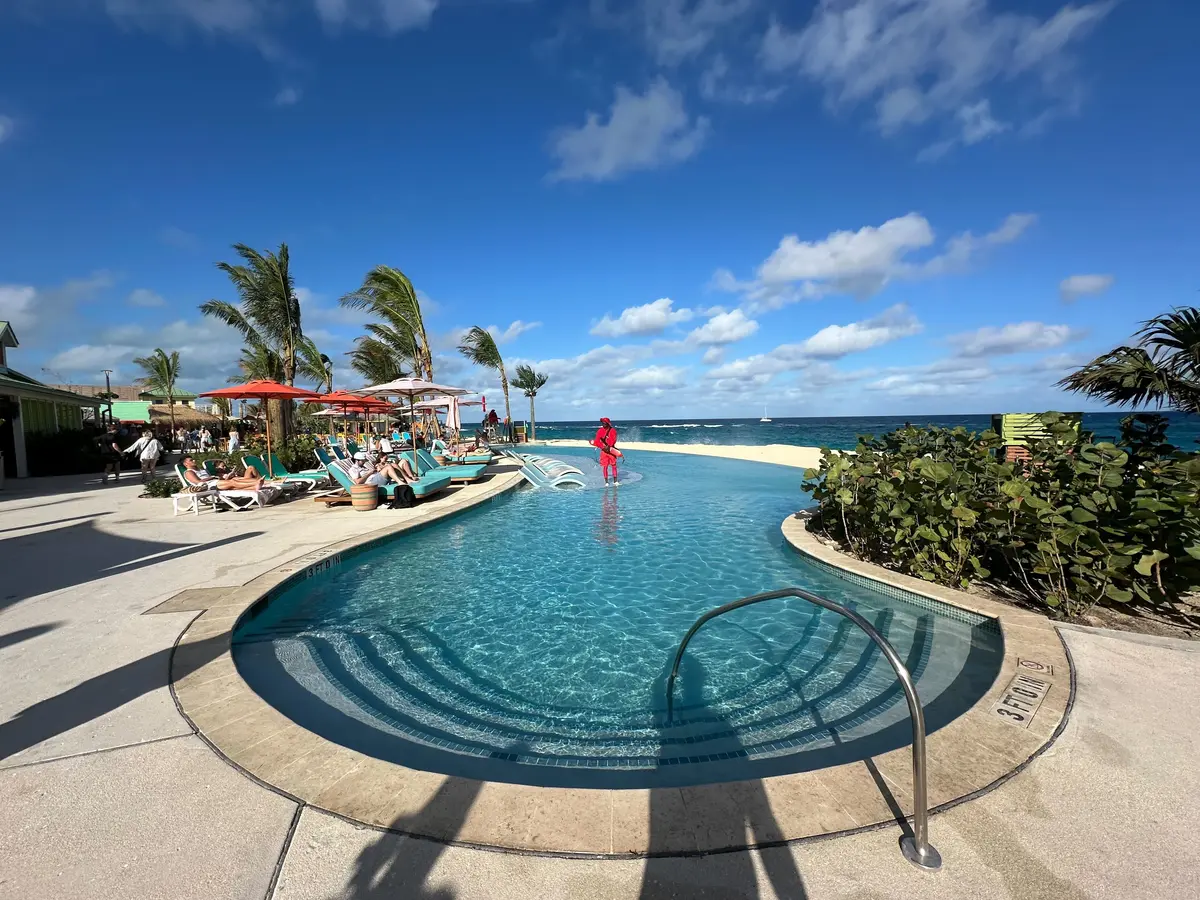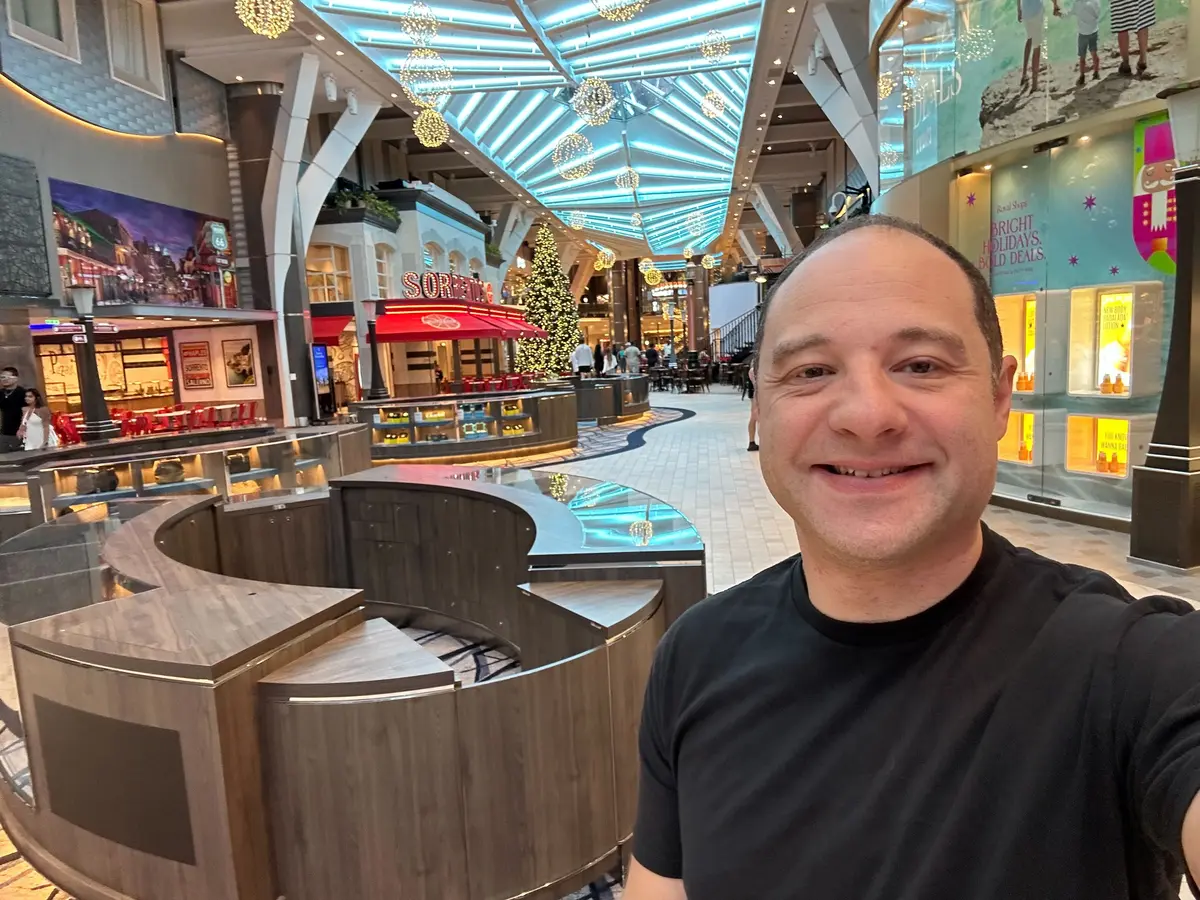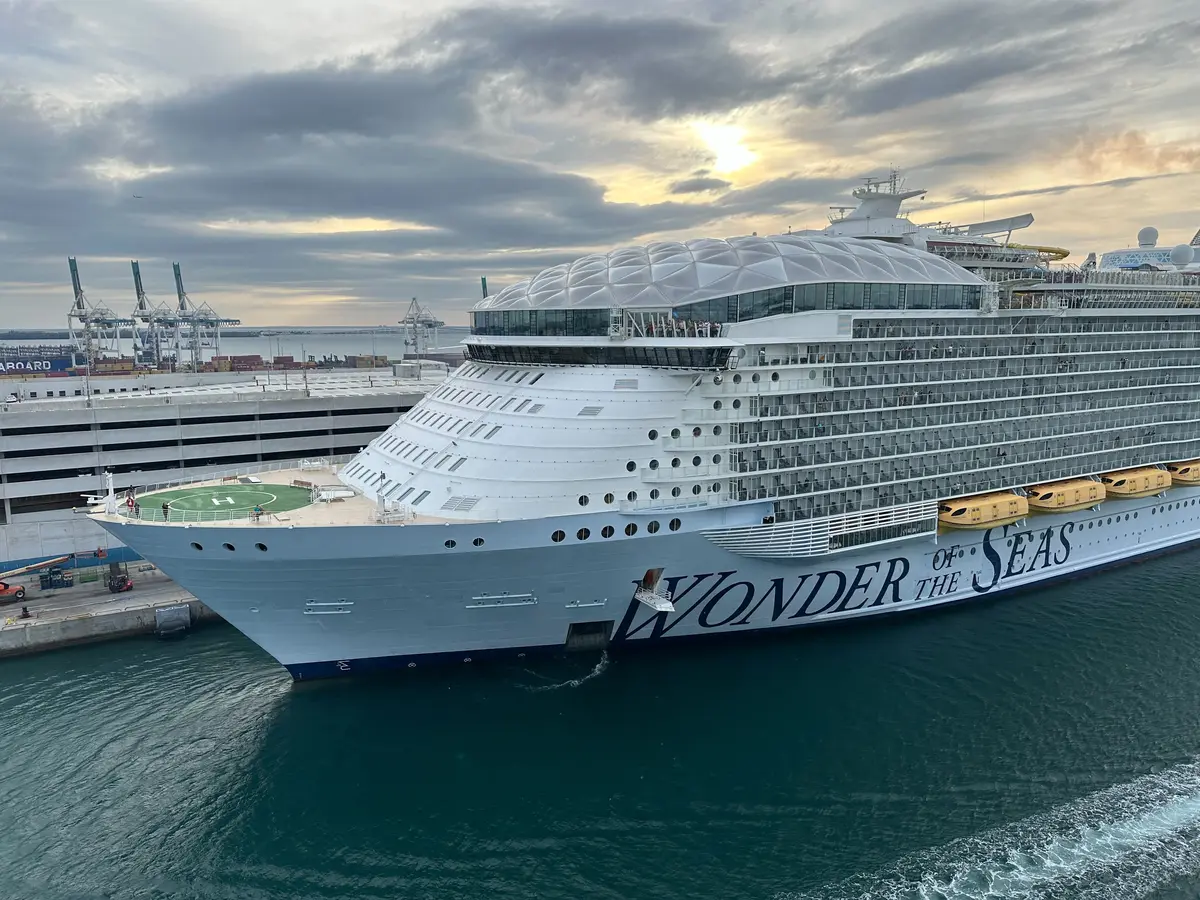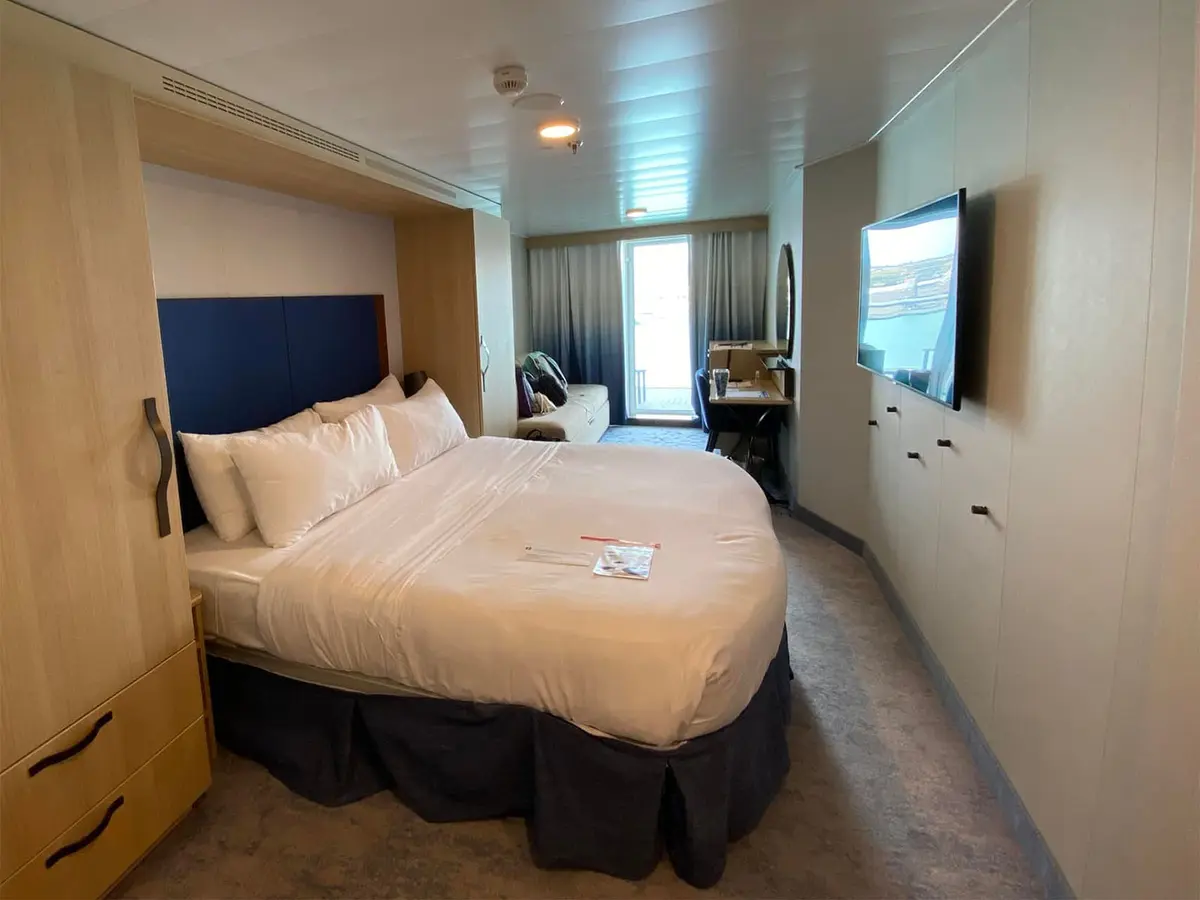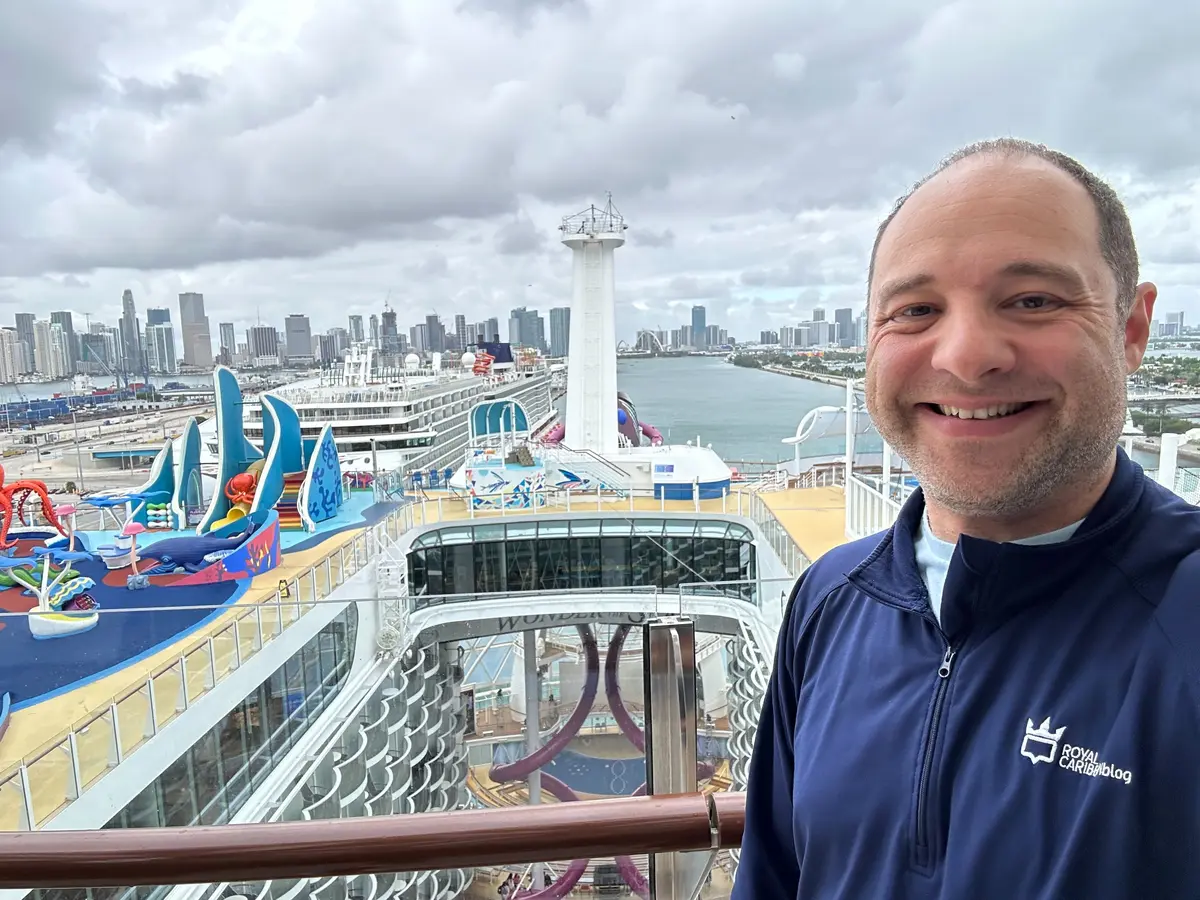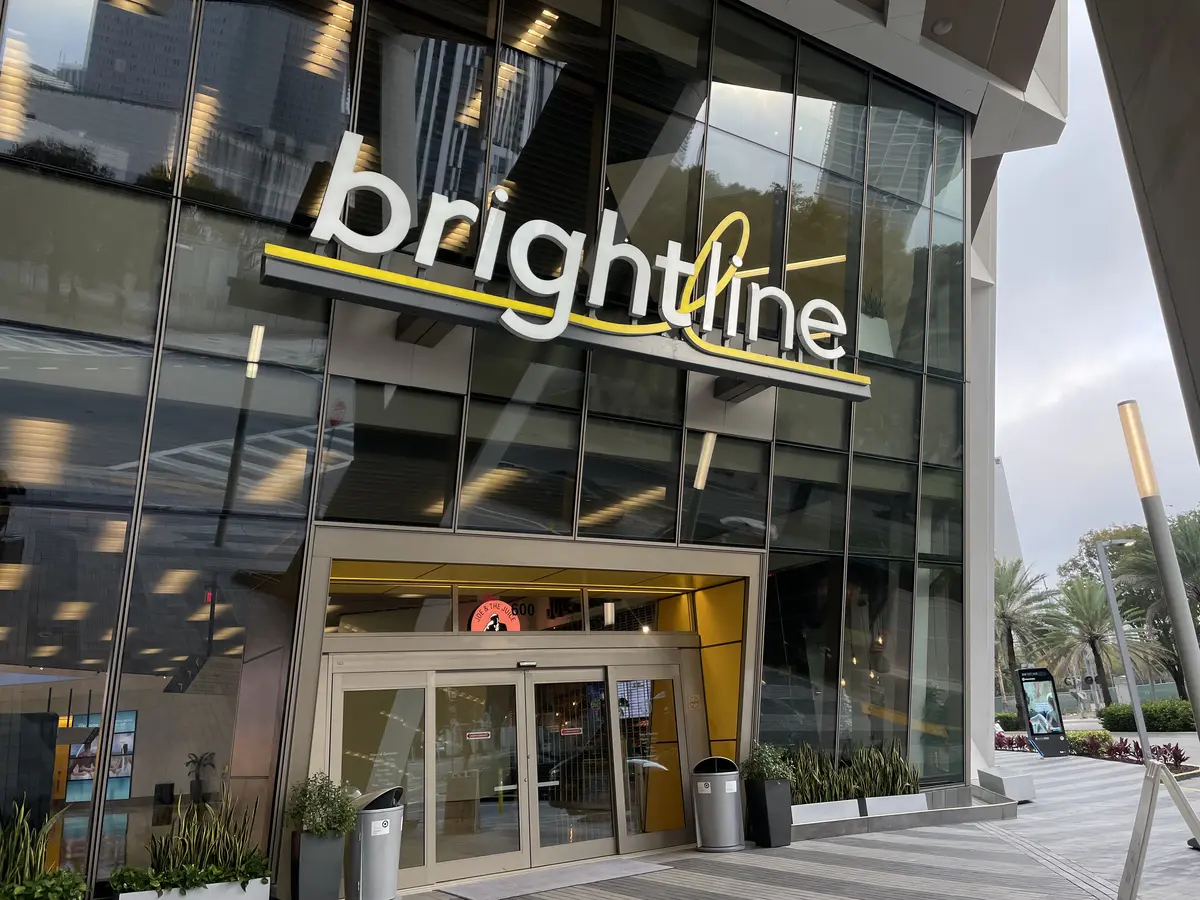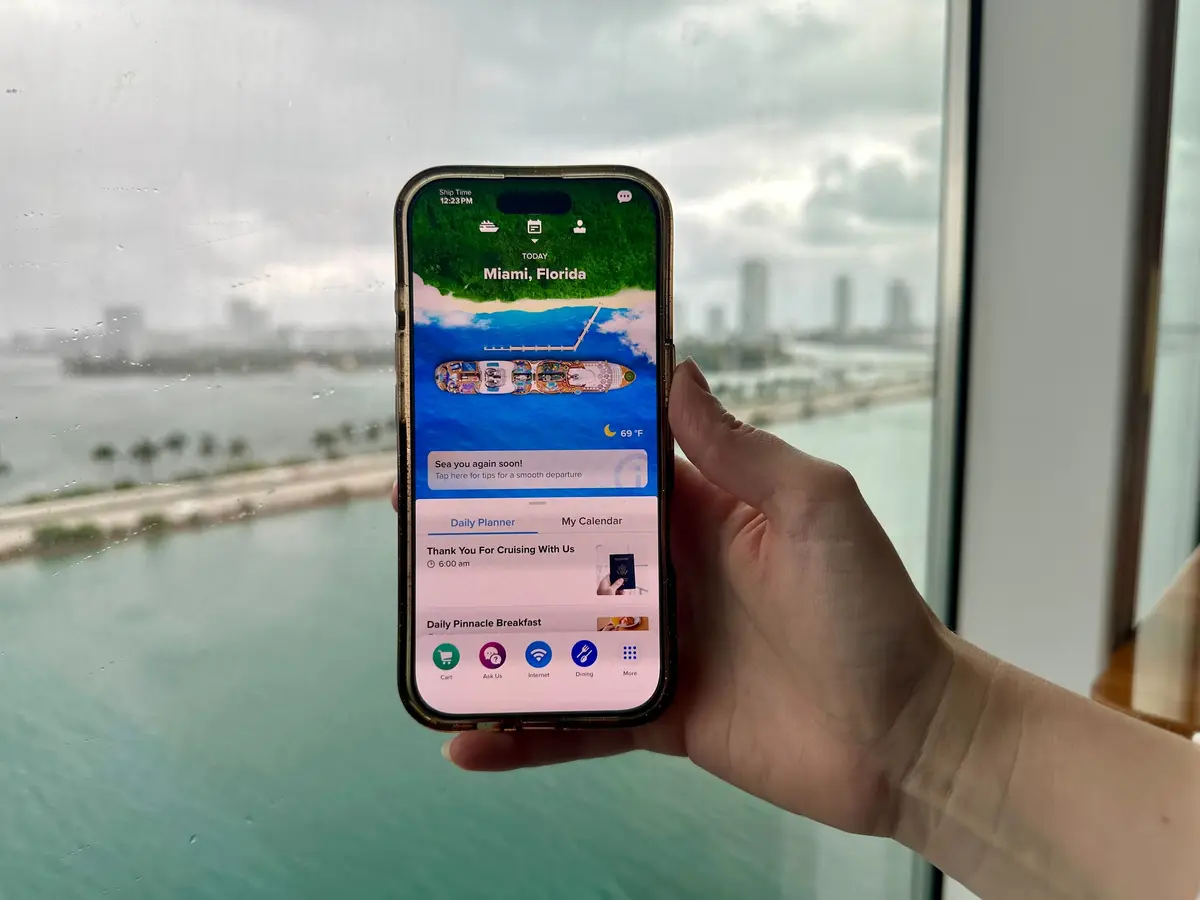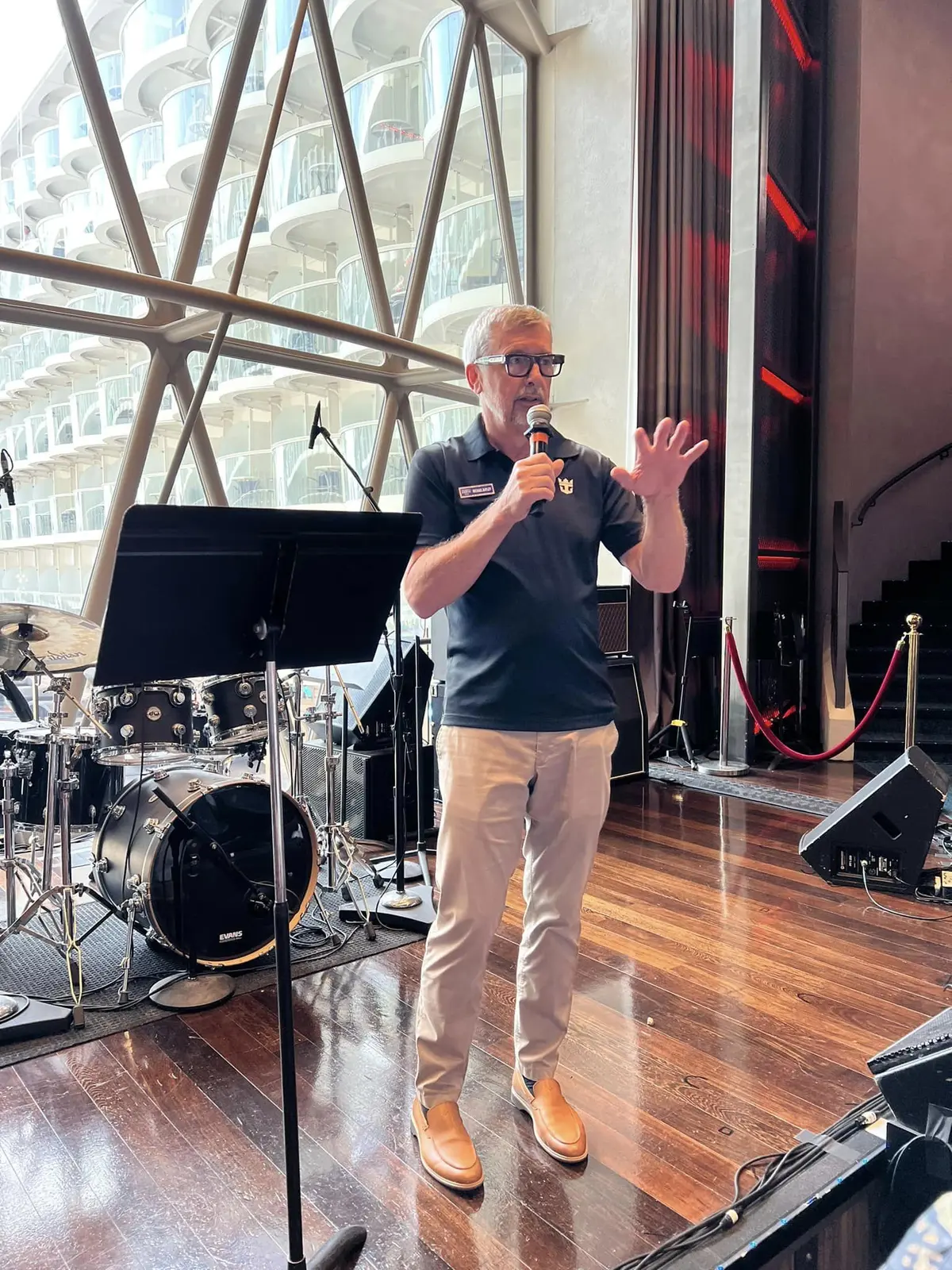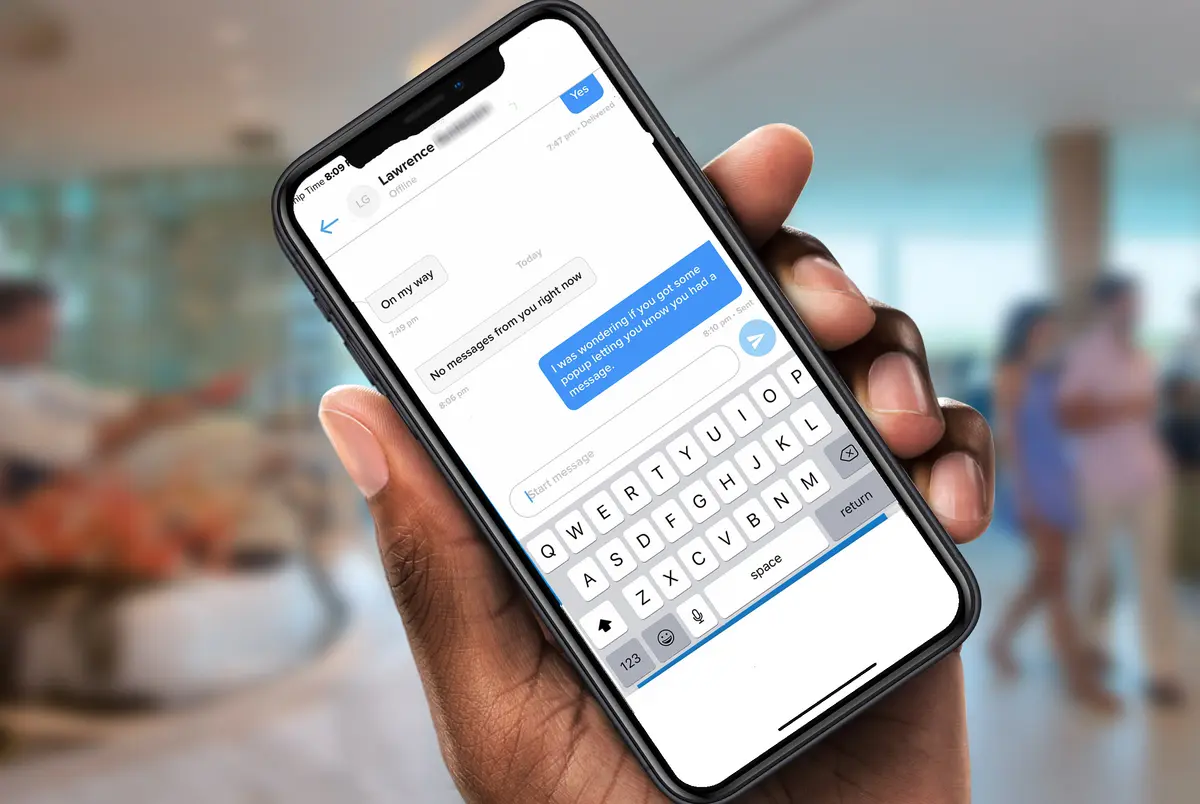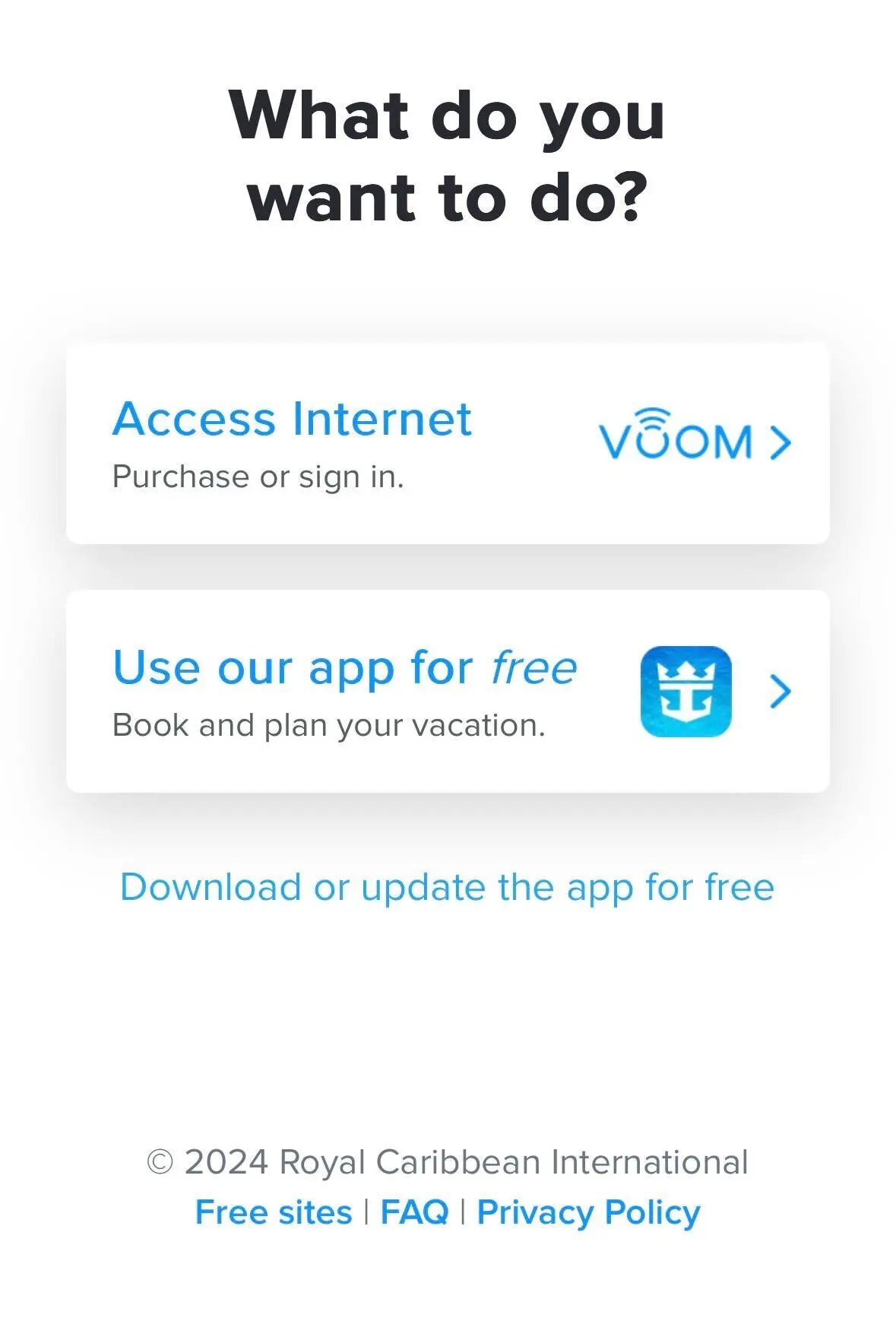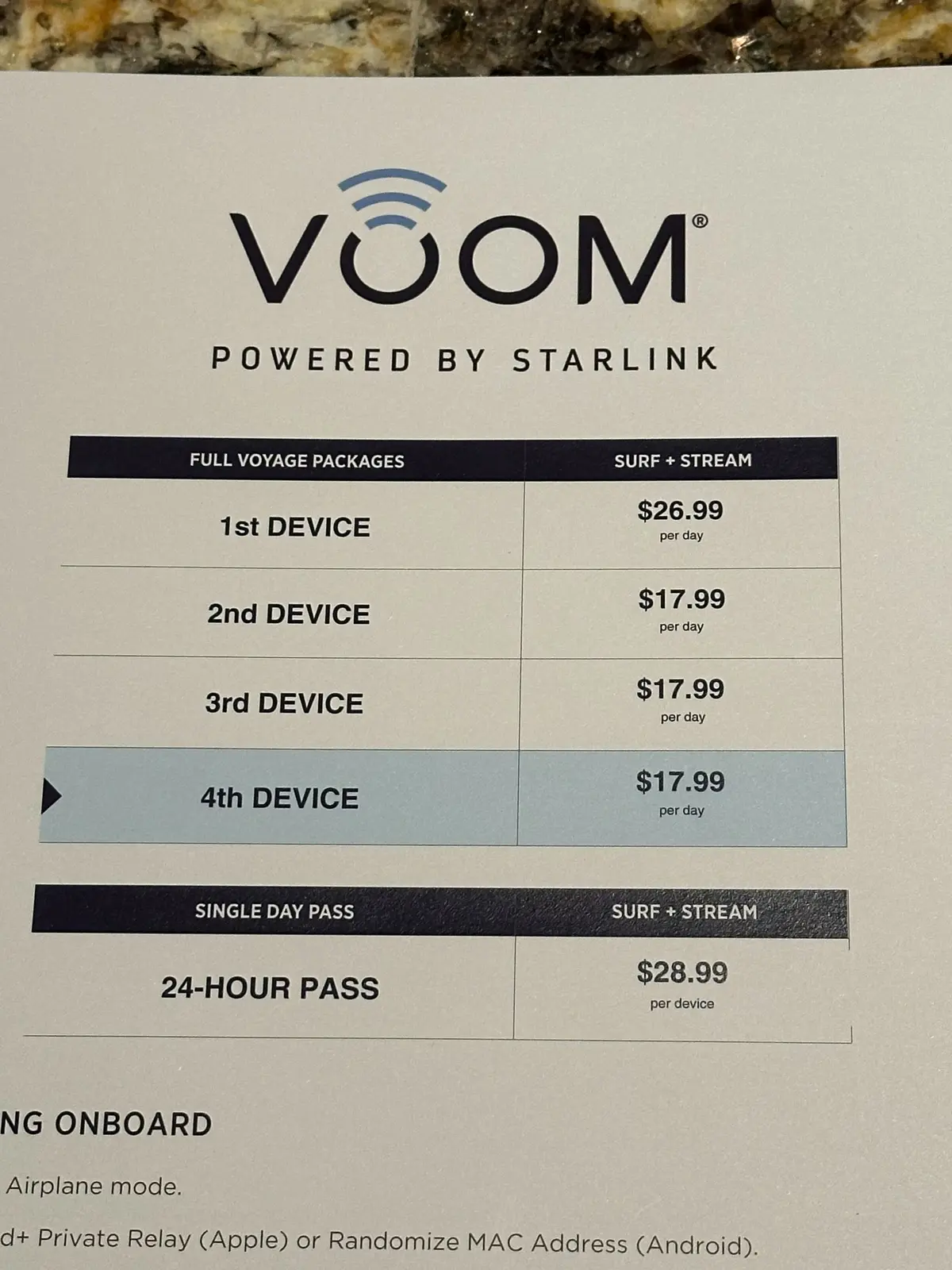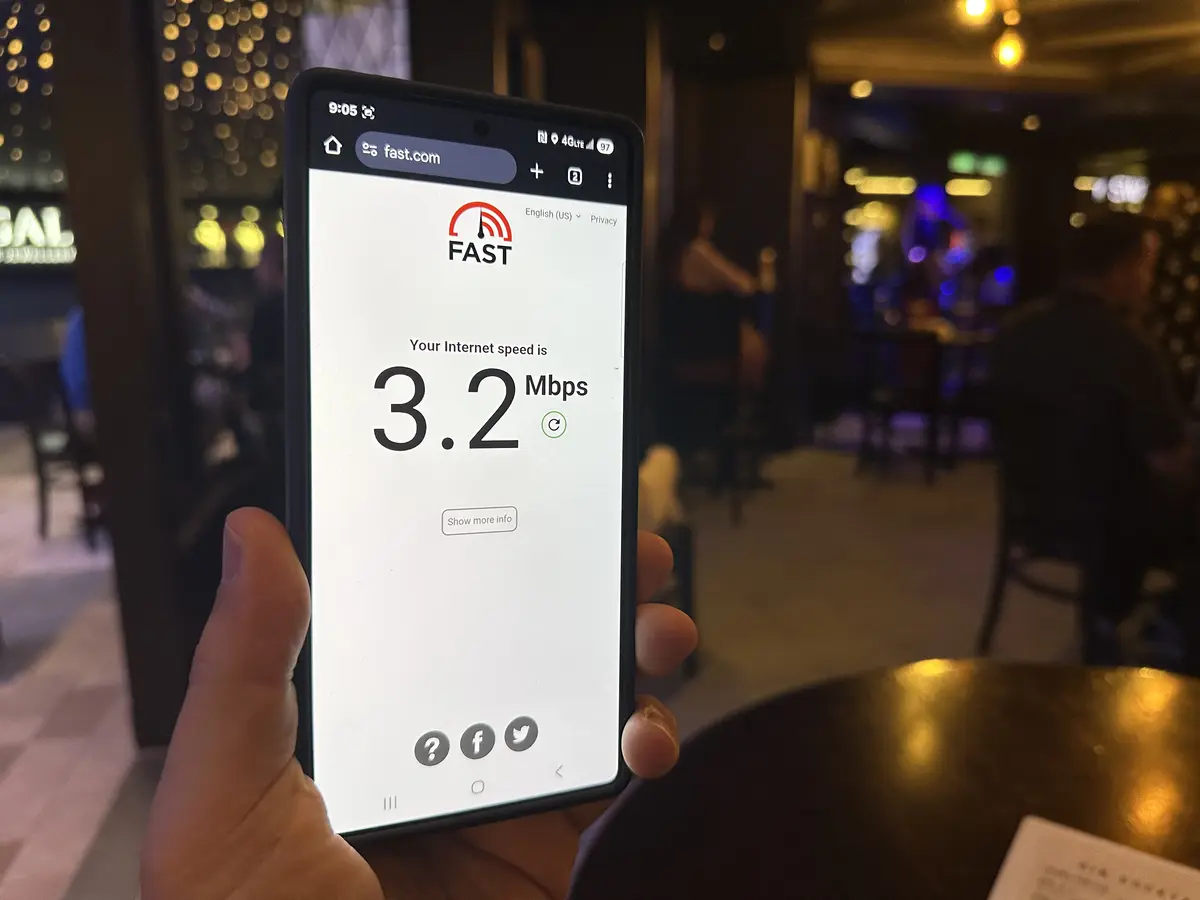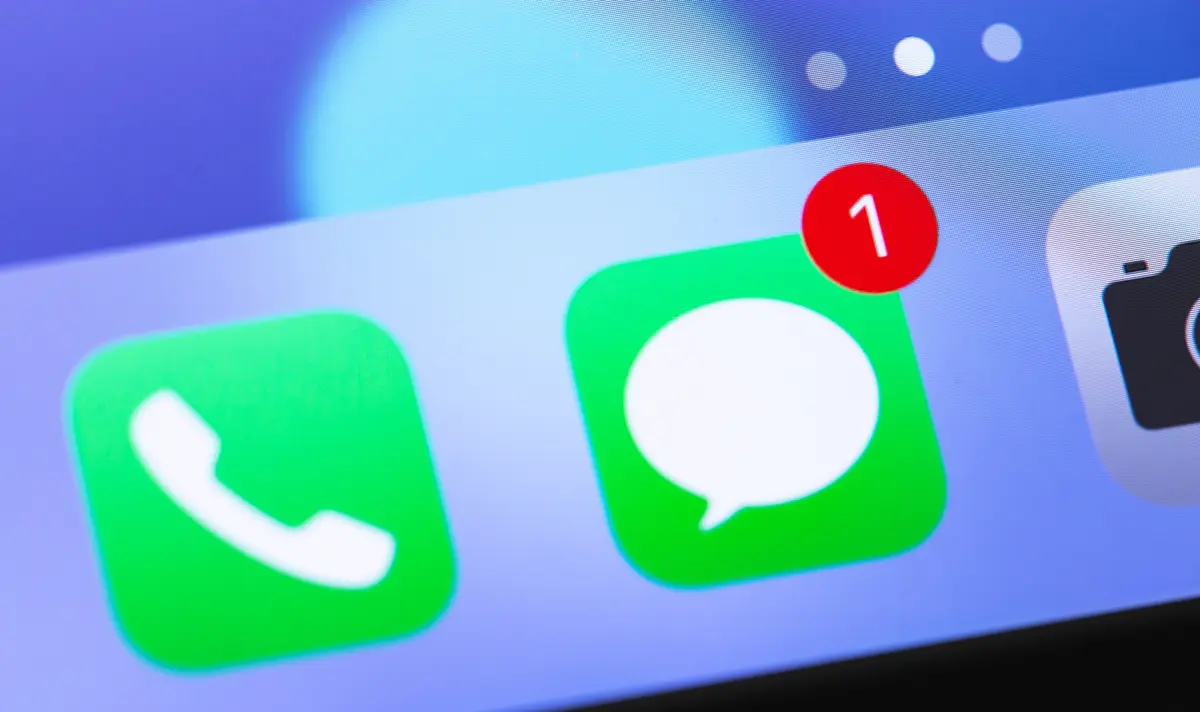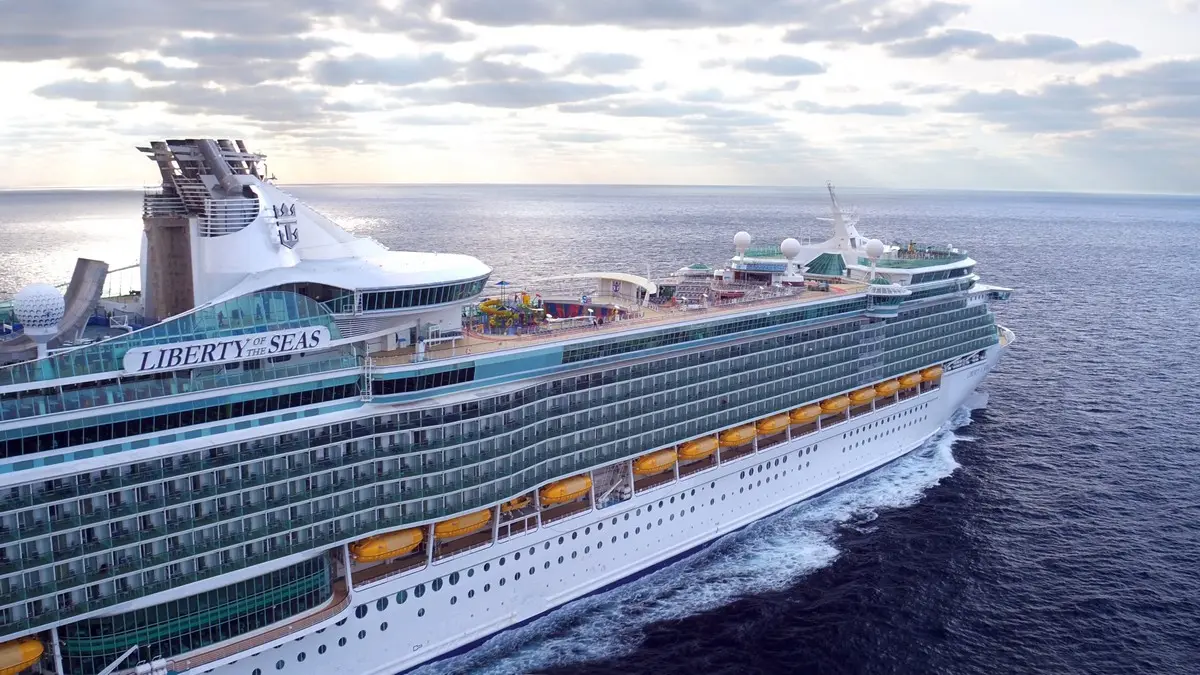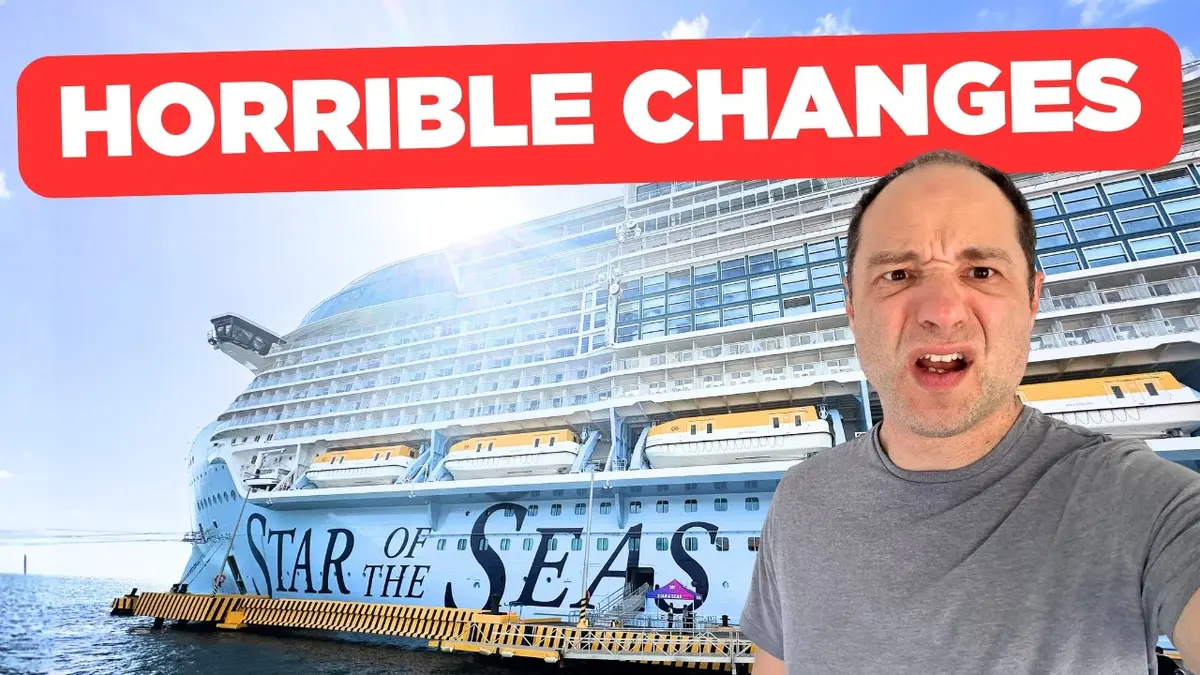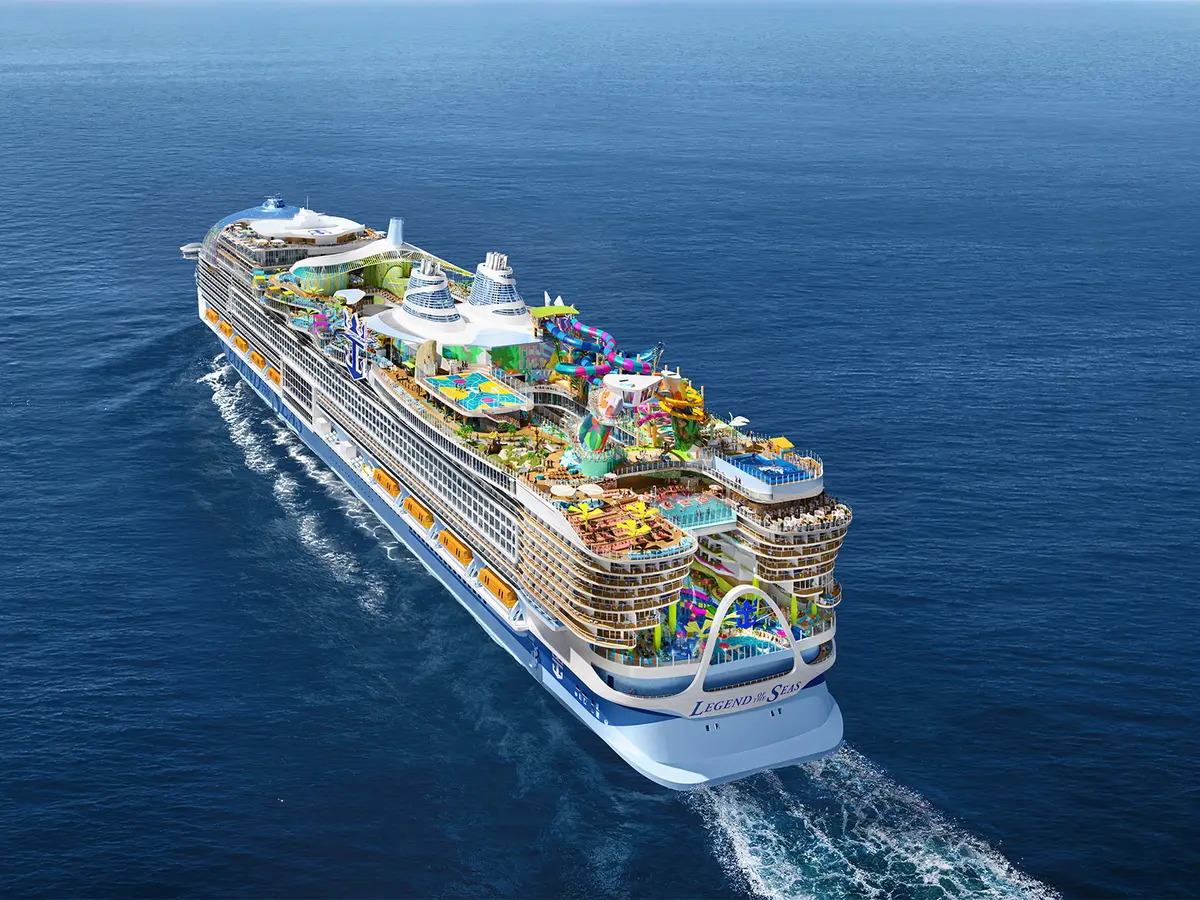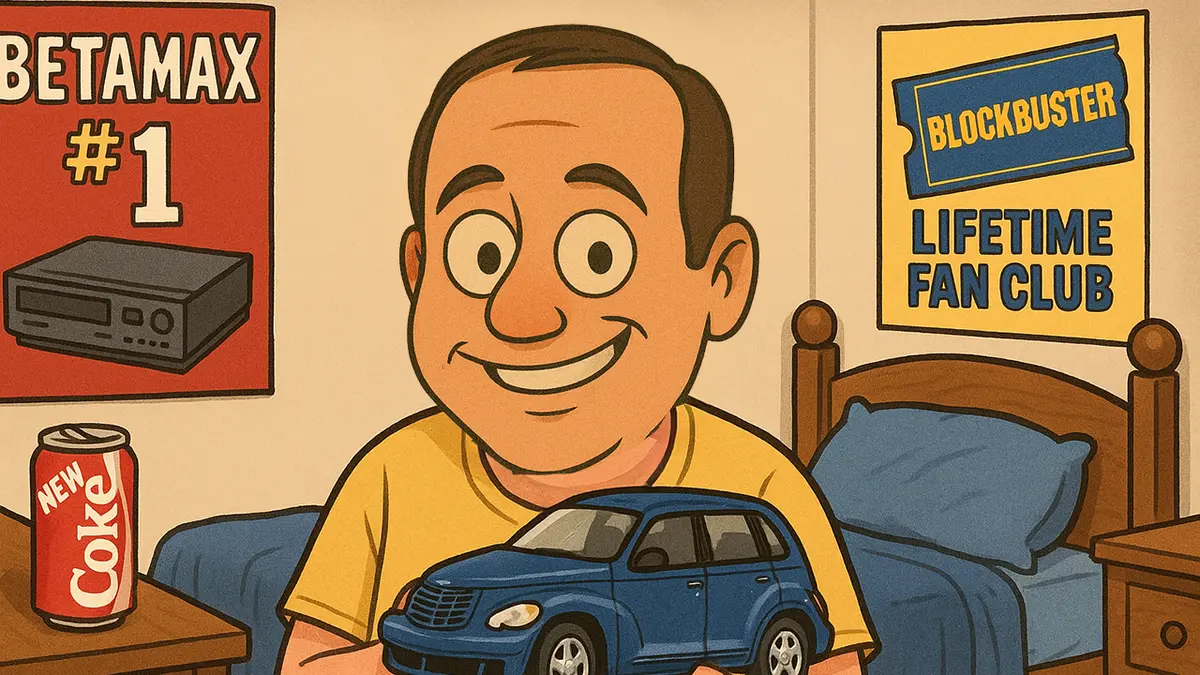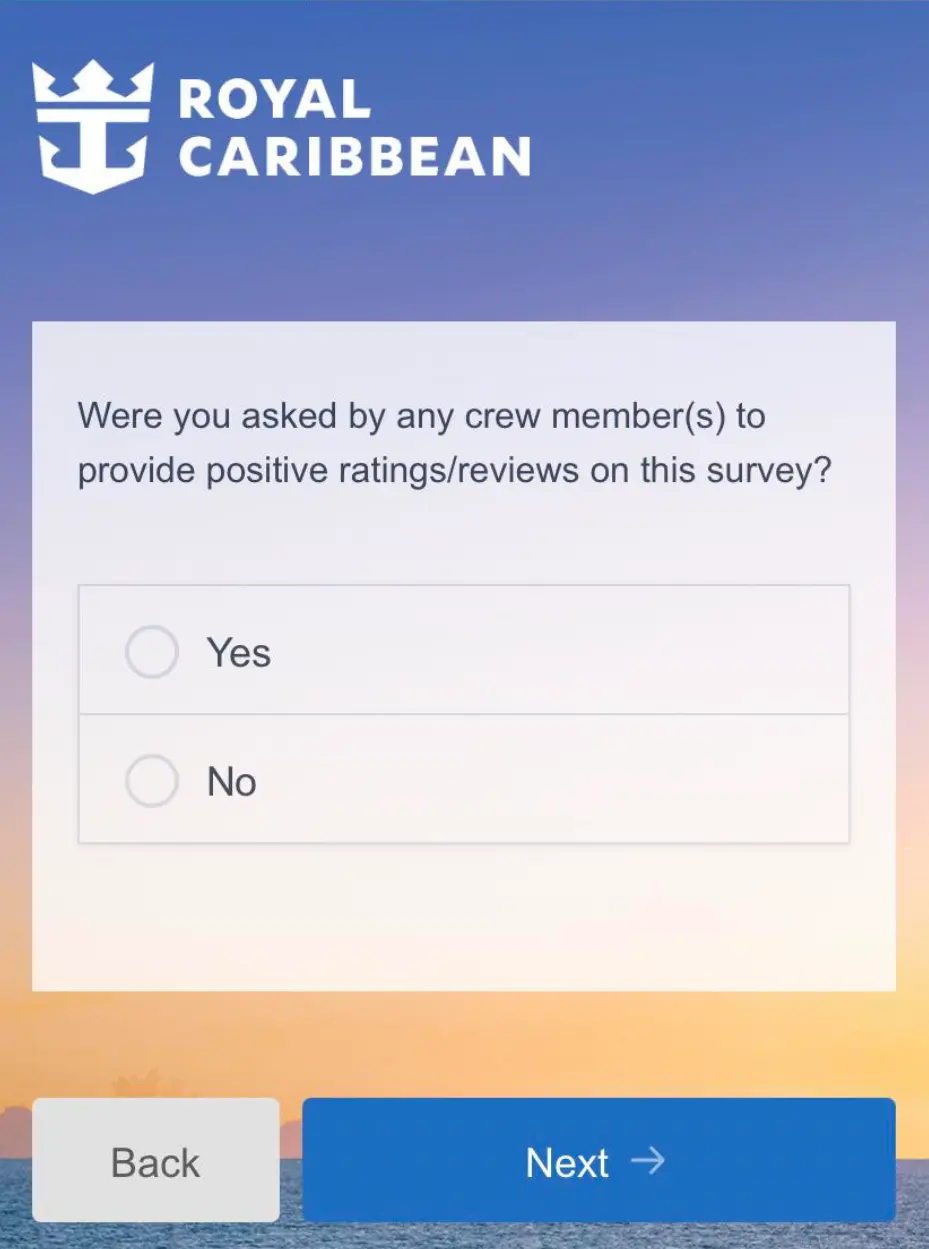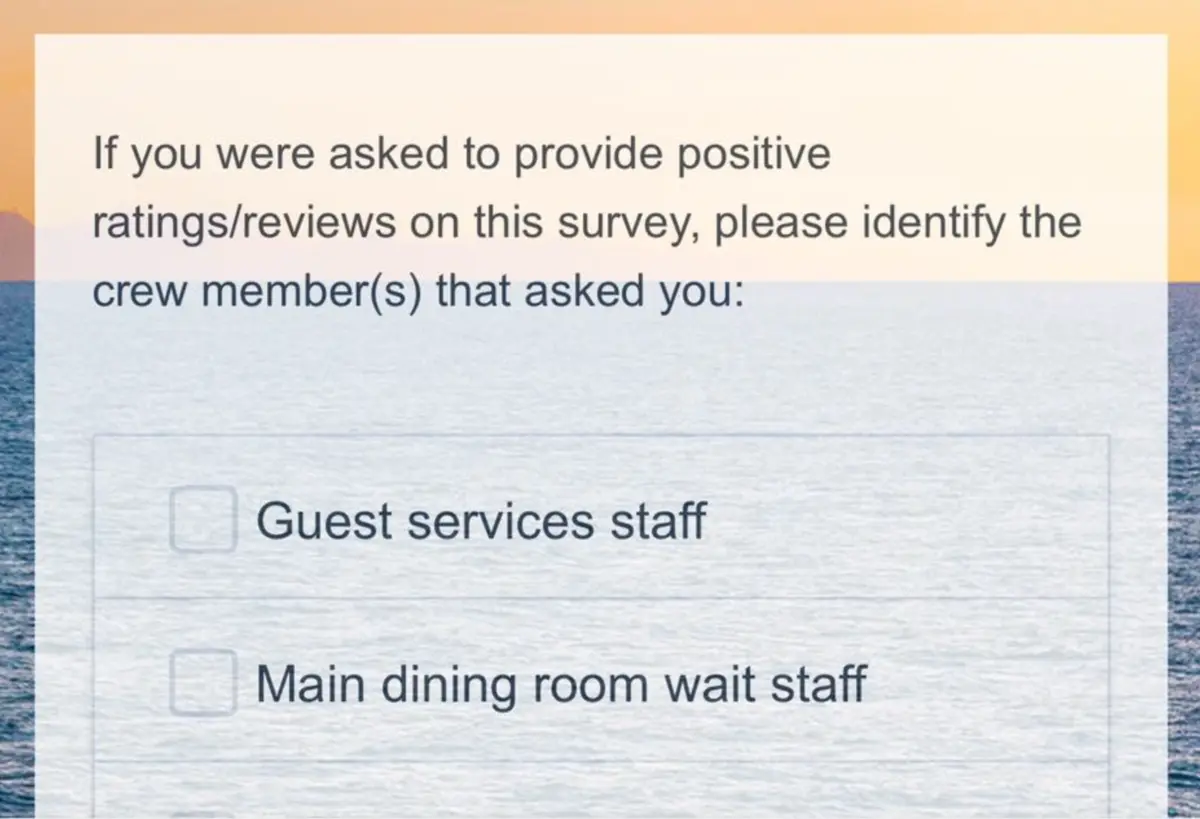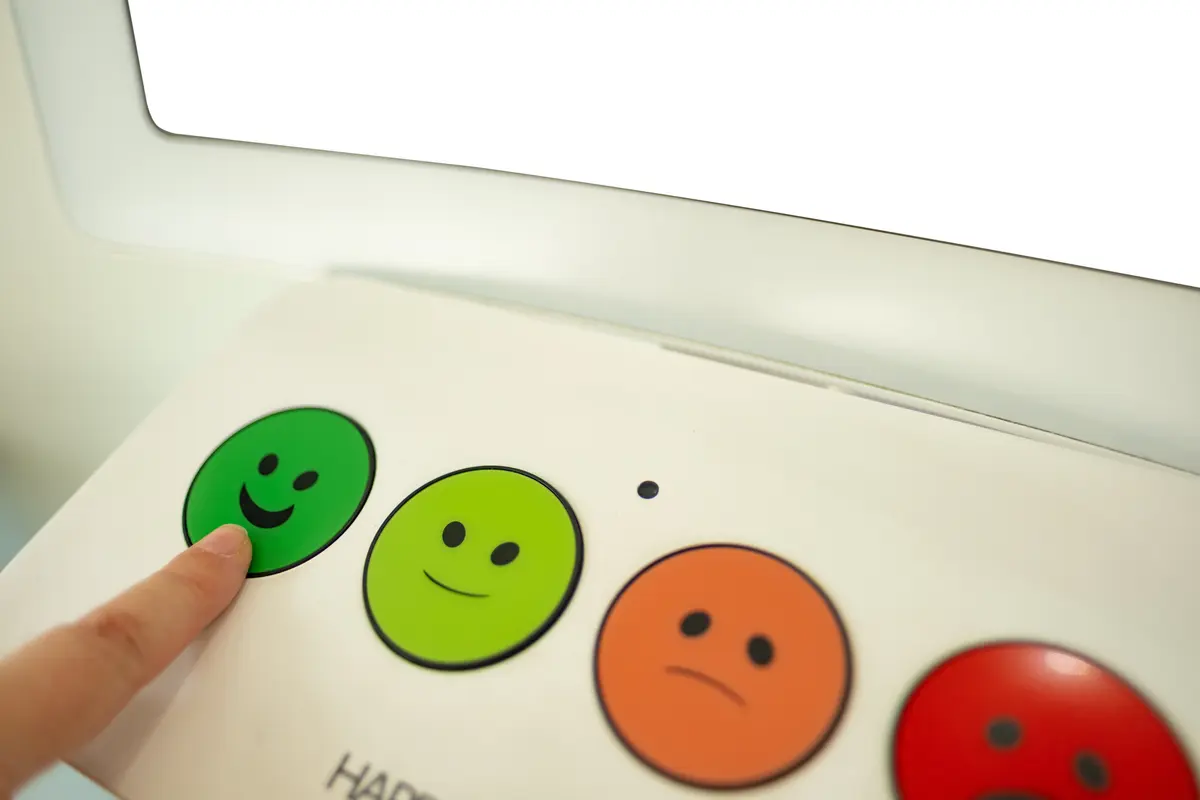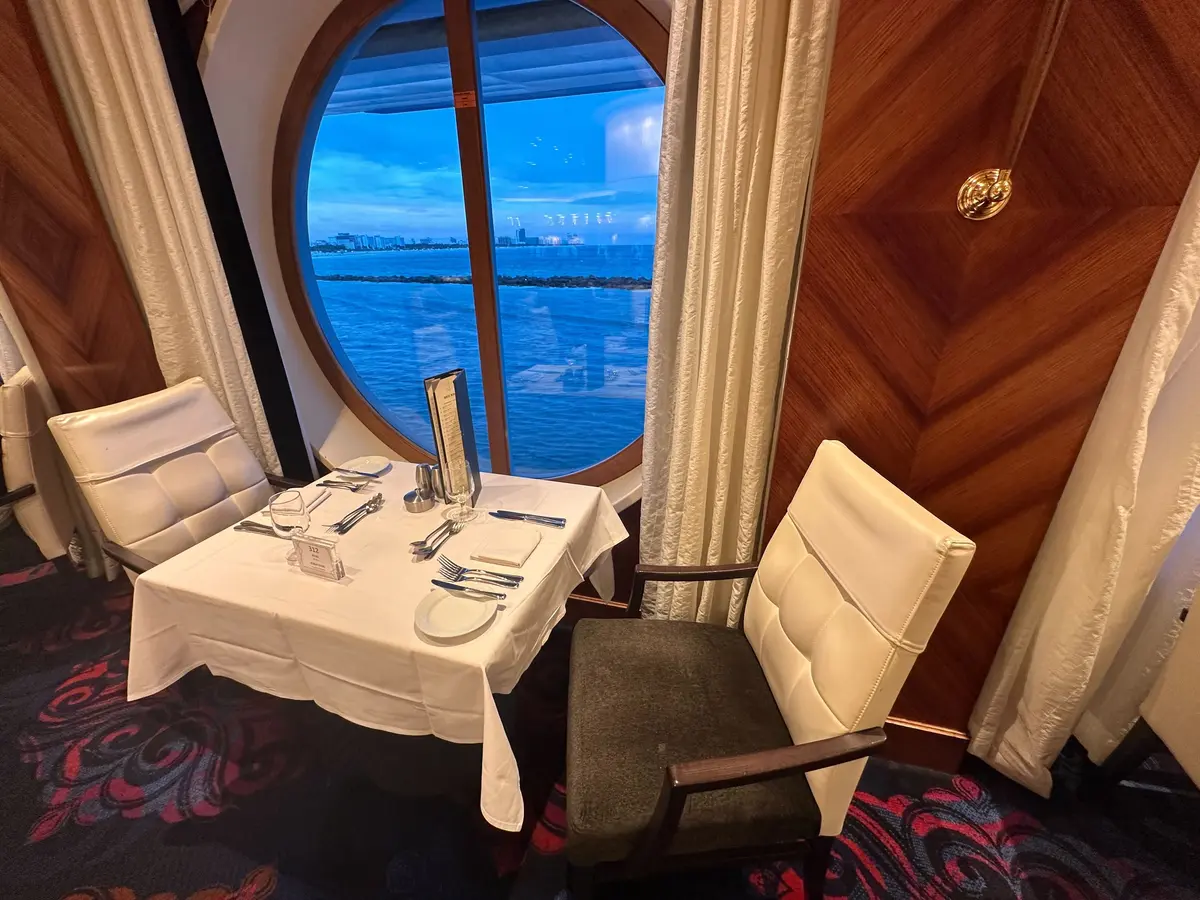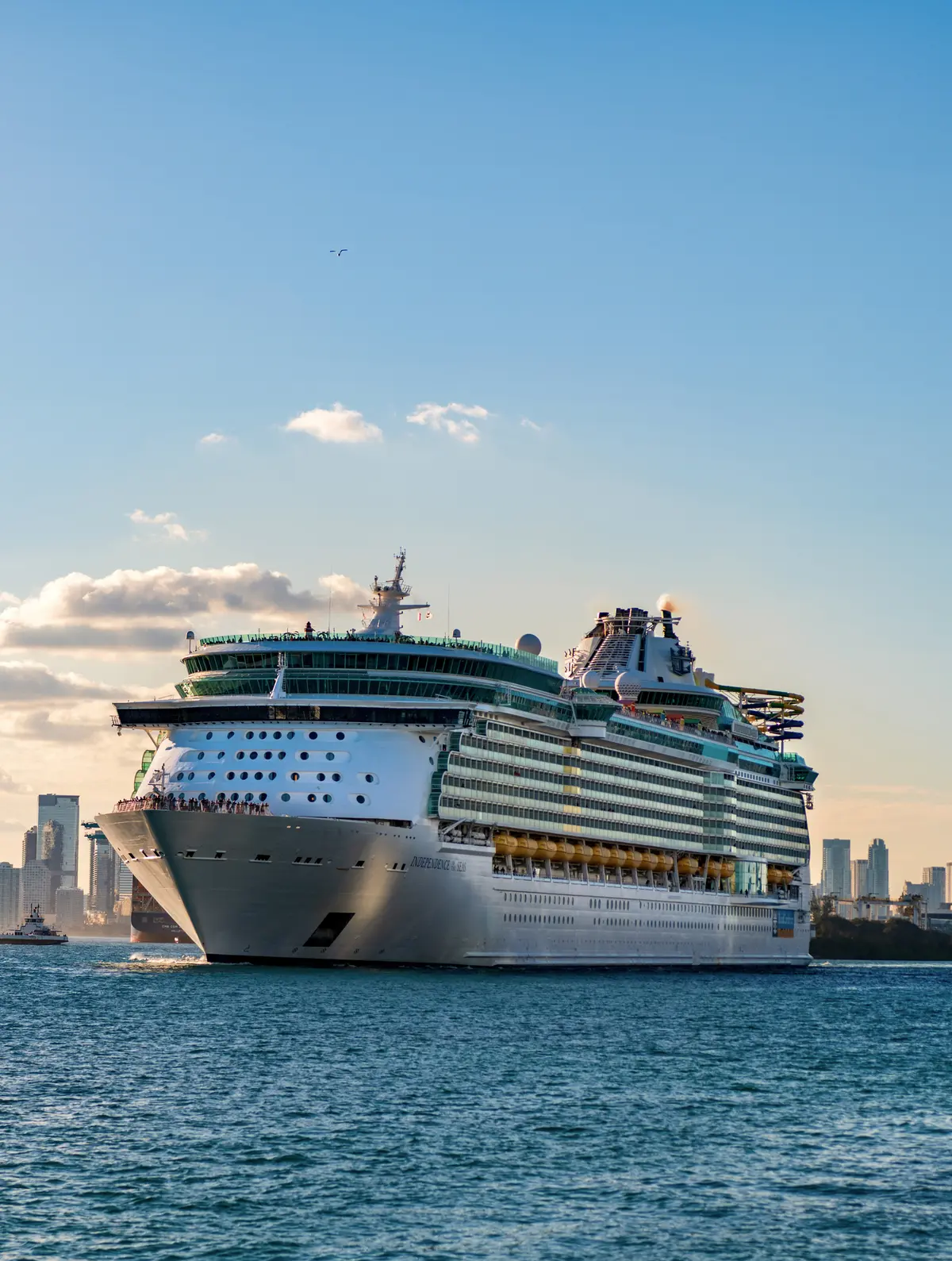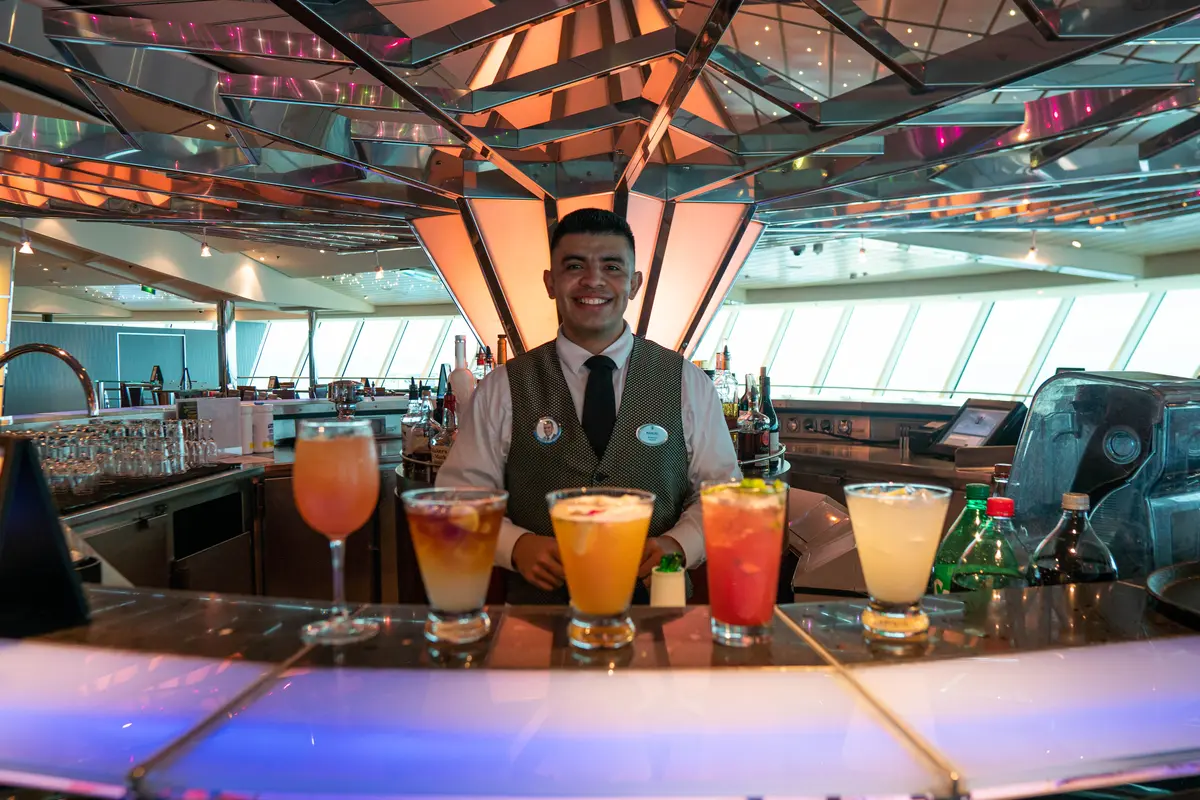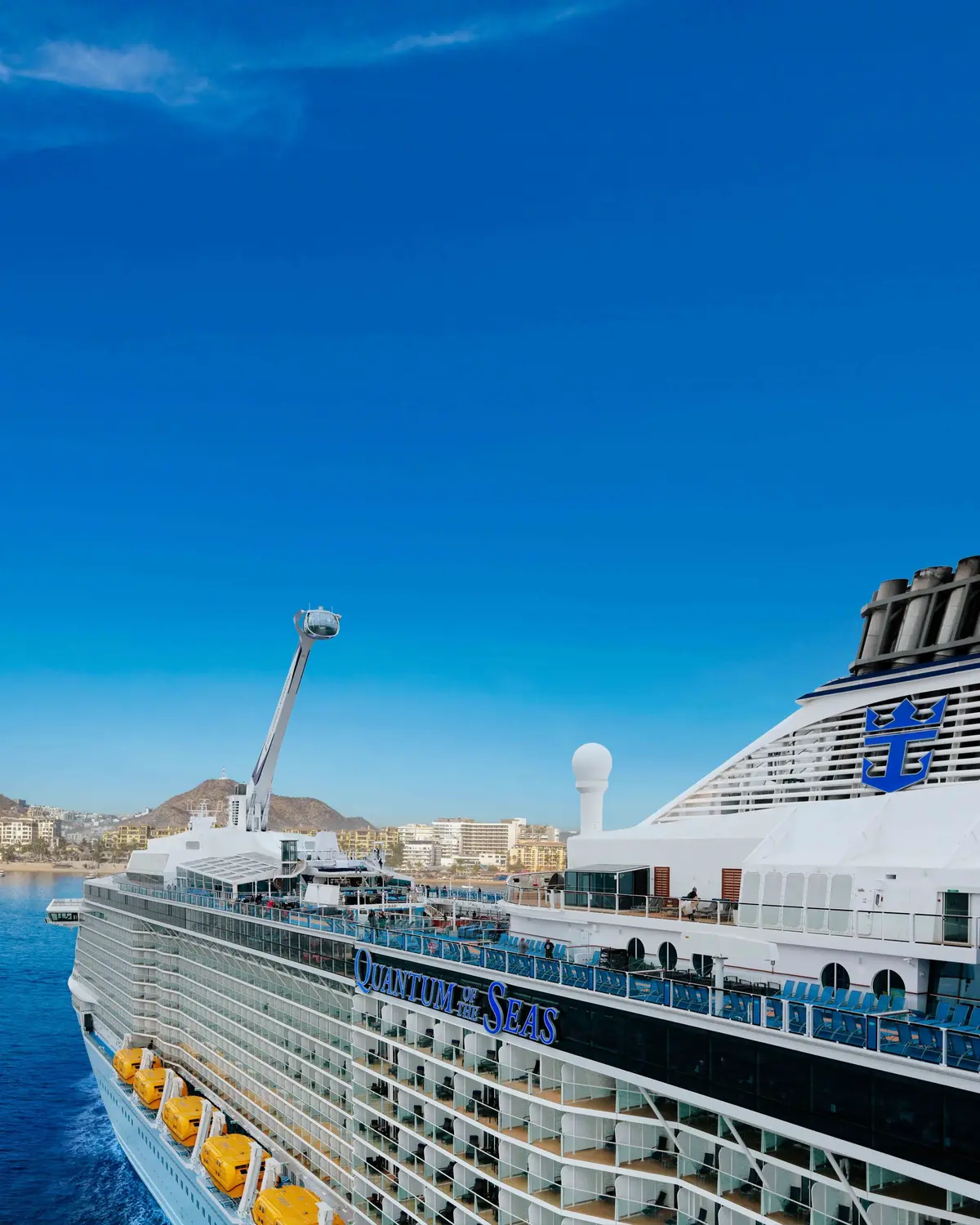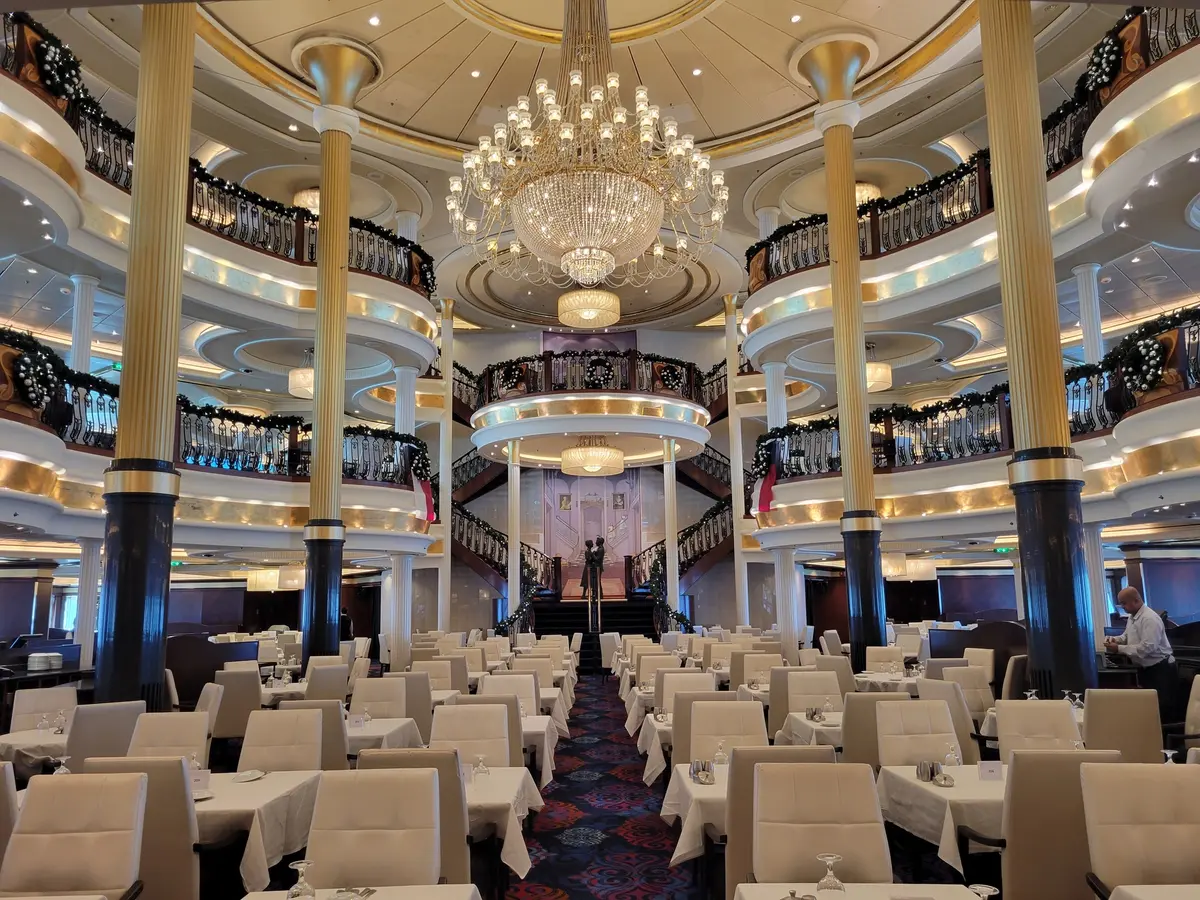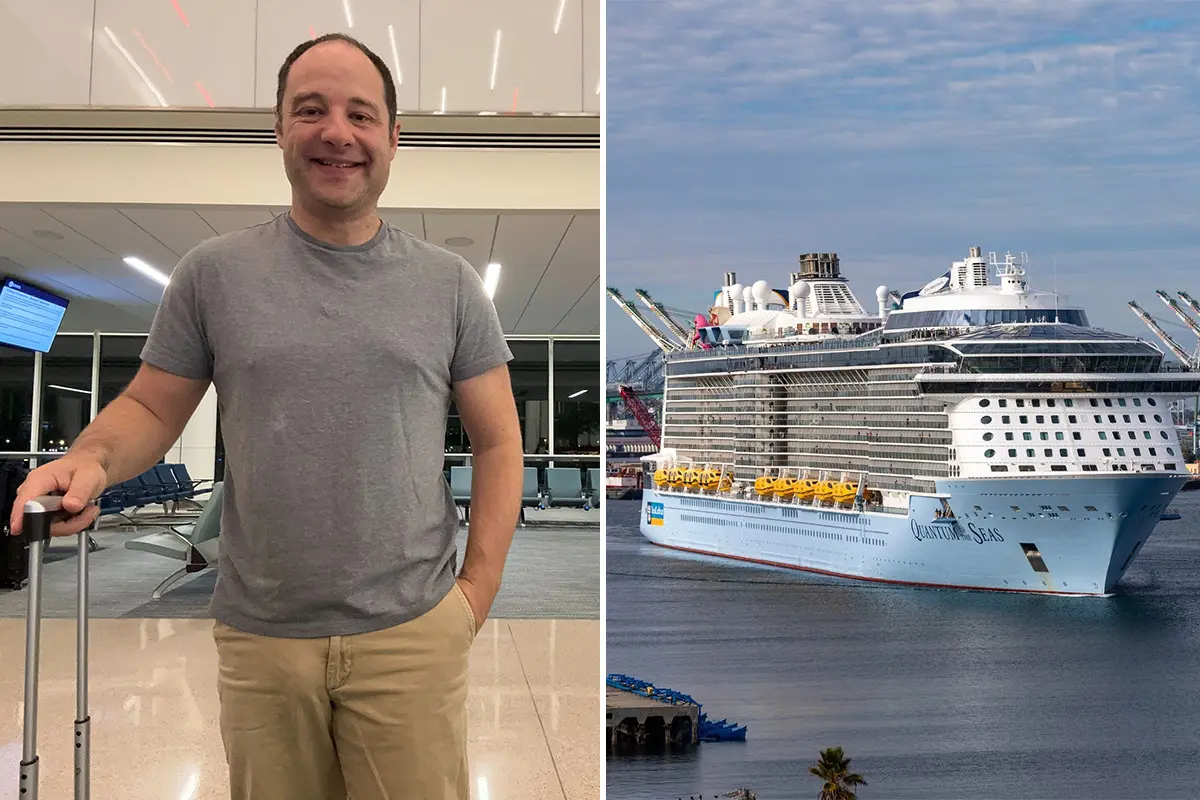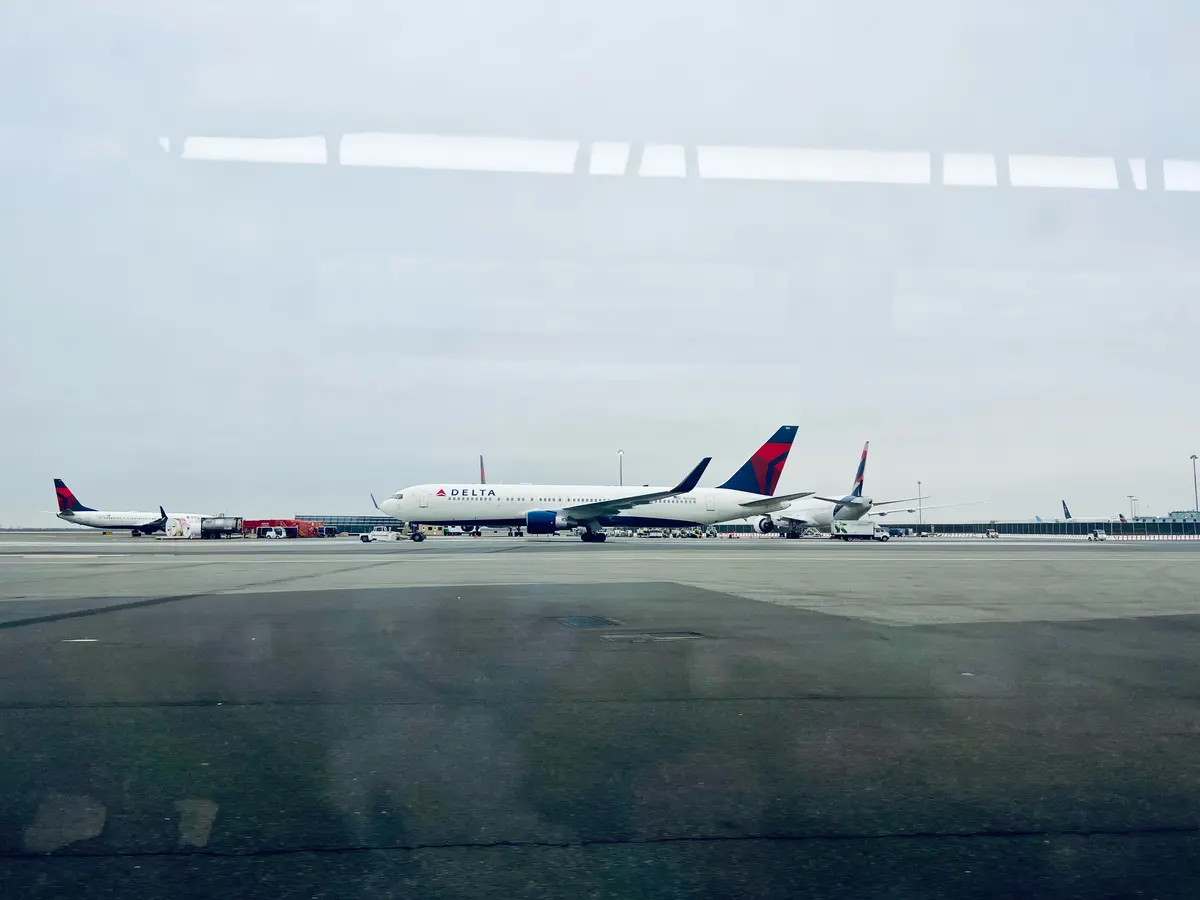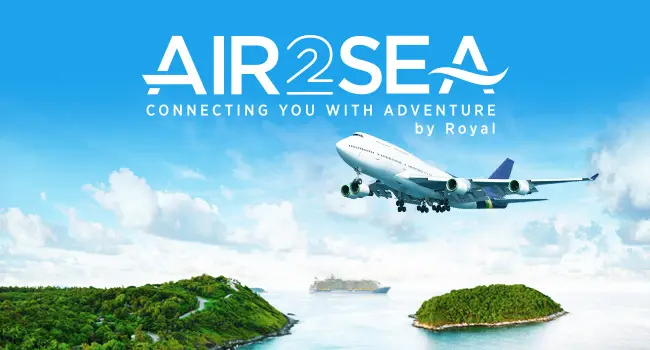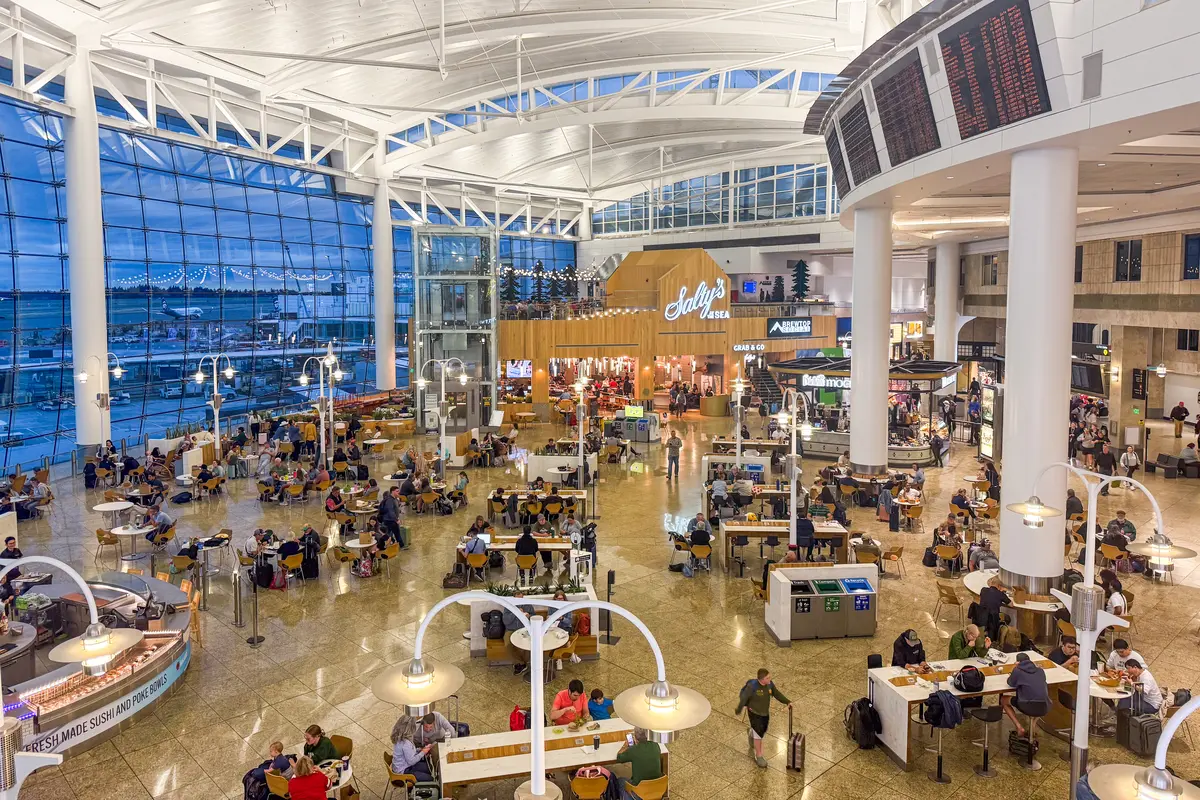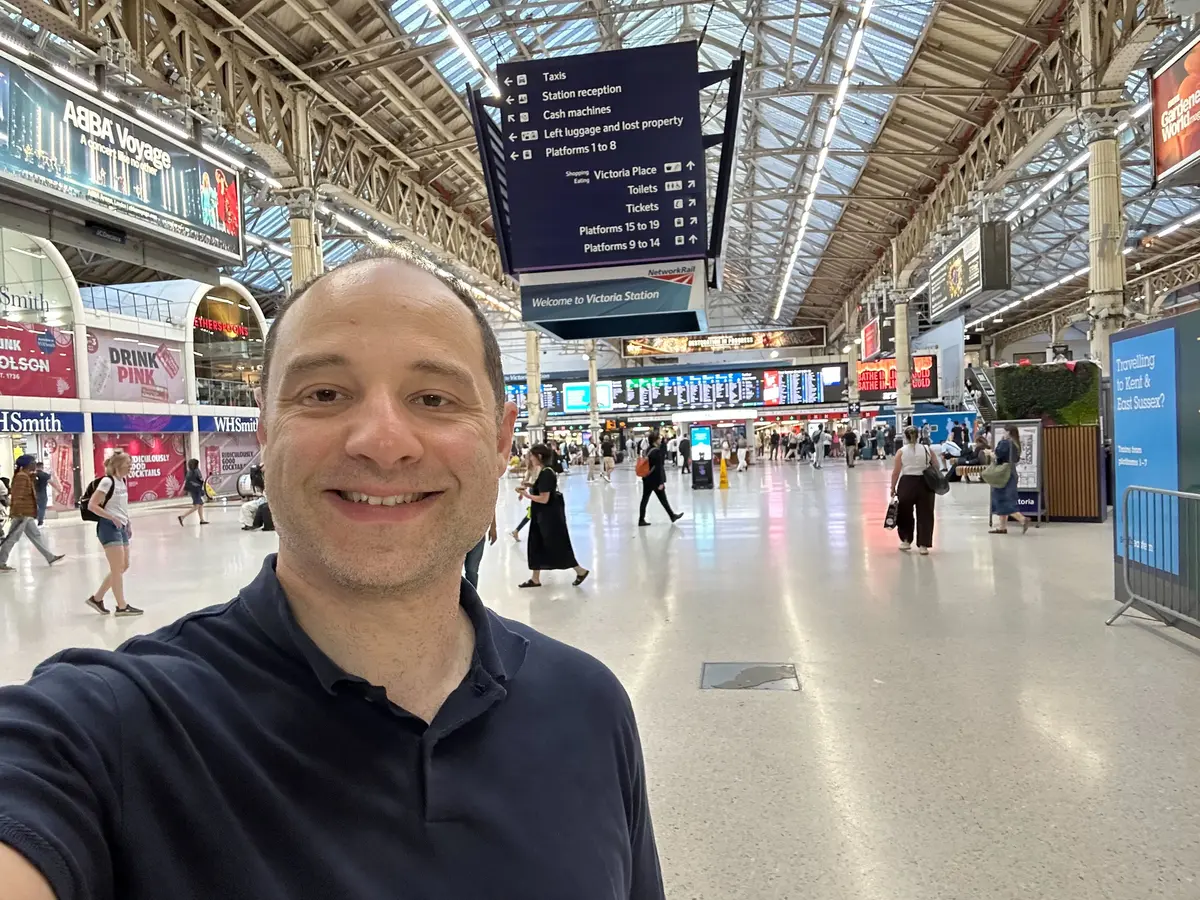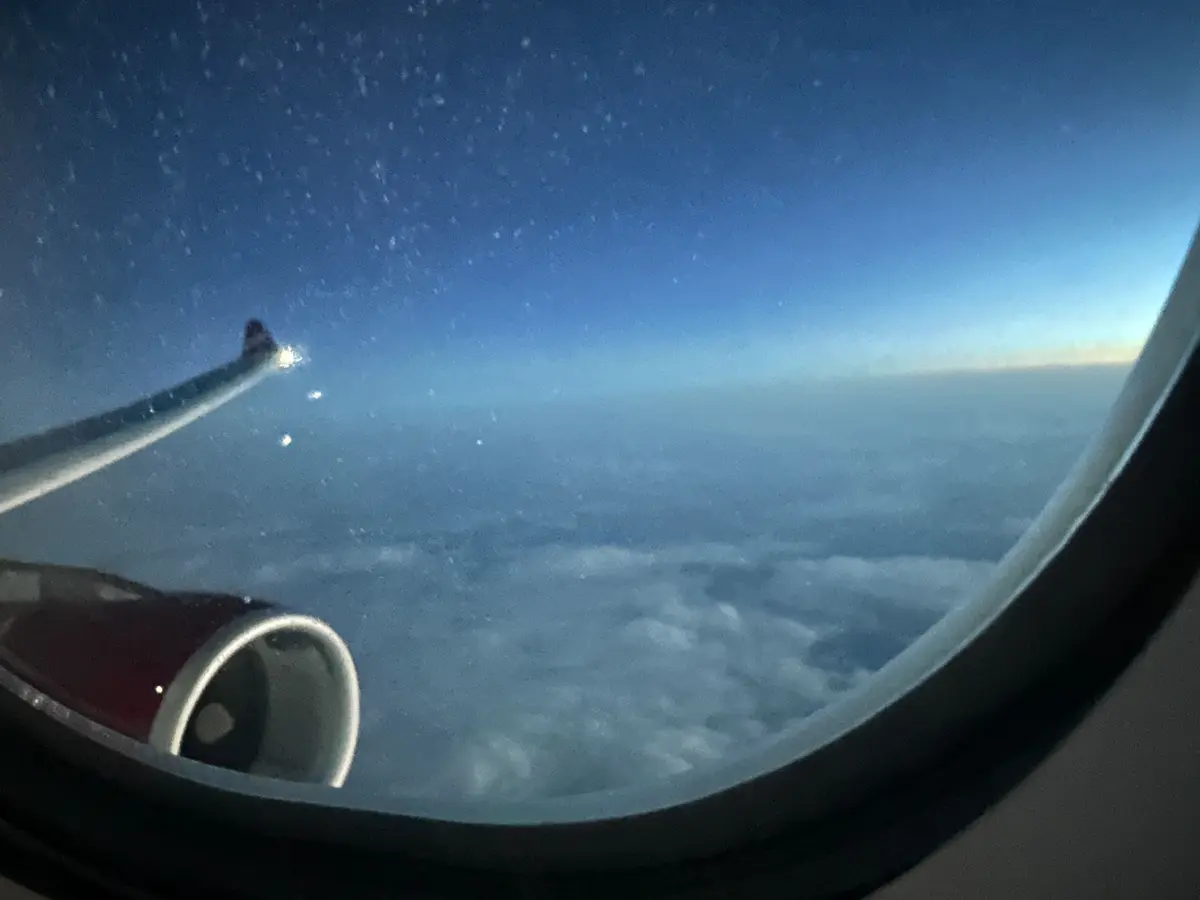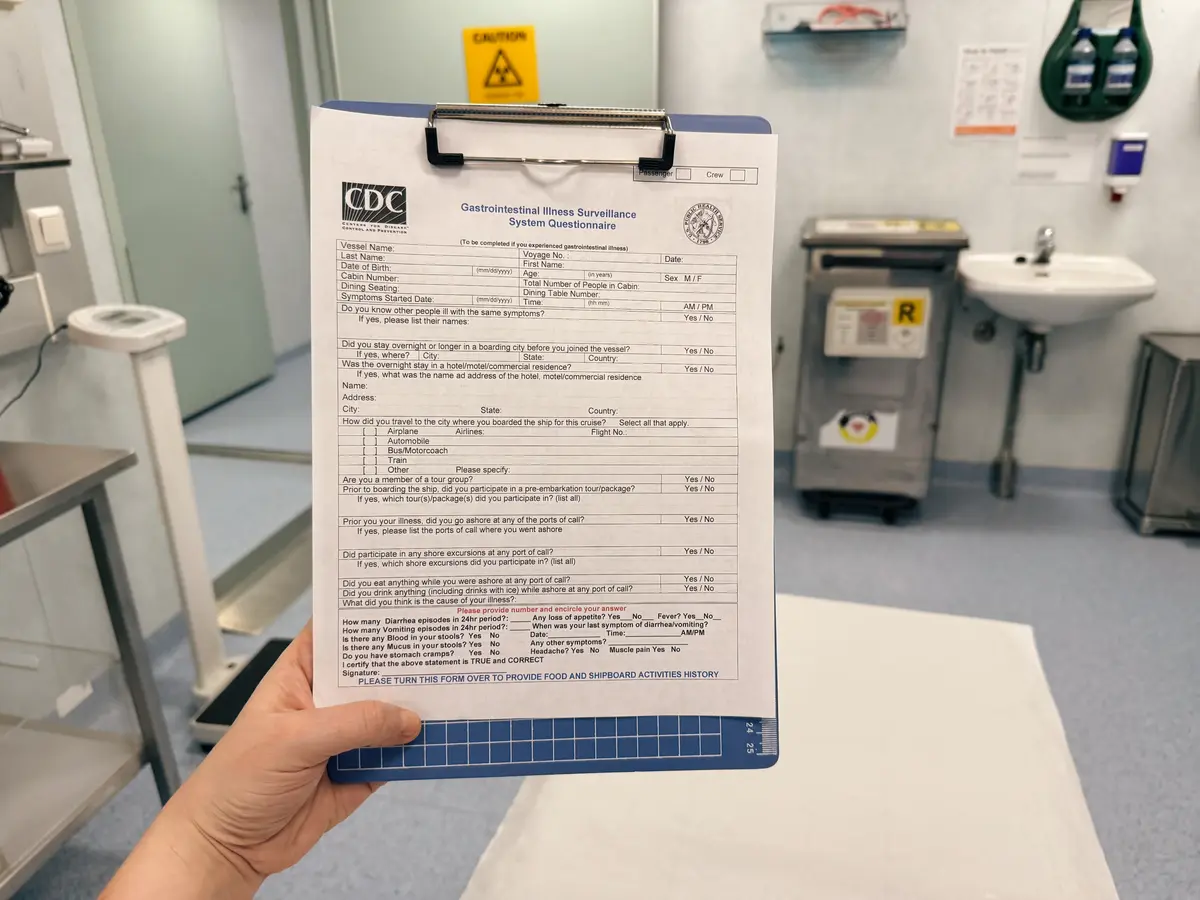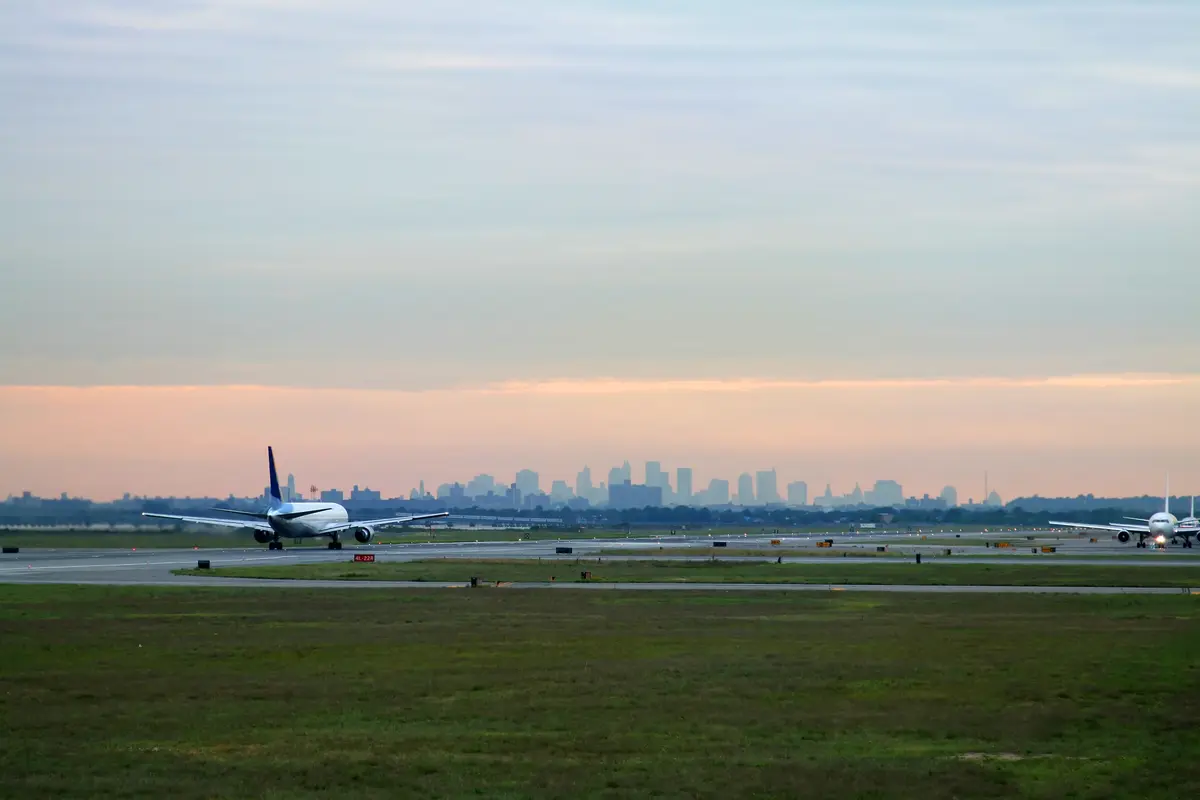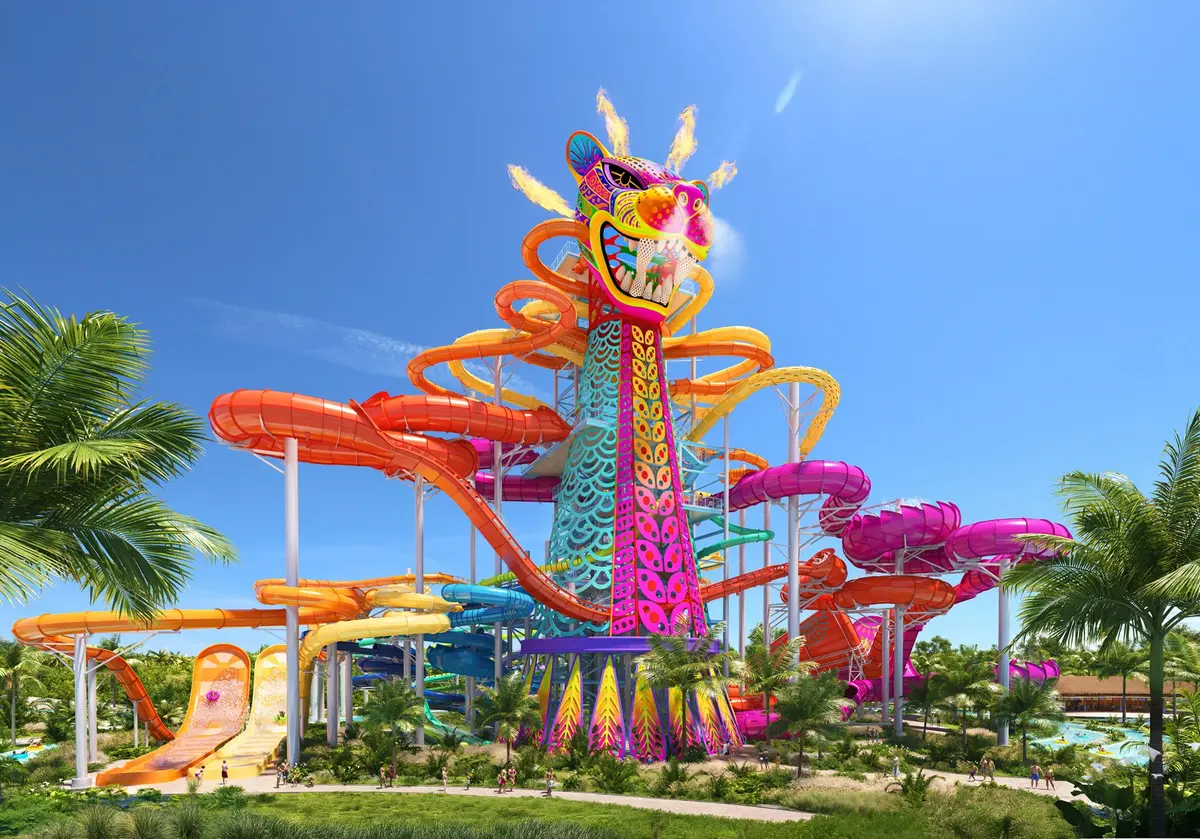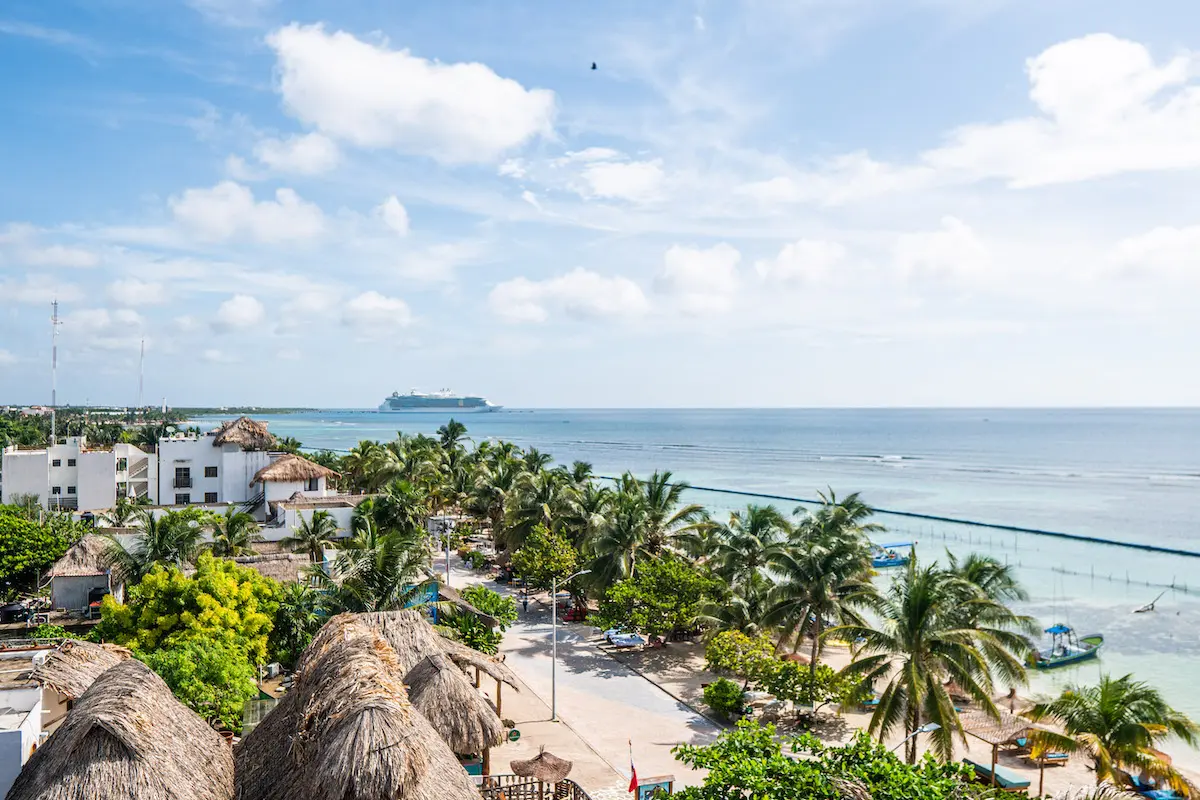Going on a cruise is an easy way to travel, but first timers are bound to have questions.
I recently sailed with a group of 100 influencers, media, and vloggers aboard Royal Caribbean's Wonder of the Seas. Our group chat was filled with excitement, karaoke seeking validation, and a lot of first time cruise questions.
I think it's natural to have questions, especially once you get onboard the ship. I know when I've traveled to a new country or region I'm never totally certain what to expect.
I compiled all of the newbie questions so someone else new to cruising can benefit from knowing the answers before they board.
How to do muster drill
Before any cruise can begin, an important safety drill is required of every passenger sailing.
It's called the muster drill, and it's similar to the spiel you hear on an airplane before it takes off. You need to know what to do and where to go in case of an emergency.
One person wrote in the chat, "What was the thing we need to do check into before 4pm otherwise they call us out over the intercom."
They're right that you need to complete it before sail away, but it's really quick and easy.
With the Royal Caribbean app downloaded, click the Safety icon in the bottom menu and then watch the safety video and listen to a recording of the ship's emergency signal.
The last step is to go to your muster station and check-in.
Your muster station location is listed in the app as well as on the back of your stateroom door. You can ask any crew member for help finding where your muster station is located.
When you arrive at your muster station, a crew member will scan your SetSail pass (or SeaPass card) and confirm you know what to do in case of an emergency.
That's it! You can knock it out quickly in just a few minutes and avoid being paged over the entire ship's public address system!
How to connect to Wi-Fi
As you might imagine, influencers are going to want to be connected to the internet and I've seen plenty of people struggle with it.
It's not complicated, but somewhat confusing how to get started. This is evidenced by the usual line of people on embarkation day at the Voom desk.
Connect your device to the ship's Wi-Fi network and you'll be given a prompt to either just use the Royal Caribbean app and have no internet access, or create an account for internet access.
Whether you prepaid for an internet package or want to buy it onboard, you need to first create an account. This is your login for how you can switch devices later.
After creating an account, you'll have the choice to leverage the prepaid package you have or buy access on the spot.
Another question was can only one person be connected to Wi-Fi, and the answer is you can have as many devices connected at once as included in your package.
If you bought a one device package, you can have one device connected at at time. But you can log out of device one and then log in with device two. There's no restriction on people, so if you want to let your spouse, friend, or vlogger friend use your account, you can share the login with them.
Are drinks in pineapples included in a drink package?
It's so tempting when you walk on the pool deck to order a pina colada that comes in a pineapple, but that will cost you extra.
Your Royal Caribbean Deluxe Beverage Package includes most drinks on the ship, but souvenir glasses or specialty drinks that come in fruit are not included.
If you order a drink served in a pineapple, you would only pay the difference for the pineapple. The drink package covers the actual beverage part, so you would pay the difference to cover the souvenir cup or fruit creation.
Do I need to carry photo ID?
In addition to your SeaPass card, someone asked if they needed to have their drivers license or passport with them while around the ship.
You definitely do not need to carry ID with you, as the ship has all your pertinent information associated with your SeaPass account.
With a scan of your SeaPass card, they can verify your name, age, and who you're cruising with. In short, your room keys act as ID.
Does the ship accept Apple Pay?
Royal Caribbean ships are cashless, and you cannot use a credit card or tap to pay either.
Every transaction is done via your SeaPass card. You cannot use Apple Pay, Google Pay, or a credit card for a specific transaction onboard.
"I checked and every single show is sold out for the entire cruise"
After boarding the ship, one person in our group was surprised to discover all the shows were already sold out for the sailing.
The truth is you need to prebook entertainment before the cruise begins. About a month before the sailing, you should be able to make reservations for any of the shows on Royal Caribbean's bigger ships.
There's no cost to make a reservation.
If, however, you find yourself in the same situation as this person and there are no more reservations left, there is always a standby line you can go to about 20-30 minutes before the show begins.
The reality is a lot of cruisers will make pre-cruise reservations for shows, but when it comes time for the show, they don't go because they're busy doing something else.
This is why the standby line usually works. But you'll want to arrive early to ensure you can get in.
Where is the shampoo and conditioner?
I think a lot of first time cruisers are genuinely surprised by the lack of included toiletries in standard cabins.
"Are the rooms supposed to have shampoo and conditioner? We can't find any," is what one person wrote.
Every cabin has a 2-in-1 shampoo and body wash in a dispenser that's inside the shower, but that's it. If you're in a suite, then they have upgraded toiletries that include shampoo, conditioner, body wash, and lotion.
My recommendation is bring your own toiletries, especially if you have special needs hair.
I always pack my own shampoo and conditioner for cruising, because the stuff provided isn't high quality. At the very least, it's not the same hair products you're used to at home.
Where can I get something for motion sickness?
I think the chances you will get seasick on a cruise ship are pretty low, but it could happen.
If you find yourself feeling queasy, then you can go to Guest Services and ask for medicine. Theoretically, they will provide you with free meds to take.
Personally, I prescribe to a "always be prepared" mentality, so I pack my own. Bonine or Dramamine work quite well and you can get it without a prescription.
What food and drink is included and what costs extra?
Perhaps the top question any new cruiser has is what food is free on Royal Caribbean and what will cost you extra.
There were questions throughout our sailing regarding if certain foods, drinks, or services were included with the cost of the cruise.
A Royal Caribbean cruise includes the basics, so you won't go hungry or thirsty onboard. But there's some food and drink that has an extra cost to it.
The exact specifics will depend on the ship, but there are few inclusions that are universal, regardless of ship:
- Main Dining Room
- Windjammer buffet
- Coffee shop with light snacks and pizza
- Water
- Milk
- Regular coffee and tea
- Flavored waters
- Hot chocolate (via instant packets)
- Lemonade
- Iced tea
This is a generalization, but the ship you sail on may have more options included.
When in doubt, you can ask a crew member before ordering what's extra.



